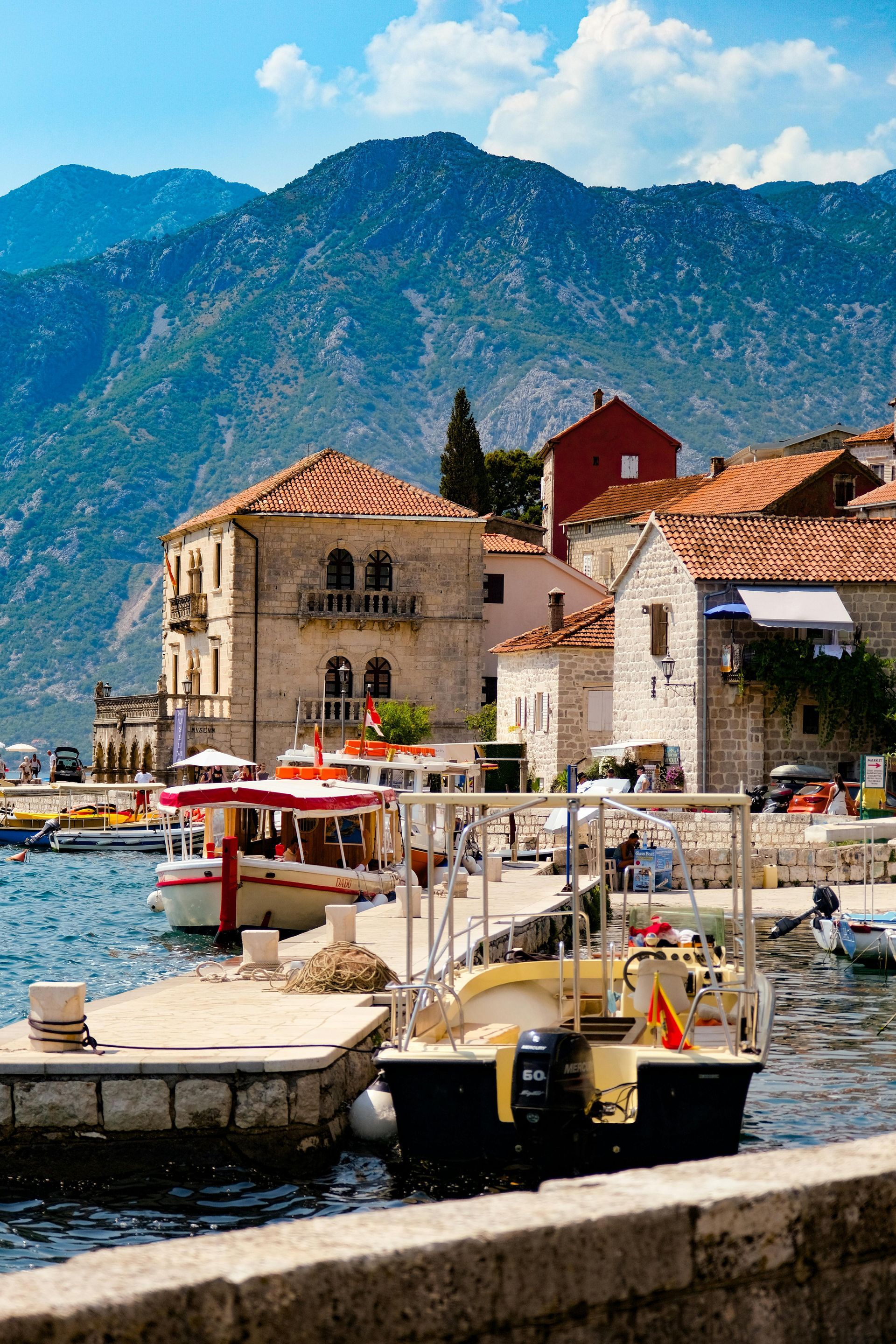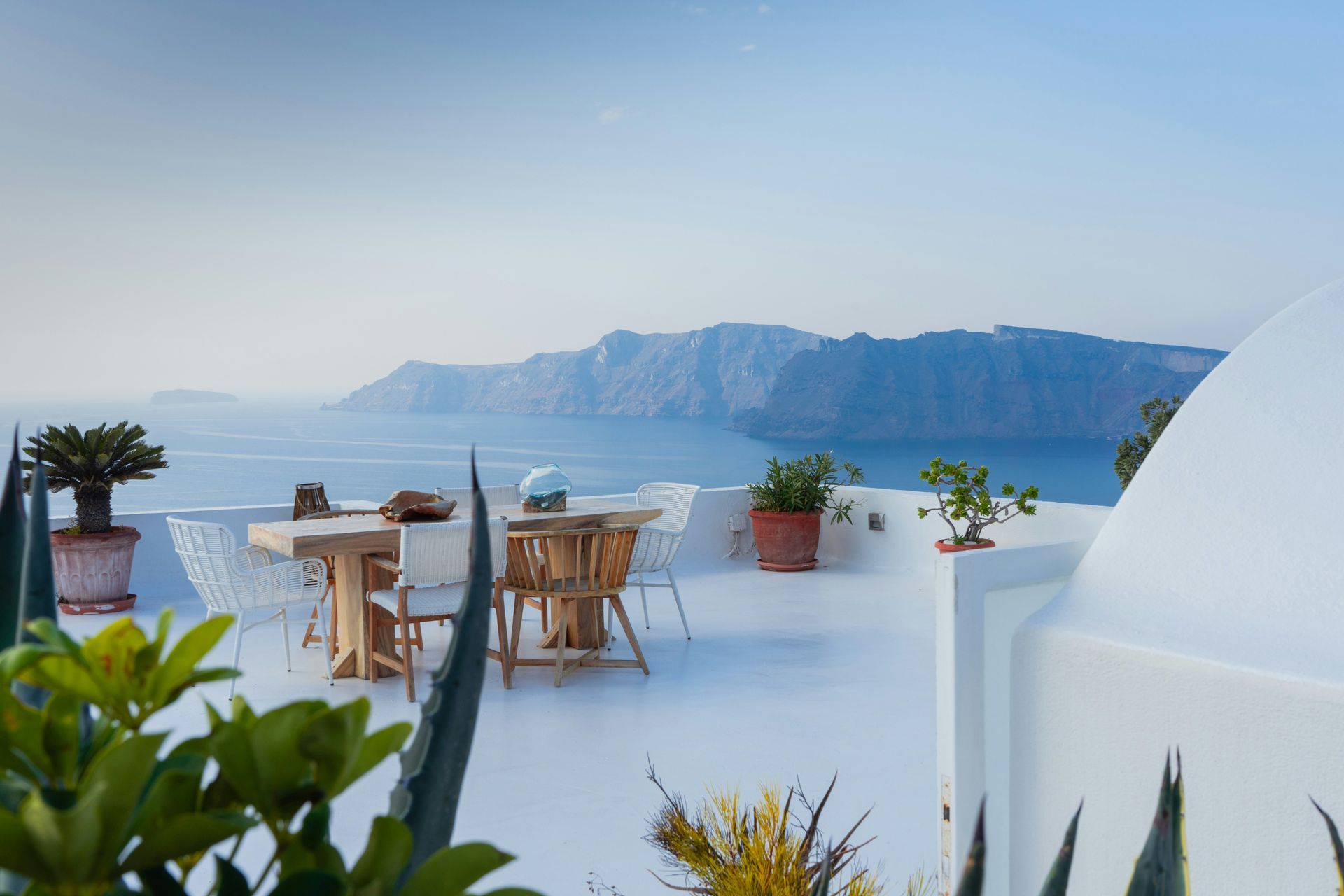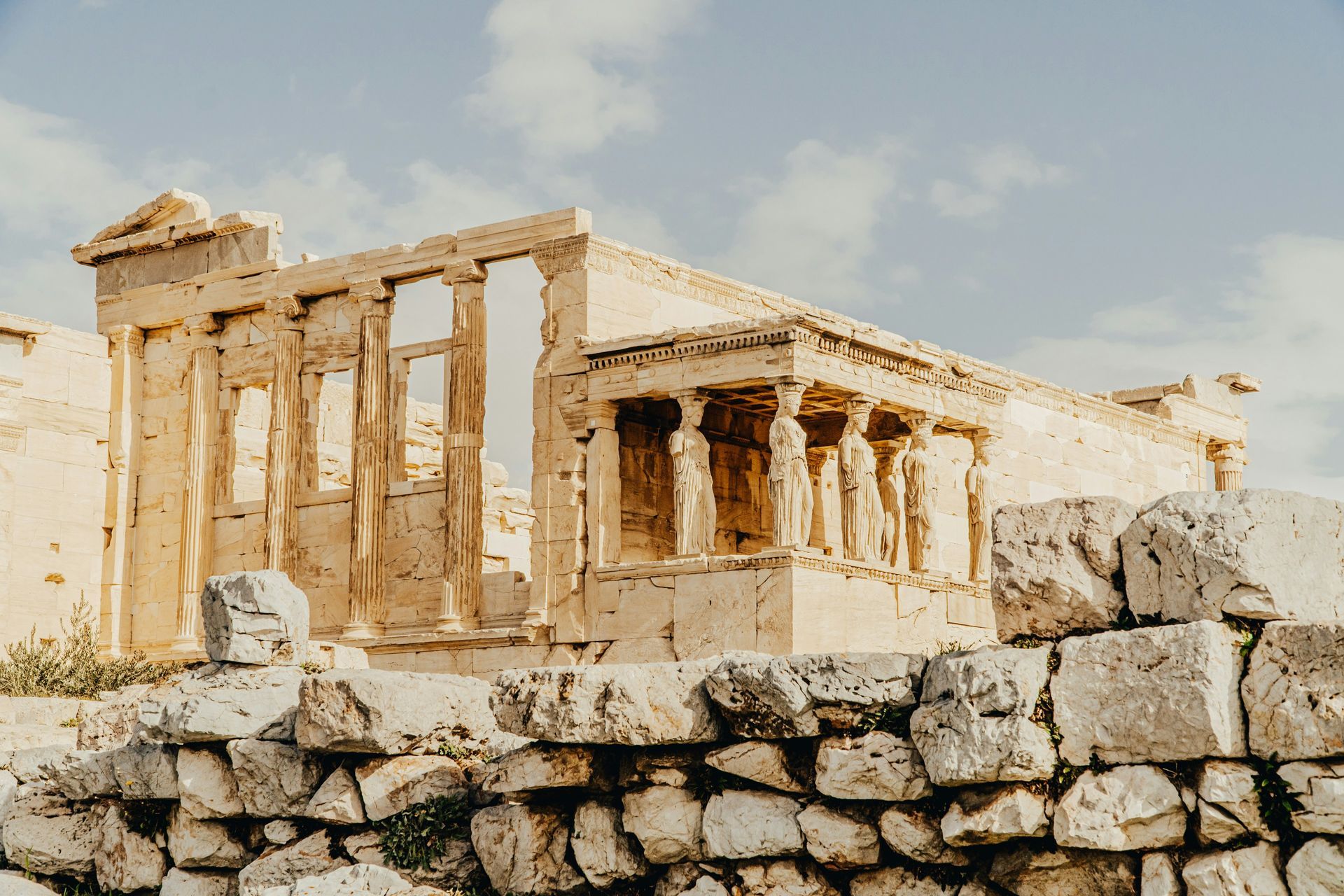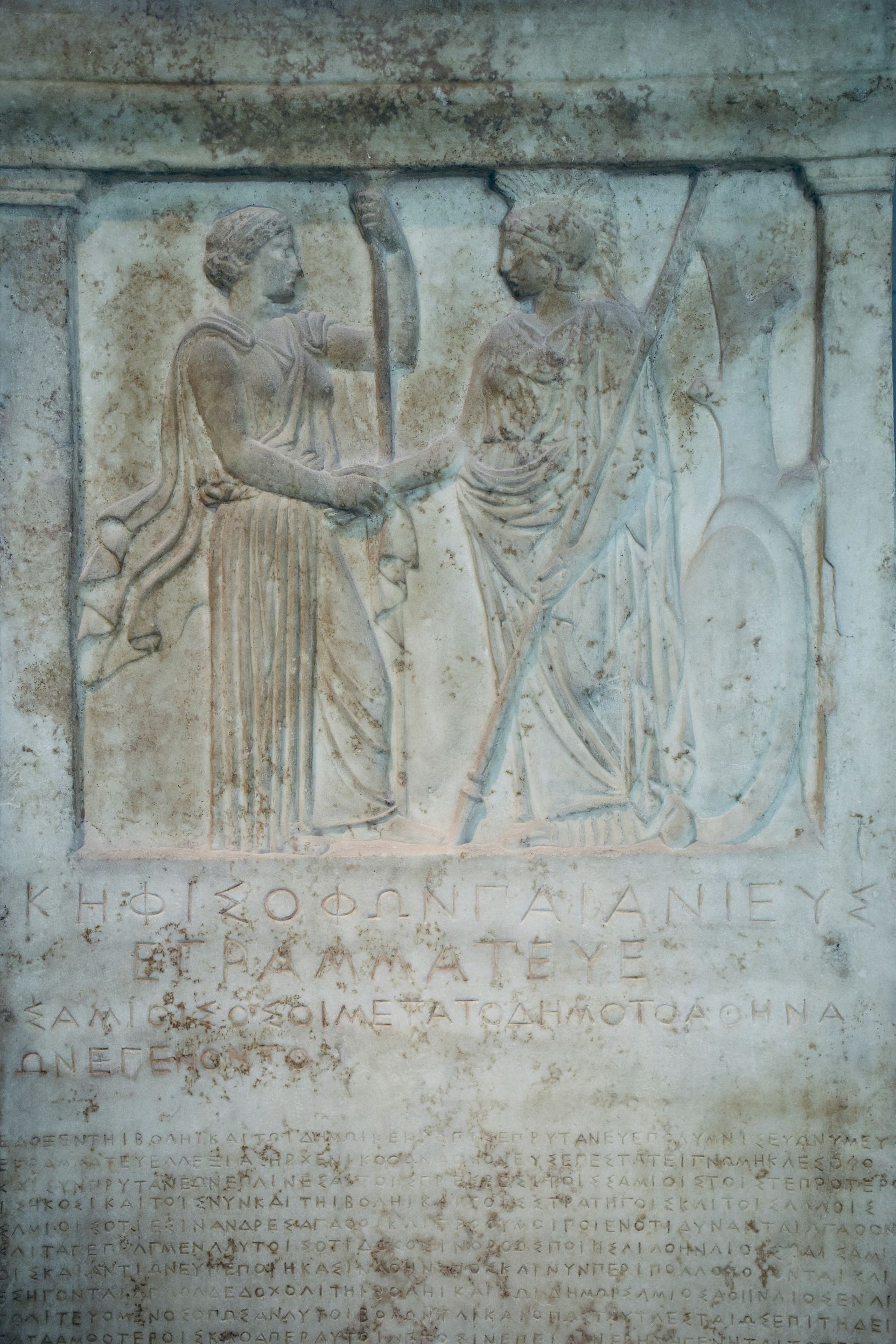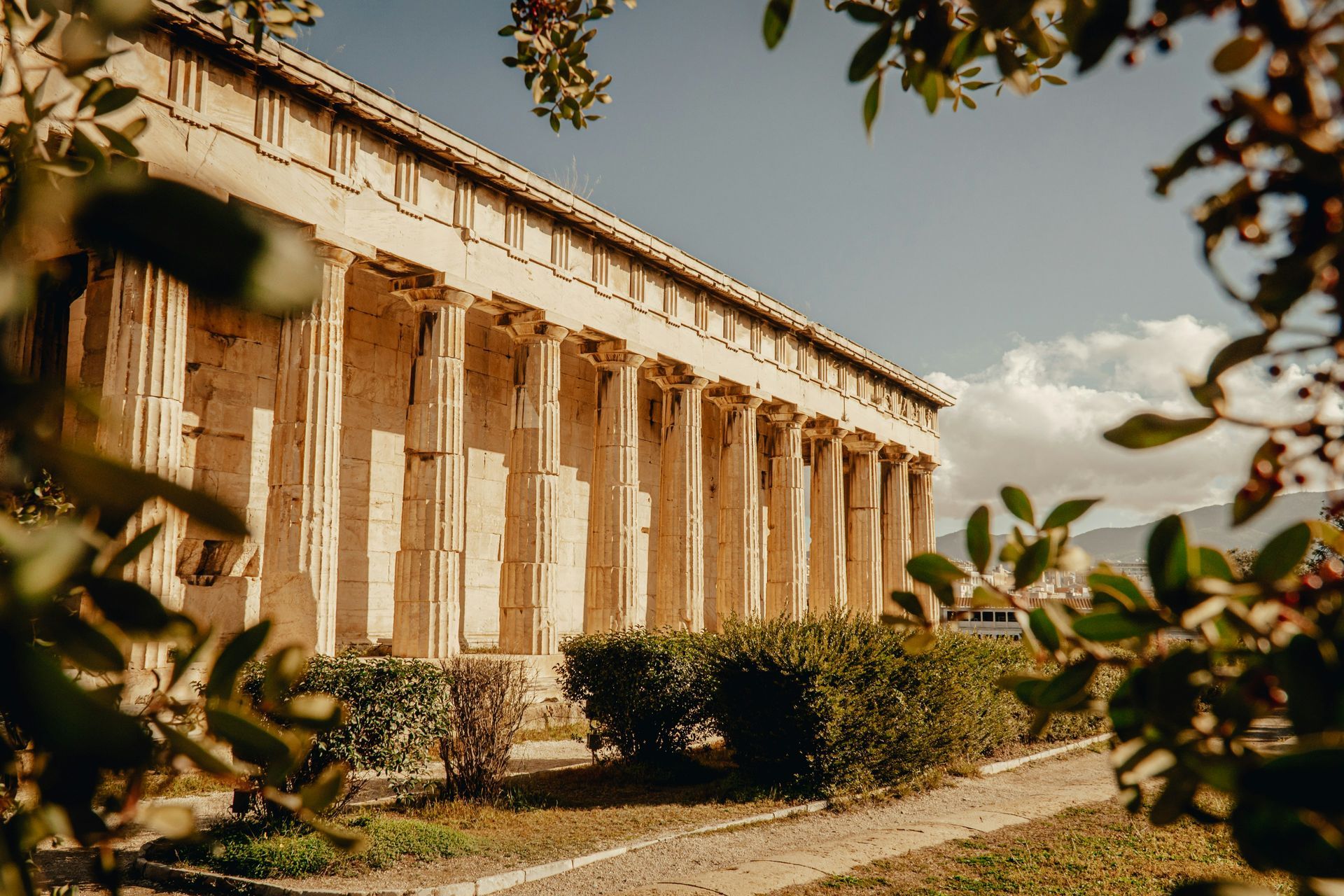Greece
From sun-soaked islands to ancient ruins and charming whitewashed villages, Greece is a destination that captures the imagination. Whether you're dreaming of sailing the Aegean, exploring the myths of Athens, or indulging in fresh Mediterranean cuisine by the sea, Greece offers a timeless blend of history, beauty, and vibrant culture. Let this stunning country inspire your next journey—adventure, relaxation, and unforgettable memories await.
Why Greece?
Greece draws travelers with its blend of ancient history, breathtaking landscapes, and warm Mediterranean spirit. From legendary ruins that echo the stories of gods and philosophers to sun-drenched islands and crystal-clear seas, it offers both discovery and relaxation. Its traditions of hospitality, flavorful cuisine, and lively festivals create experiences that are as enriching as they are memorable. Greece is a place where past and present meet, offering timeless beauty and endless inspiration.
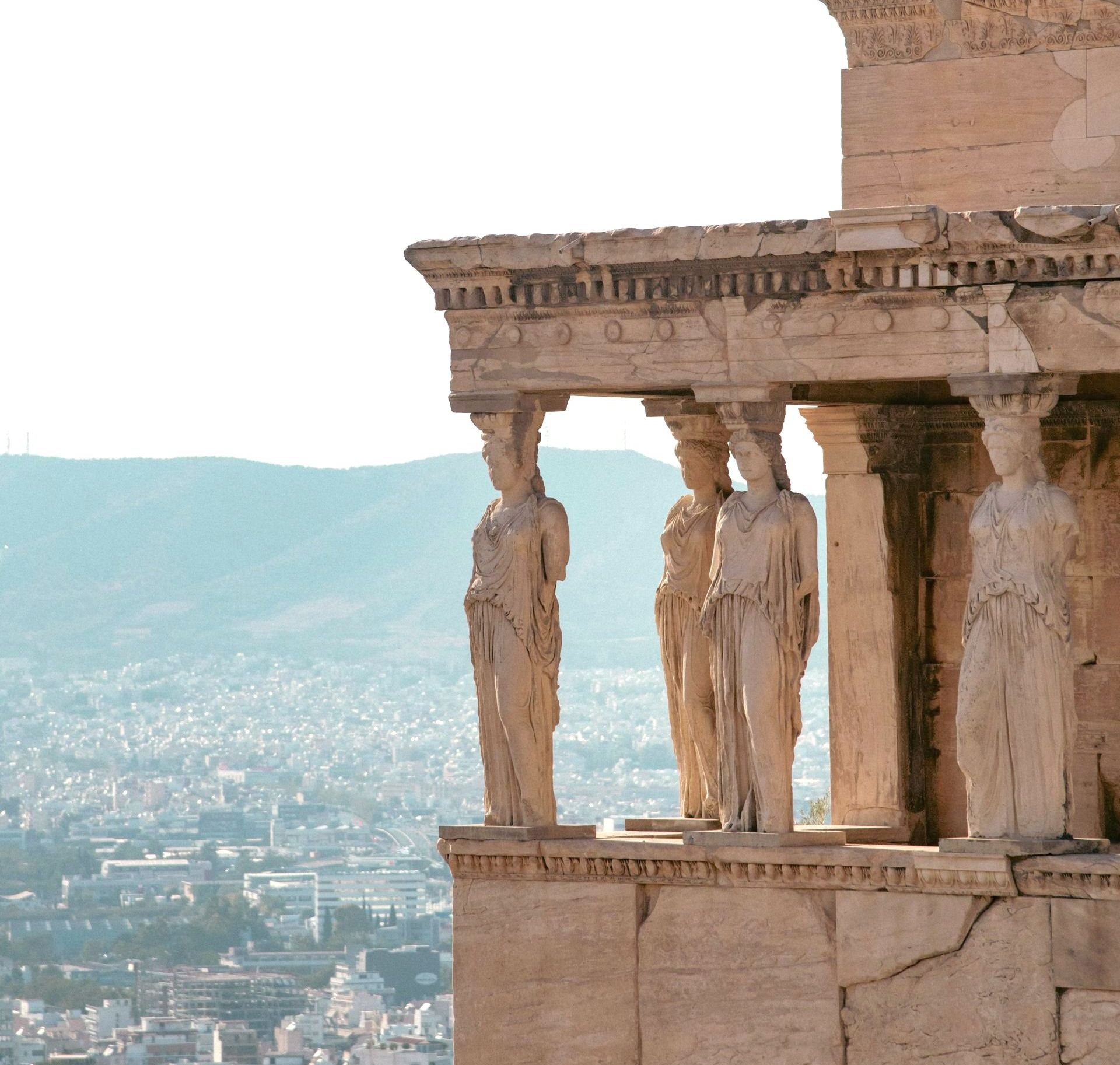
Land of the Gods, History, Myths, and Legends.
Known as the Cradle of Western Civilization, Greece is where democracy, philosophy, and the arts were born—and where ancient stories still shape the modern world. Step into a land where mythology comes alive and history echoes through marble temples and sun-drenched ruins. Walk in the footsteps of philosophers and gods, from the mighty Acropolis of Athens to the sacred oracle at Delphi. In Greece, every stone has a story, and every horizon feels touched by legend.
Why Greece?
Greece draws travelers with its blend of ancient history, breathtaking landscapes, and warm Mediterranean spirit. From legendary ruins that echo the stories of gods and philosophers to sun-drenched islands and crystal-clear seas, it offers both discovery and relaxation. Its traditions of hospitality, flavorful cuisine, and lively festivals create experiences that are as enriching as they are memorable. Greece is a place where past and present meet, offering timeless beauty and endless inspiration.

Land of the Gods, History, Myths, and Legends.
Known as the Cradle of Western Civilization, Greece is where democracy, philosophy, and the arts were born—and where ancient stories still shape the modern world. Step into a land where mythology comes alive and history echoes through marble temples and sun-drenched ruins. Walk in the footsteps of philosophers and gods, from the mighty Acropolis of Athens to the sacred oracle at Delphi. In Greece, every stone has a story,
and every horizon feels touched by legend.
Featured Itineraries
The Balkans
Collette Tour
Greek Island Cruise
Silversea Cruise
Greece, Malta, & Turkey
Celebriy Crusie
Featured Itineraries
The Balkans
Collette Tour
Greek Island Cruise
Silversea Cruise
Greece, Malta, & Turkey
Celebriy Crusie
The Greek Culture
Greek culture is a rich blend of ancient customs and modern Mediterranean spirit. Family is at the heart of society, and multi-generational households are common, with strong respect for elders and tradition. Hospitality (philoxenia) is a deeply held value—guests are treated like family, often welcomed with homemade food, coffee, and conversation. Religion also plays a central role, with Greek Orthodox traditions shaping festivals, holidays, and daily life, especially in rural villages. Music and dance are essential expressions of identity—each region has its own distinct style, from the island dances of the Cyclades to the passionate rhythms of Crete. Whether it's a summer name day celebration or a quiet Sunday meal by the sea, Greek culture is full of warmth, pride, and timeless rhythm.
Mythology
Greek mythology is a rich world of gods, goddesses, and epic tales that still captivate the imagination today. From Mount Olympus to the depths of the Underworld, these stories explain nature, human behavior, and the origins of the world. Visiting Greece brings you face to face with the settings of these ancient myths—like Athens, named for Athena, or Crete, home of the Minotaur’s labyrinth.
Greek Orthodox
Religion plays a central role in Greek culture, with Greek Orthodox Christianity being the dominant faith. Churches, chapels, and monasteries—many centuries old—can be found in even the smallest villages and most remote islands. Religious festivals and saints’ feast days are important community events, often celebrated with food, music, and traditional dances. The blend of deep spiritual roots and cultural pride gives Greek religious life a vibrant and enduring presence.
Traditions
Greek traditions are alive and thriving, celebrated through vibrant festivals, family gatherings, and time-honored rituals. From the joyous Easter celebrations with candlelit midnight masses and festive feasts to local name days honoring saints, these customs bring communities together with music, dance, and shared meals. Many villages still practice ancient crafts and folk dances, preserving a deep connection to their heritage that welcomes visitors into the heart of Greek life.
The Greek Culture
Greek culture is a rich blend of ancient customs and modern Mediterranean spirit. Family is at the heart of society, and multi-generational households are common, with strong respect for elders and tradition. Hospitality (philoxenia) is a deeply held value—guests are treated like family, often welcomed with homemade food, coffee, and conversation. Religion also plays a central role, with Greek Orthodox traditions shaping festivals, holidays, and daily life, especially in rural villages. Music and dance are essential expressions of identity—each region has its own distinct style, from the island dances of the Cyclades to the passionate rhythms of Crete. Whether it's a summer name day celebration or a quiet Sunday meal by the sea, Greek culture is full of warmth, pride, and timeless rhythm.
Mythology
Greek mythology is a rich world of gods, goddesses, and epic tales that still captivate the imagination today. From Mount Olympus to the depths of the Underworld, these stories explain nature, human behavior, and the origins of the world. Visiting Greece brings you face to face with the settings of these ancient myths—like Athens, named for Athena, or Crete, home of the Minotaur’s labyrinth.
Greek Orthodox
Religion plays a central role in Greek culture, with Greek Orthodox Christianity being the dominant faith. Churches, chapels, and monasteries—many centuries old—can be found in even the smallest villages and most remote islands. Religious festivals and saints’ feast days are important community events, often celebrated with food, music, and traditional dances. The blend of deep spiritual roots and cultural pride gives Greek religious life a vibrant and enduring presence.
Traditions
Greek traditions are alive and thriving, celebrated through vibrant festivals, family gatherings, and time-honored rituals. From the joyous Easter celebrations with candlelit midnight masses and festive feasts to local name days honoring saints, these customs bring communities together with music, dance, and shared meals. Many villages still practice ancient crafts and folk dances, preserving a deep connection to their heritage that welcomes visitors into the heart of Greek life.
The Greek Culture
Greek culture is a rich blend of ancient customs and modern Mediterranean spirit. Family is at the heart of society, and multi-generational households are common, with strong respect for elders and tradition. Hospitality (philoxenia) is a deeply held value—guests are treated like family, often welcomed with homemade food, coffee, and conversation. Religion also plays a central role, with Greek Orthodox traditions shaping festivals, holidays, and daily life, especially in rural villages. Music and dance are essential expressions of identity—each region has its own distinct style, from the island dances of the Cyclades to the passionate rhythms of Crete. Whether it's a summer name day celebration or a quiet Sunday meal by the sea, Greek culture is full of warmth, pride, and timeless rhythm.
Mythology
Greek mythology is a rich world of gods, goddesses, and epic tales that still captivate the imagination today. From Mount Olympus to the depths of the Underworld, these stories explain nature, human behavior, and the origins of the world. Visiting Greece brings you face to face with the settings of these ancient myths—like Athens, named for Athena, or Crete, home of the Minotaur’s labyrinth.
Greek Orthodox
Religion plays a central role in Greek culture, with Greek Orthodox Christianity being the dominant faith. Churches, chapels, and monasteries—many centuries old—can be found in even the smallest villages and most remote islands. Religious festivals and saints’ feast days are important community events, often celebrated with food, music, and traditional dances. The blend of deep spiritual roots and cultural pride gives Greek religious life a vibrant and enduring presence.
Traditions
Greek traditions are alive and thriving, celebrated through vibrant festivals, family gatherings, and time-honored rituals. From the joyous Easter celebrations with candlelit midnight masses and festive feasts to local name days honoring saints, these customs bring communities together with music, dance, and shared meals. Many villages still practice ancient crafts and folk dances, preserving a deep connection to their heritage that welcomes visitors into the heart of Greek life.
Featured Destinations
The Mainland
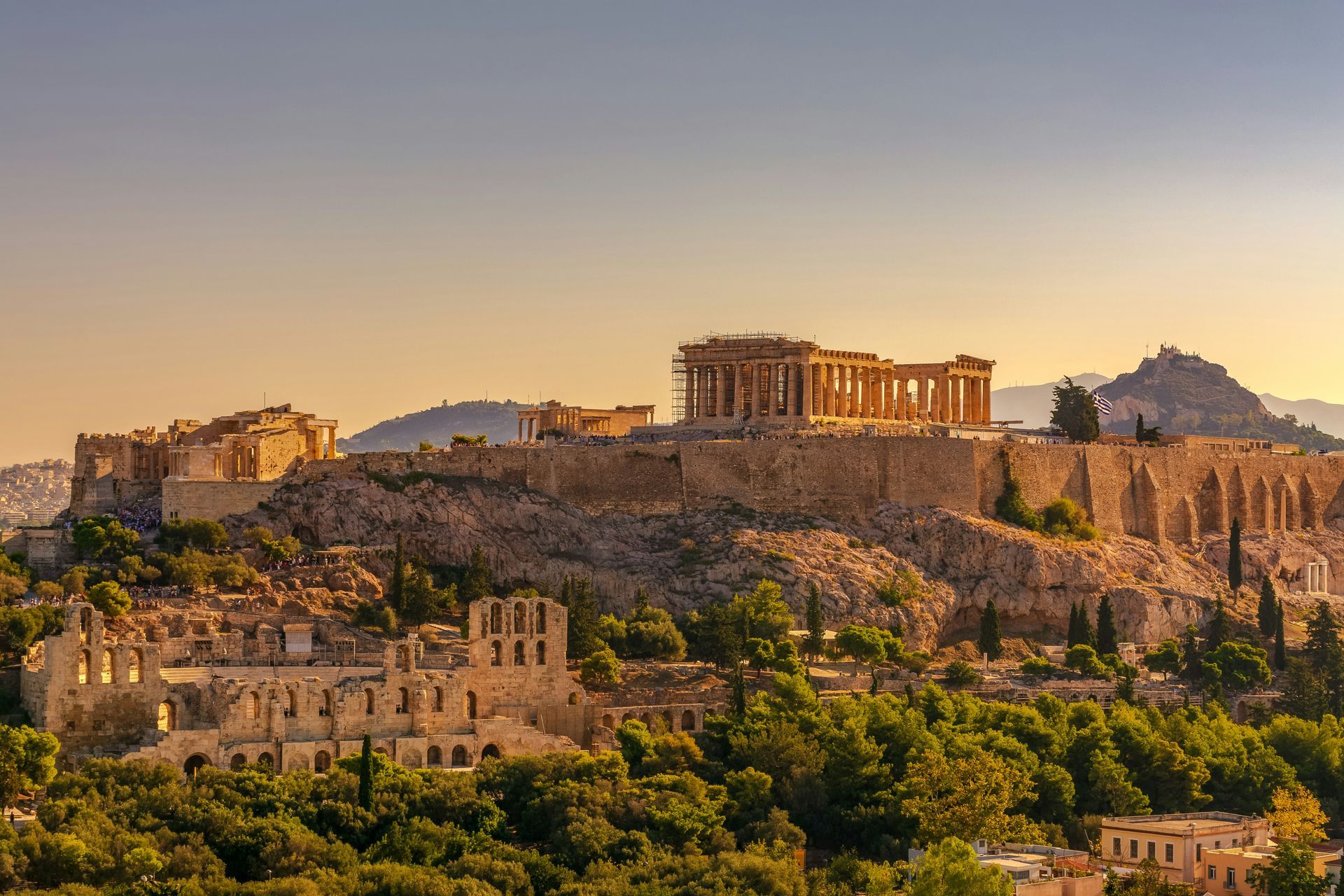
Slide title
Athens
Button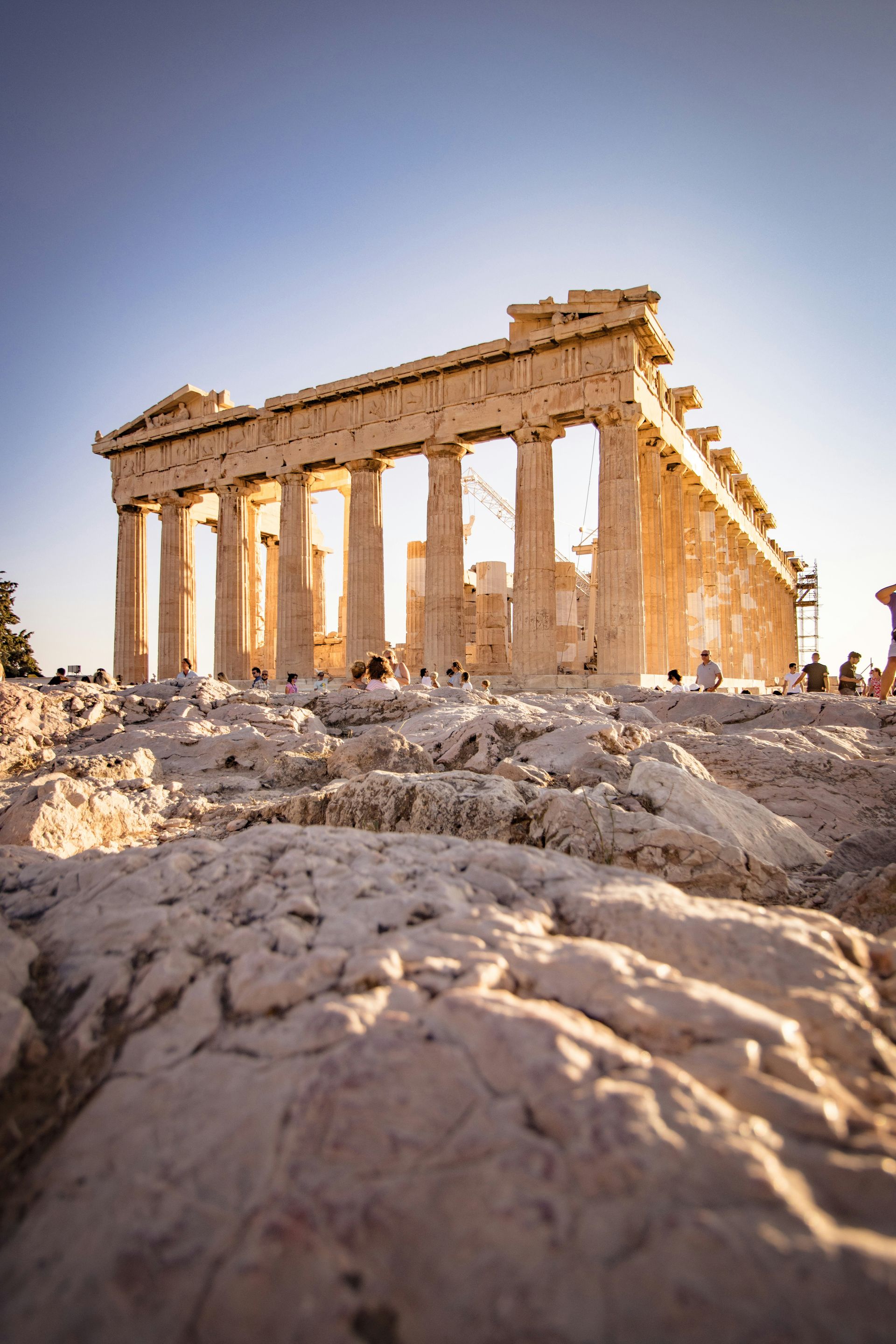
Slide title
Athens
Button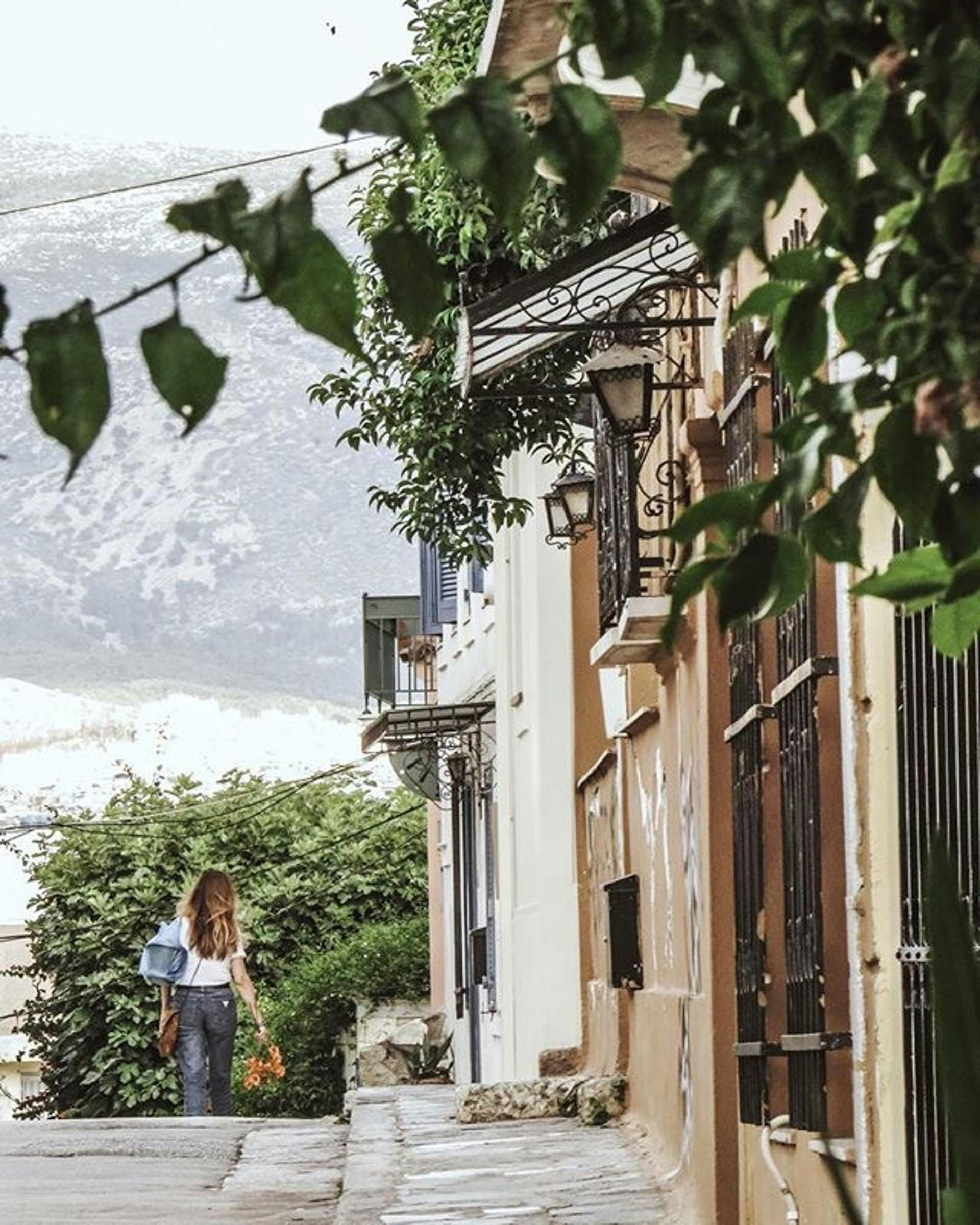
Slide title
Athens
Button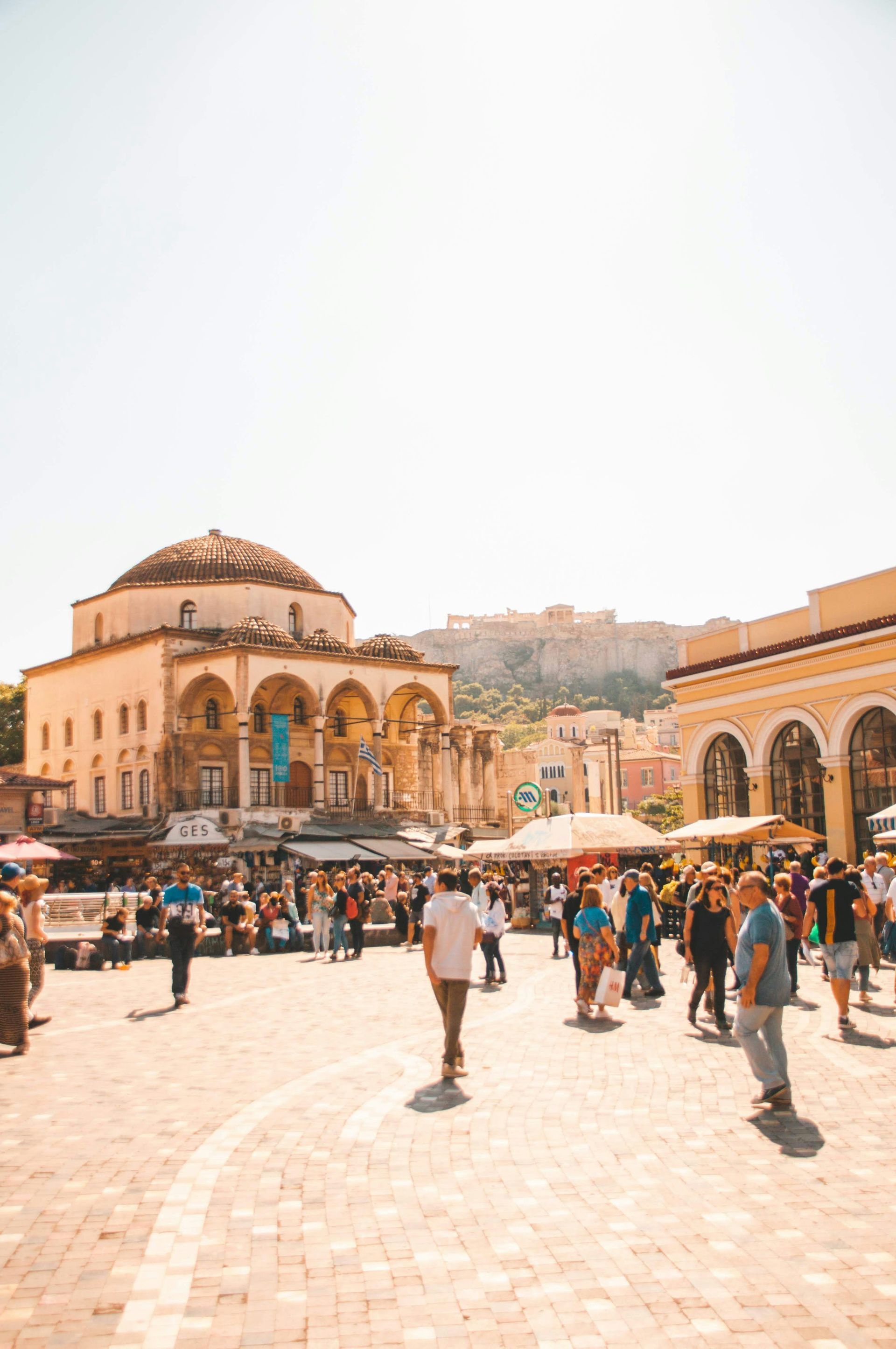
Slide title
Athens
Button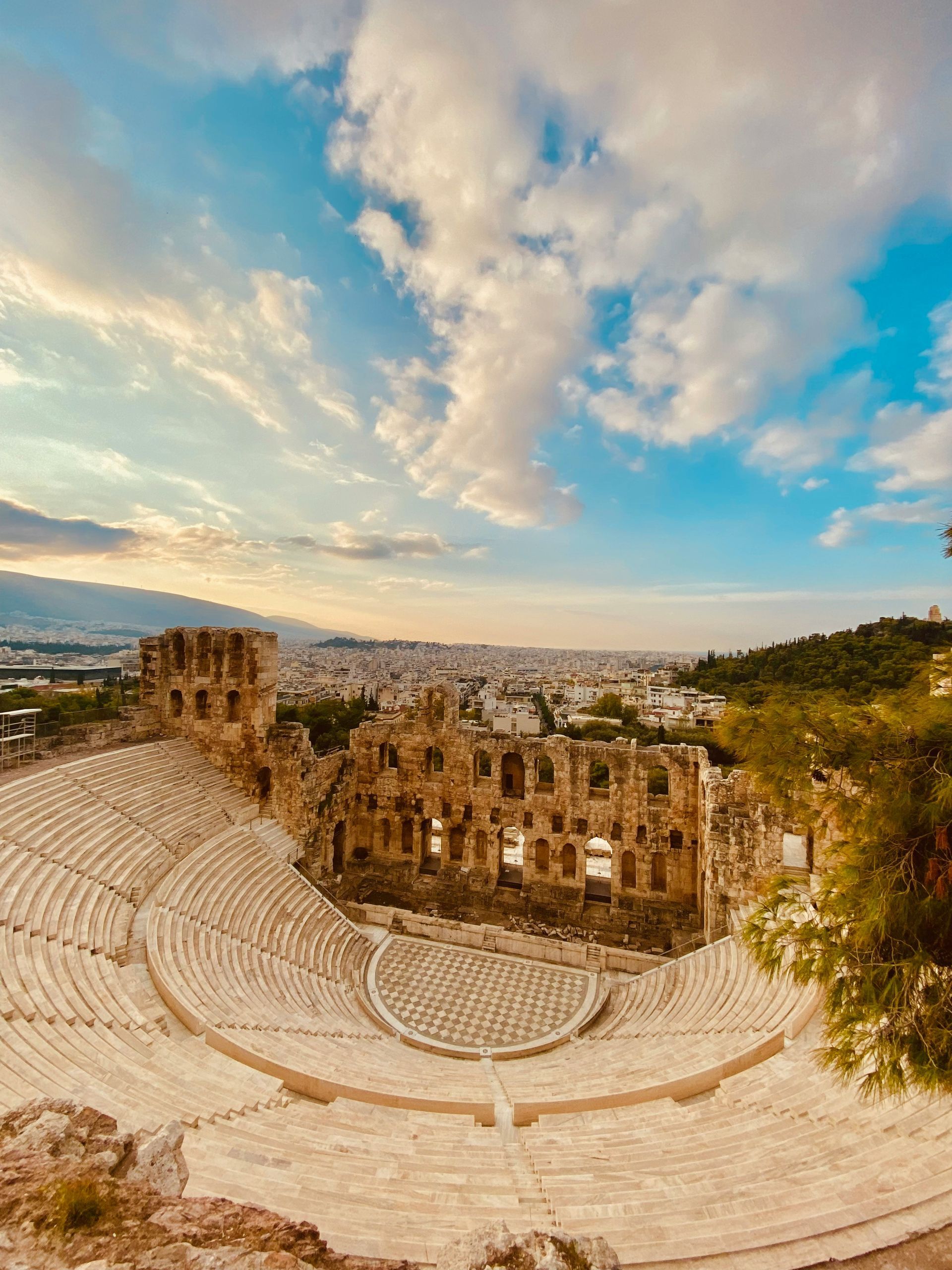
Slide title
Athens
Button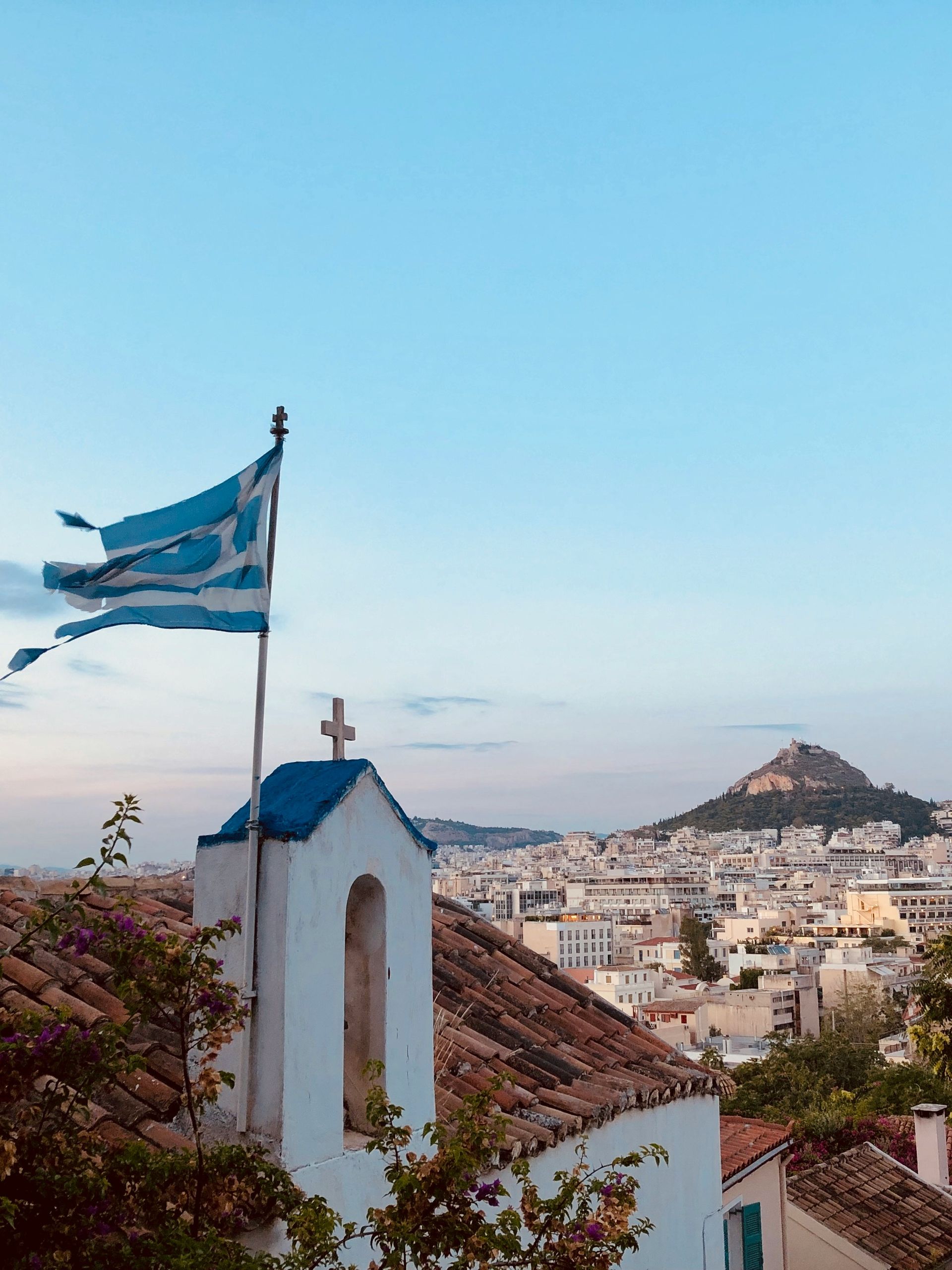
Slide title
Athens
Button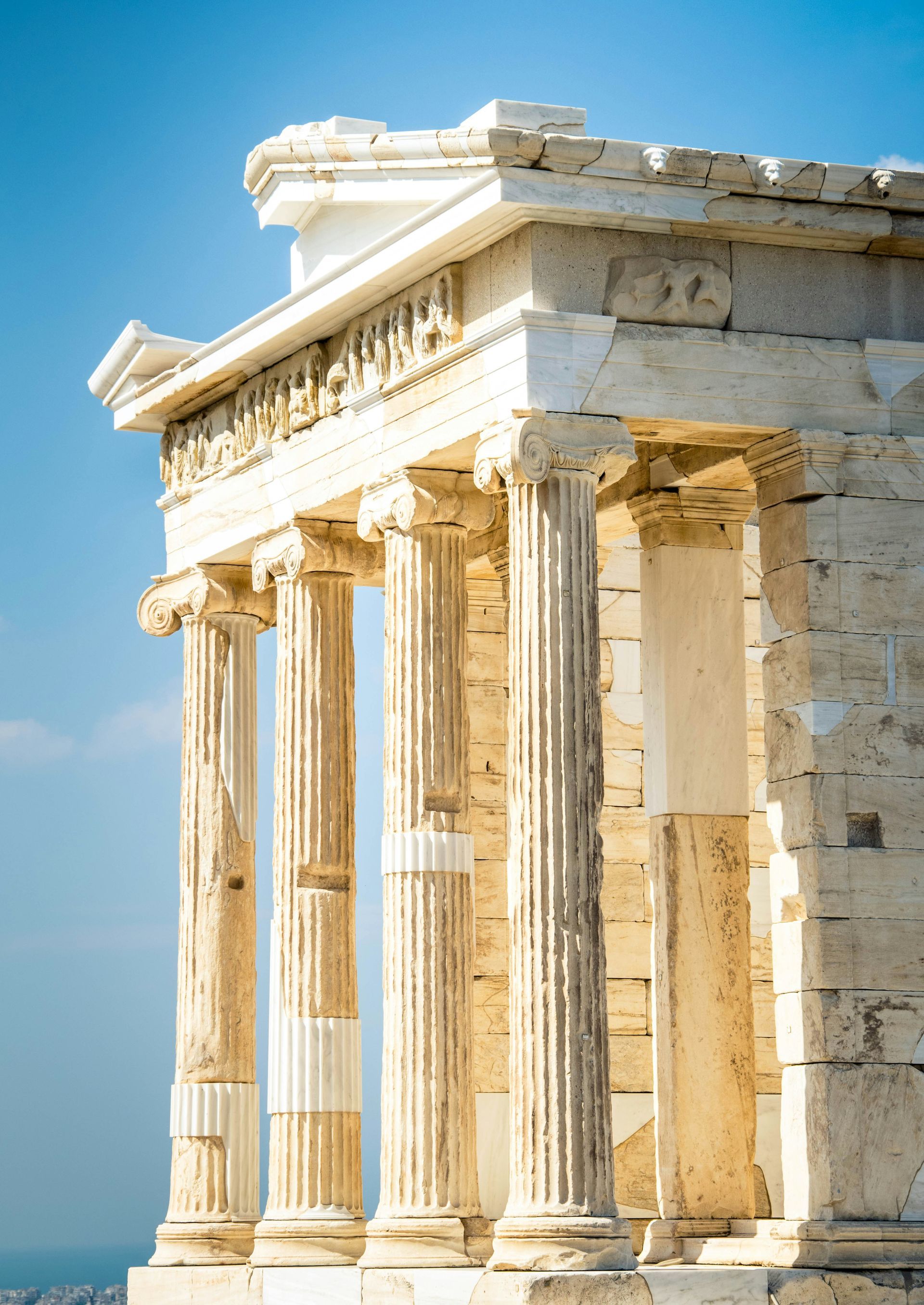
Slide title
Athens
Button
Slide title
Athens
Button
Slide title
Athens
Button
Slide title
Athens
Button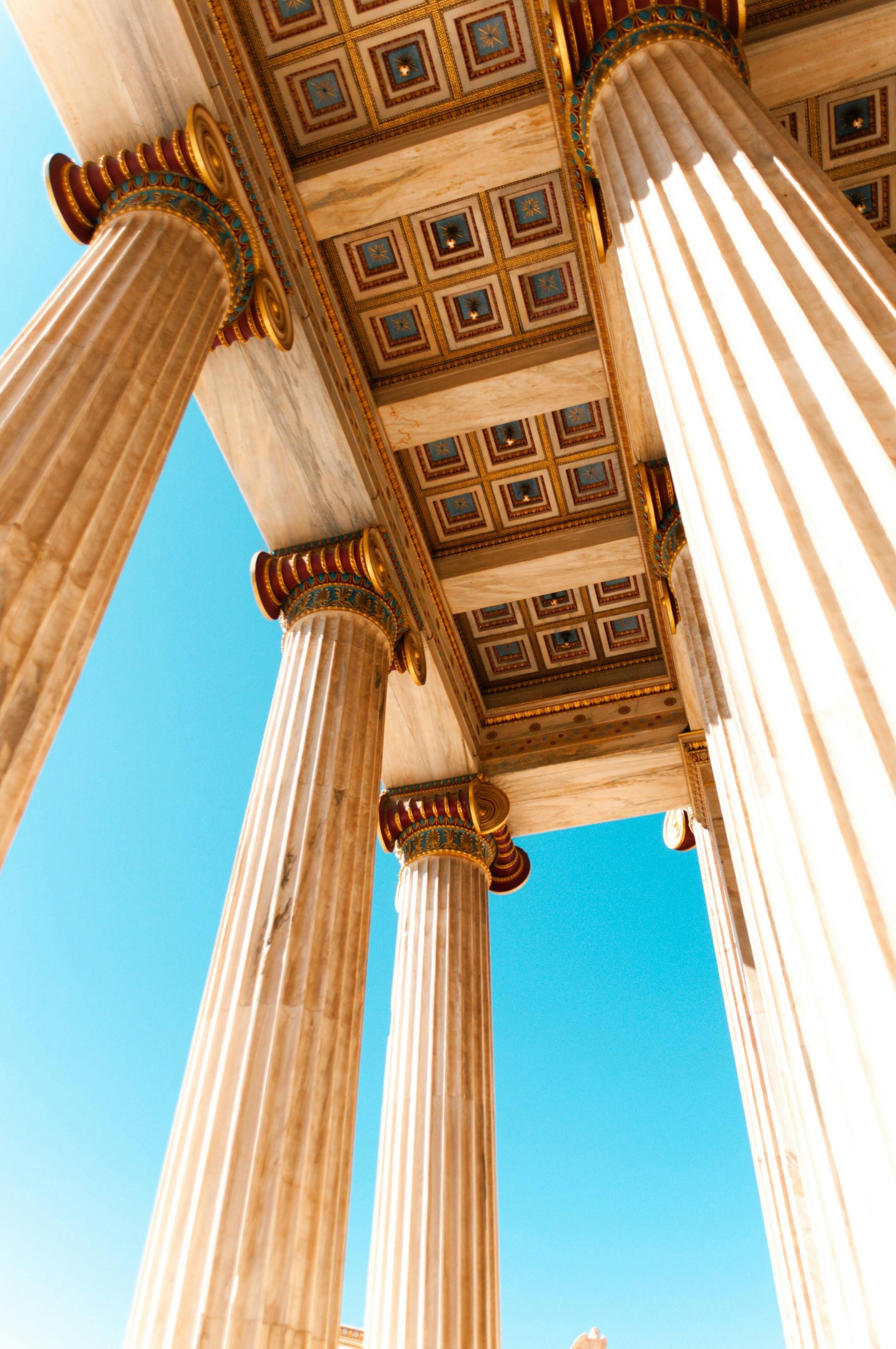
Slide title
Athens
Button
Slide title
Athens
Button
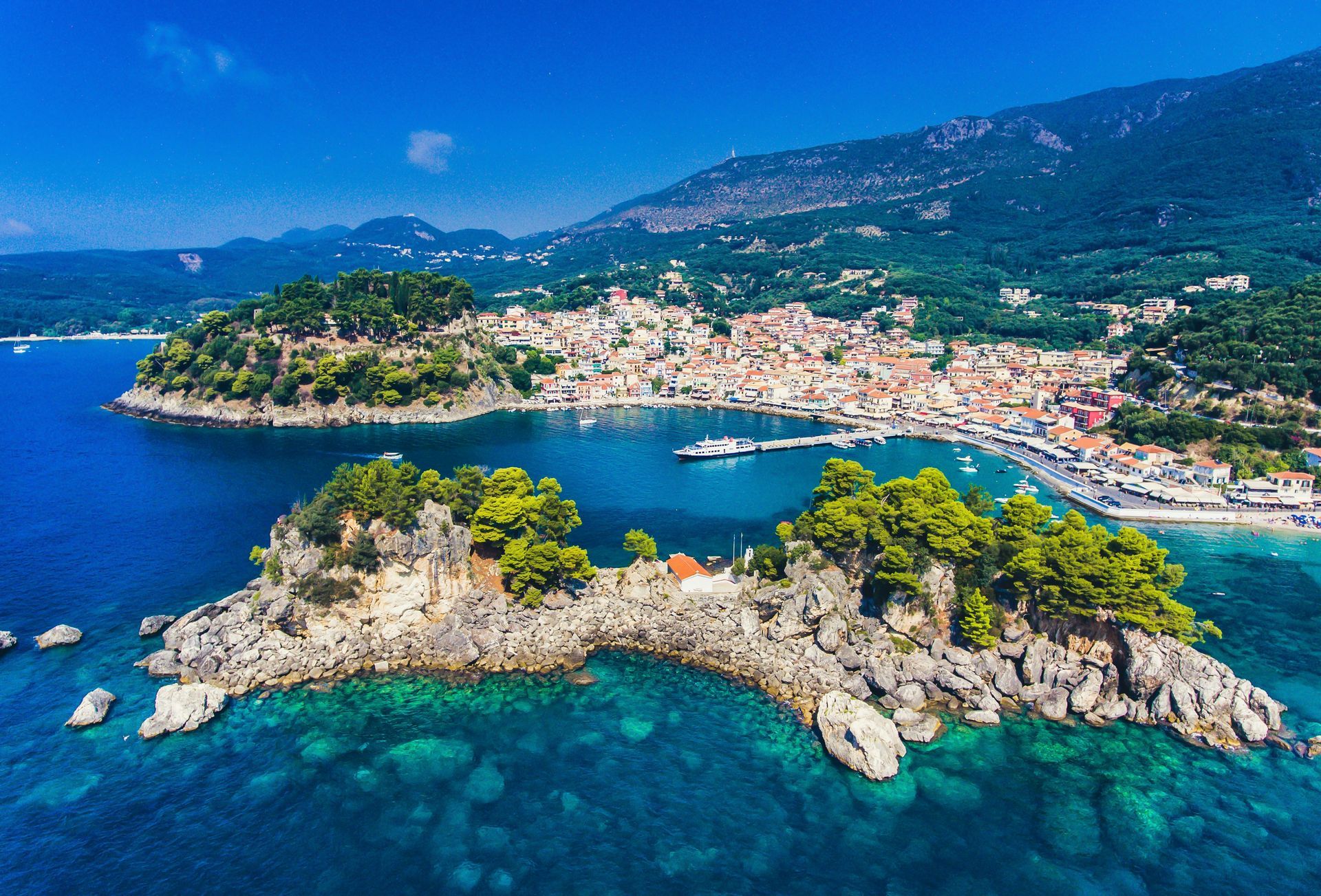
Slide title
Parga
Button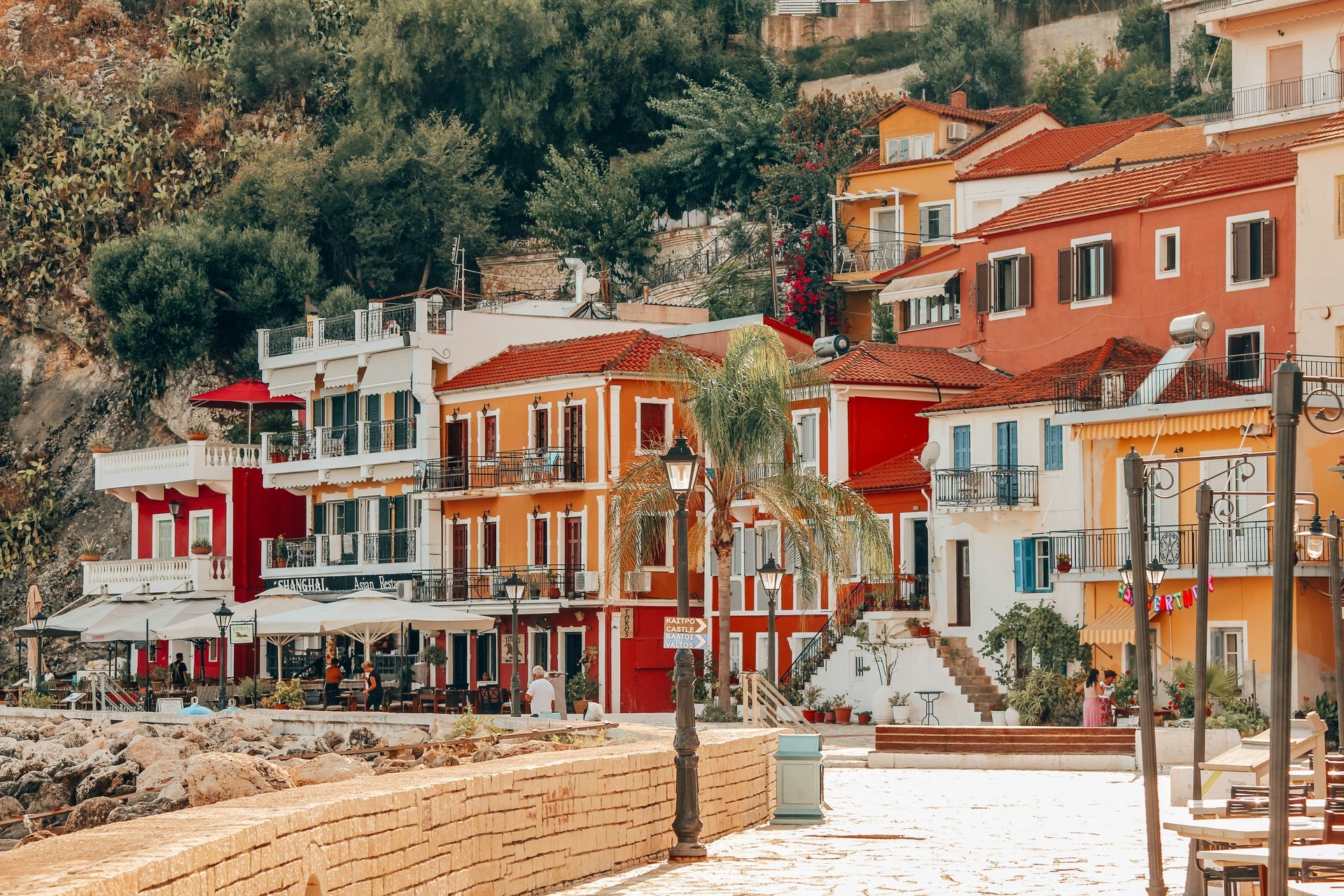
Slide title
Parga
Button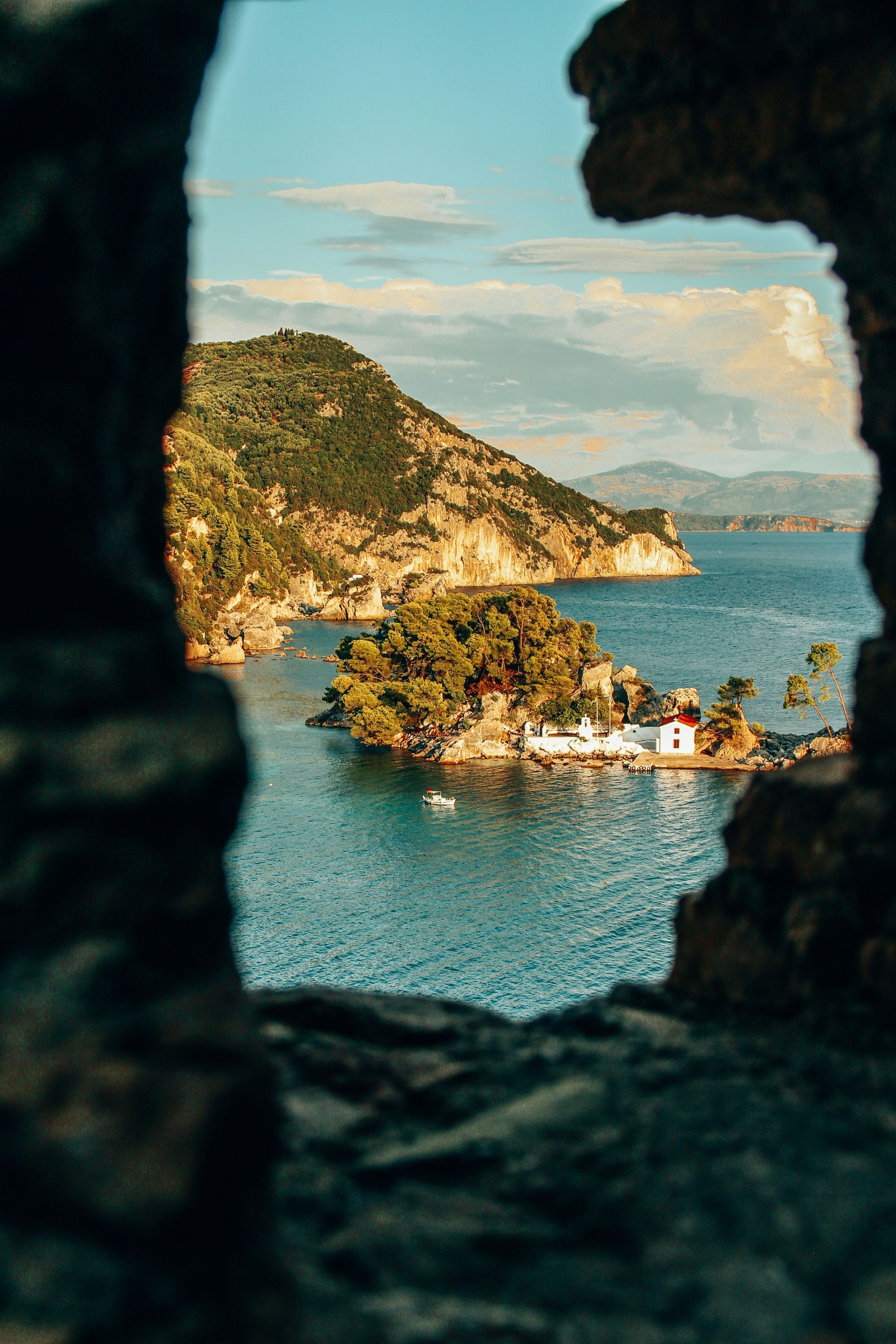
Slide title
Parga
Button
Slide title
Parga
Button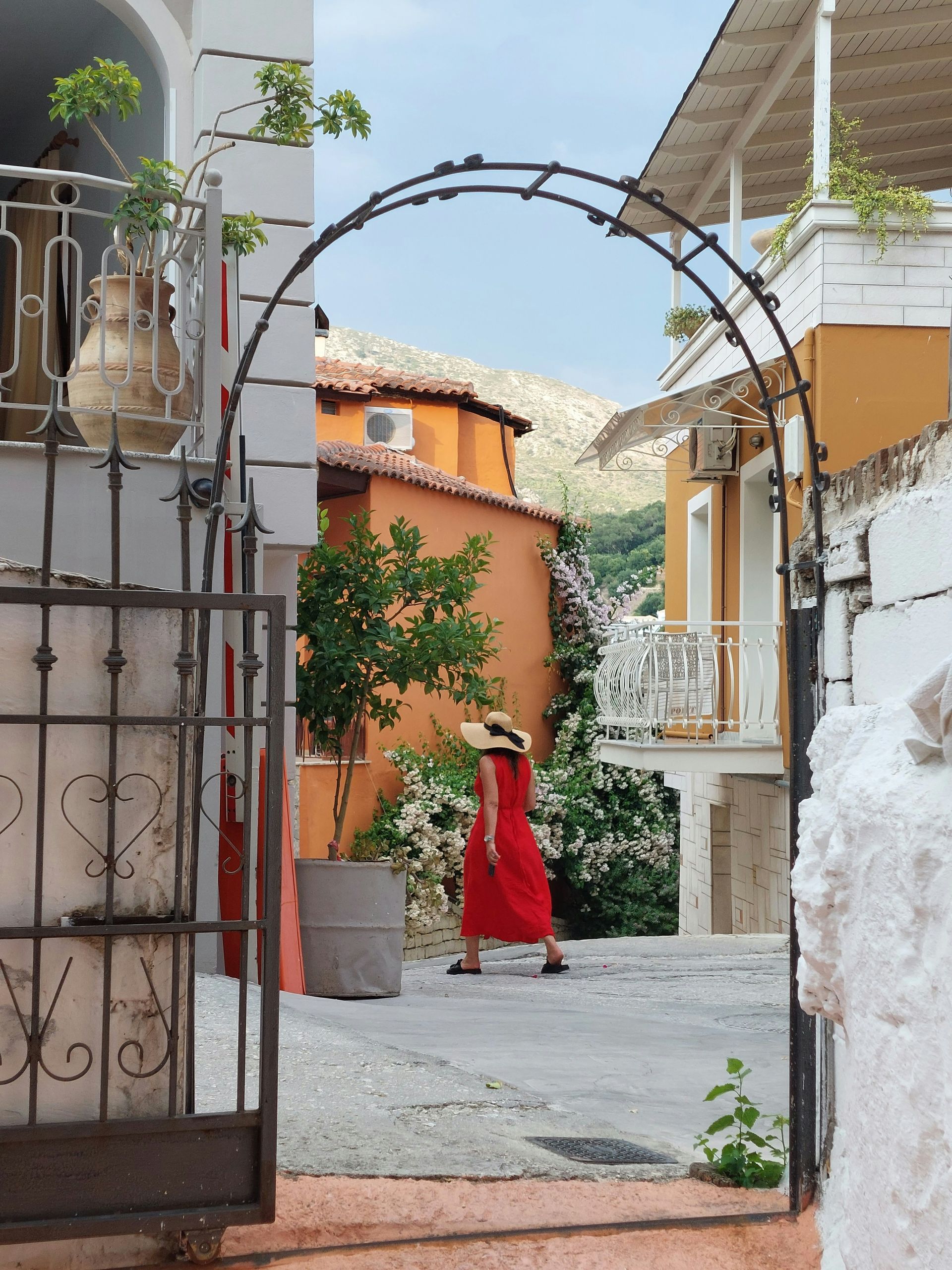
Slide title
Parga
Button
Slide title
Parga
Button
Slide title
Parga
Button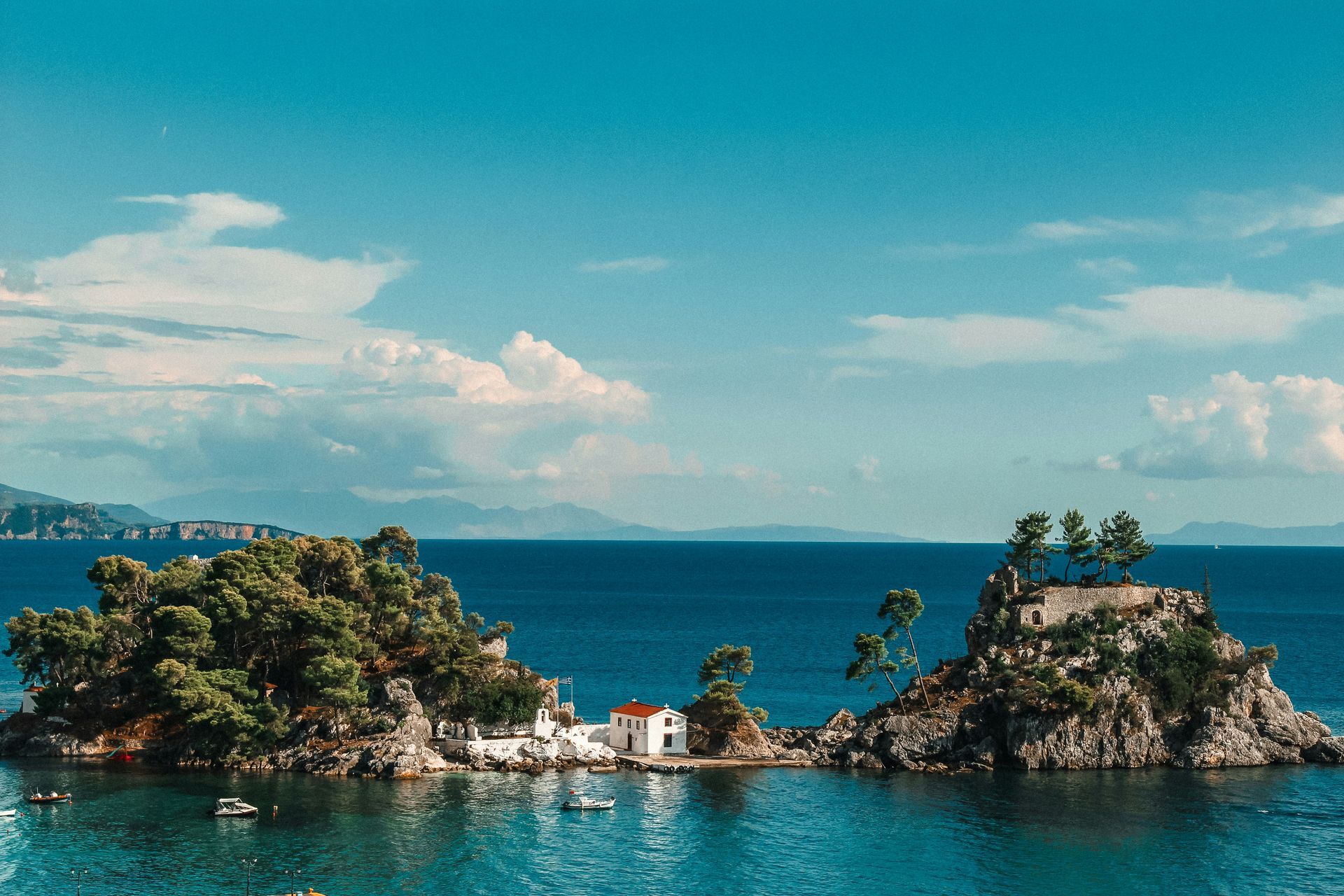
Slide title
Parga
Button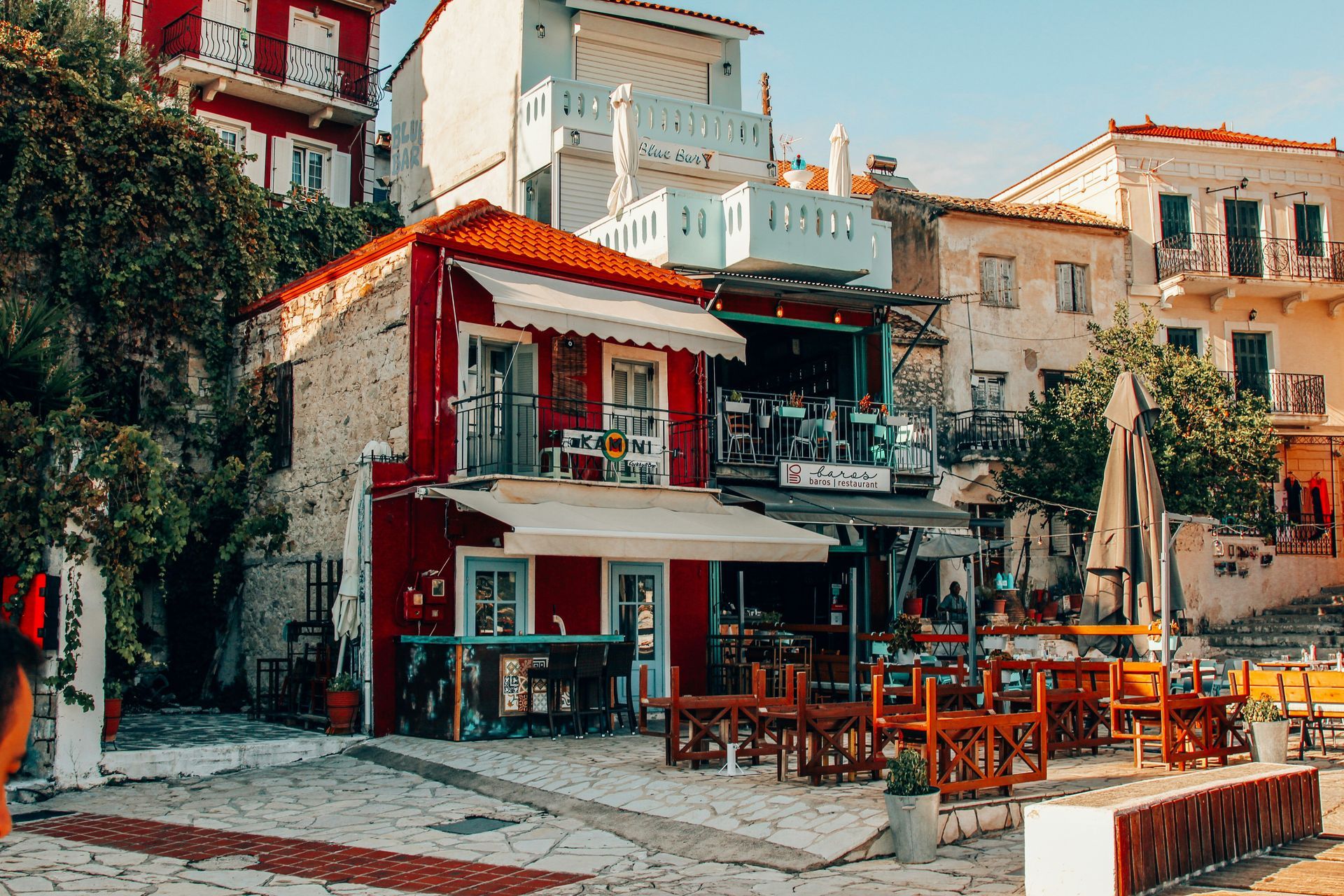
Slide title
Parga
Button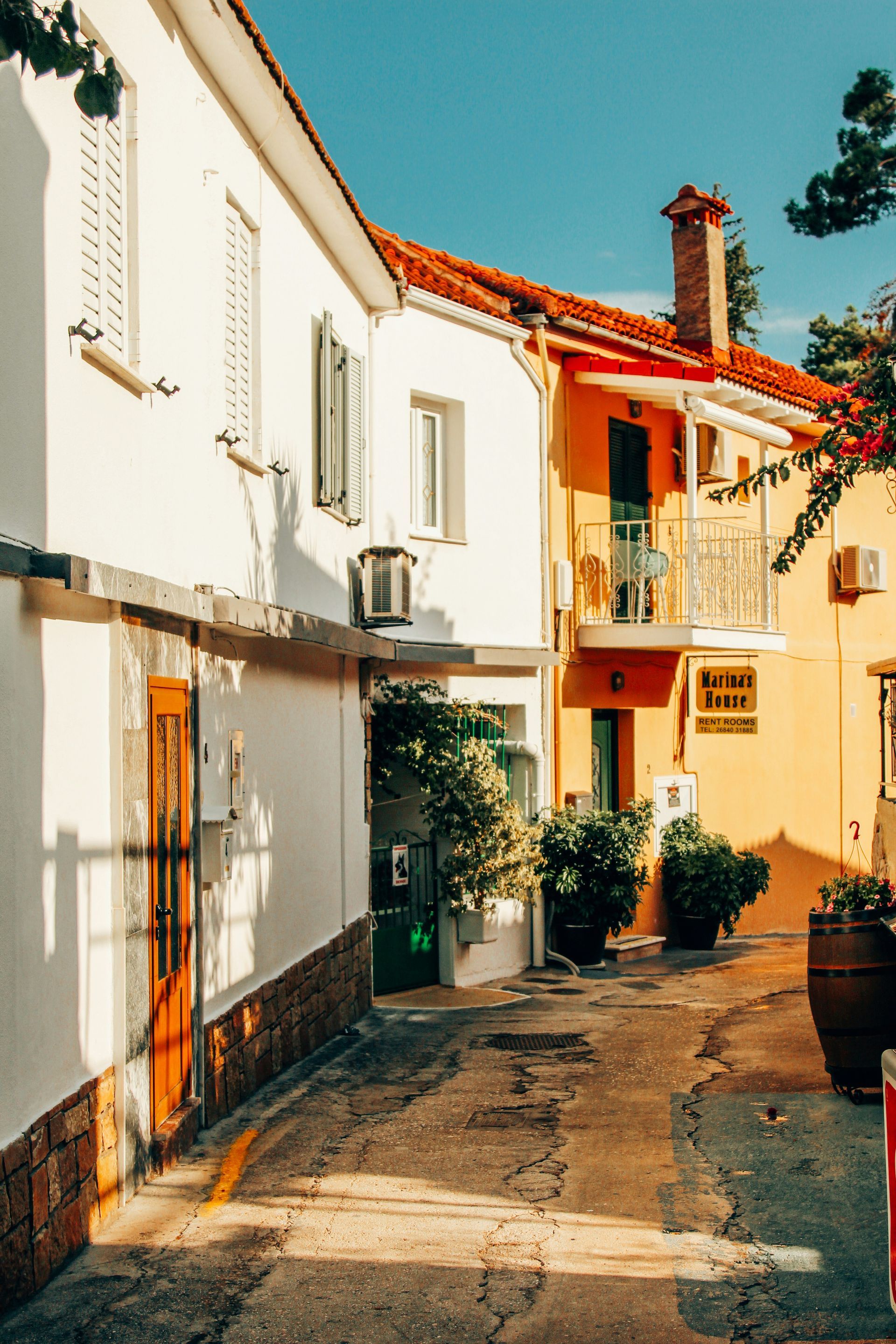
Slide title
Parga
Button

Slide title
Peloponnese
Button
Slide title
Peloponnese
Button
Slide title
Peloponnese
Button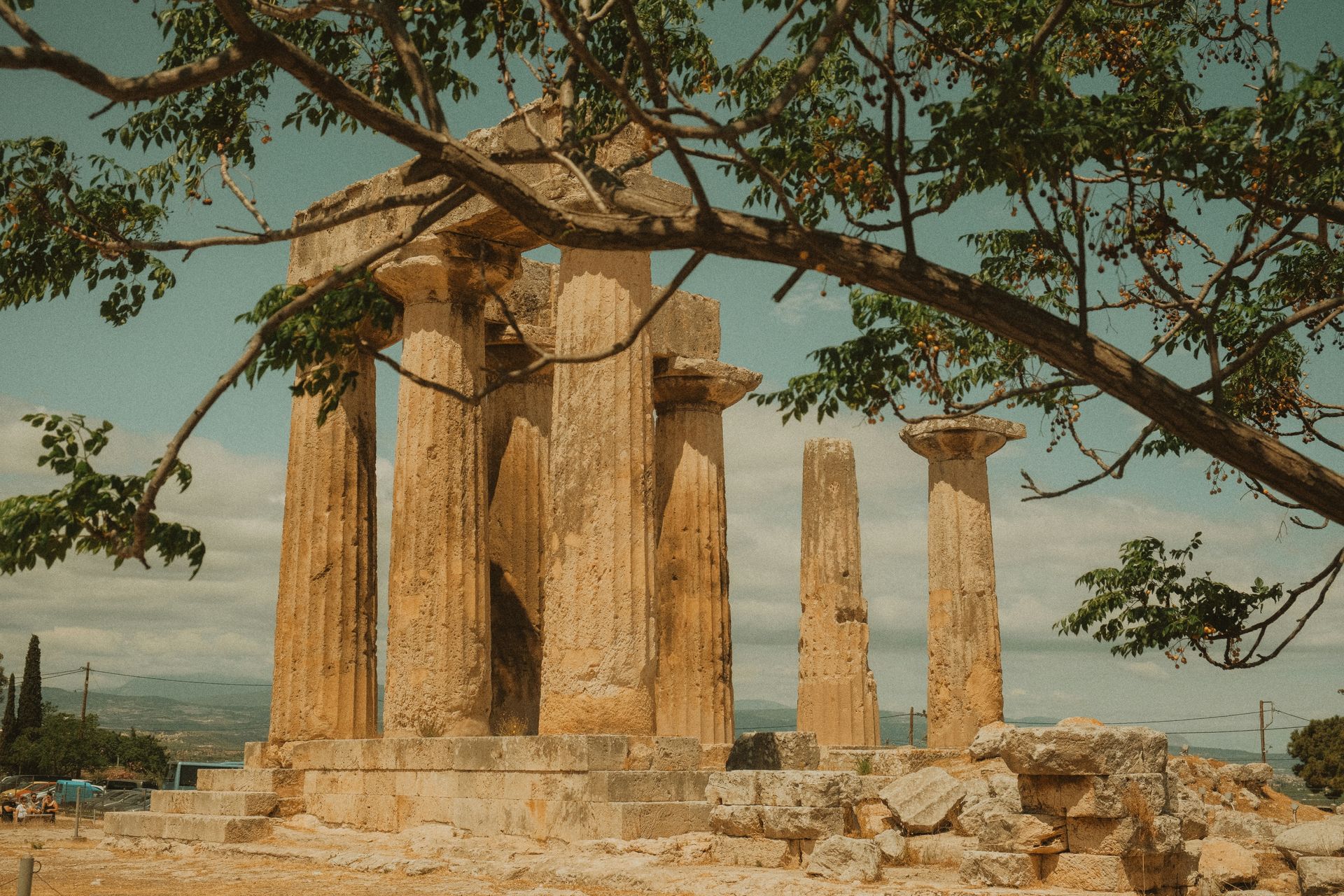
Slide title
Peloponnese
Button
Slide title
Peloponnese
Button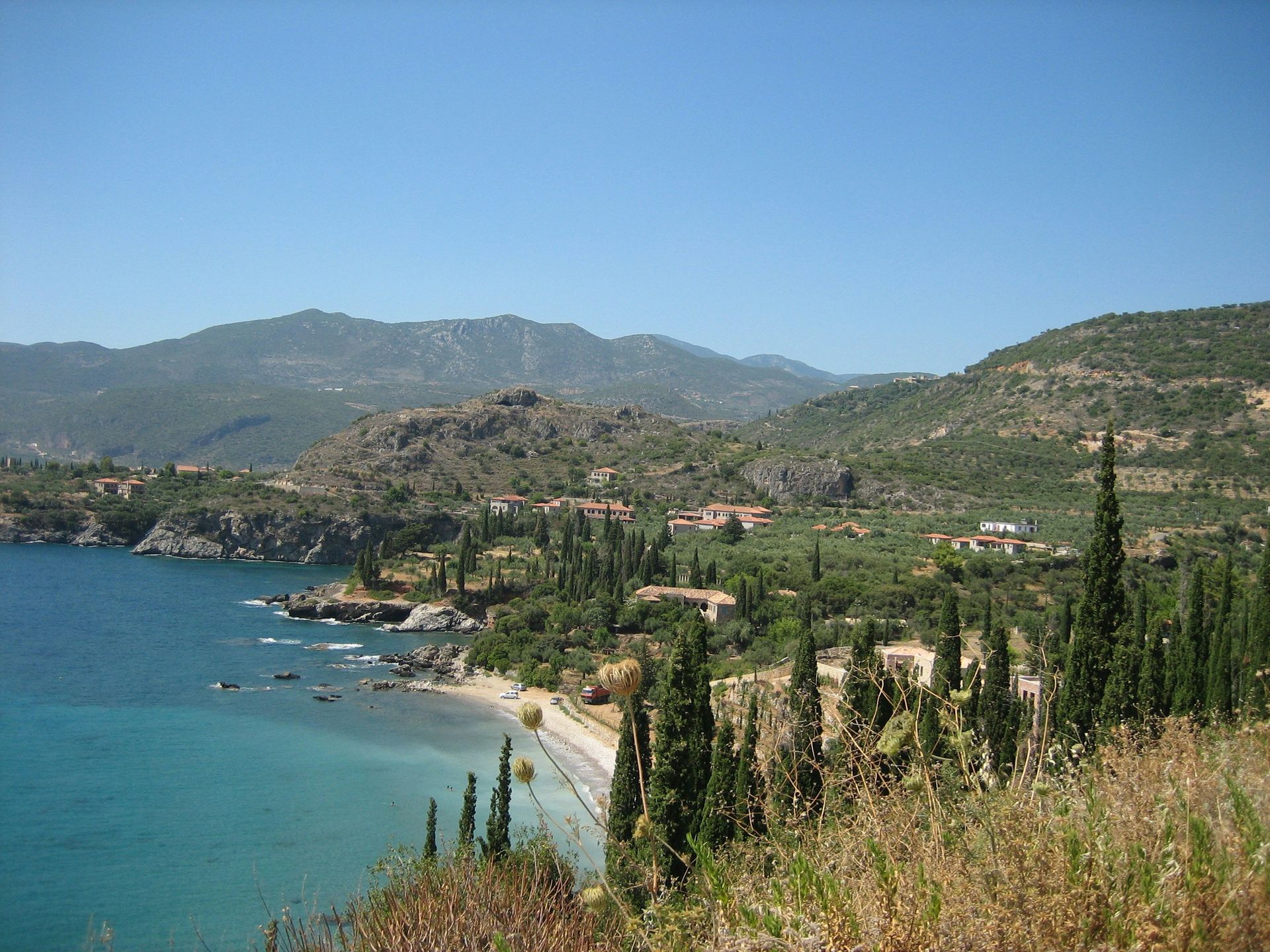
Slide title
Peloponnese
Button
Slide title
Peloponnese
Button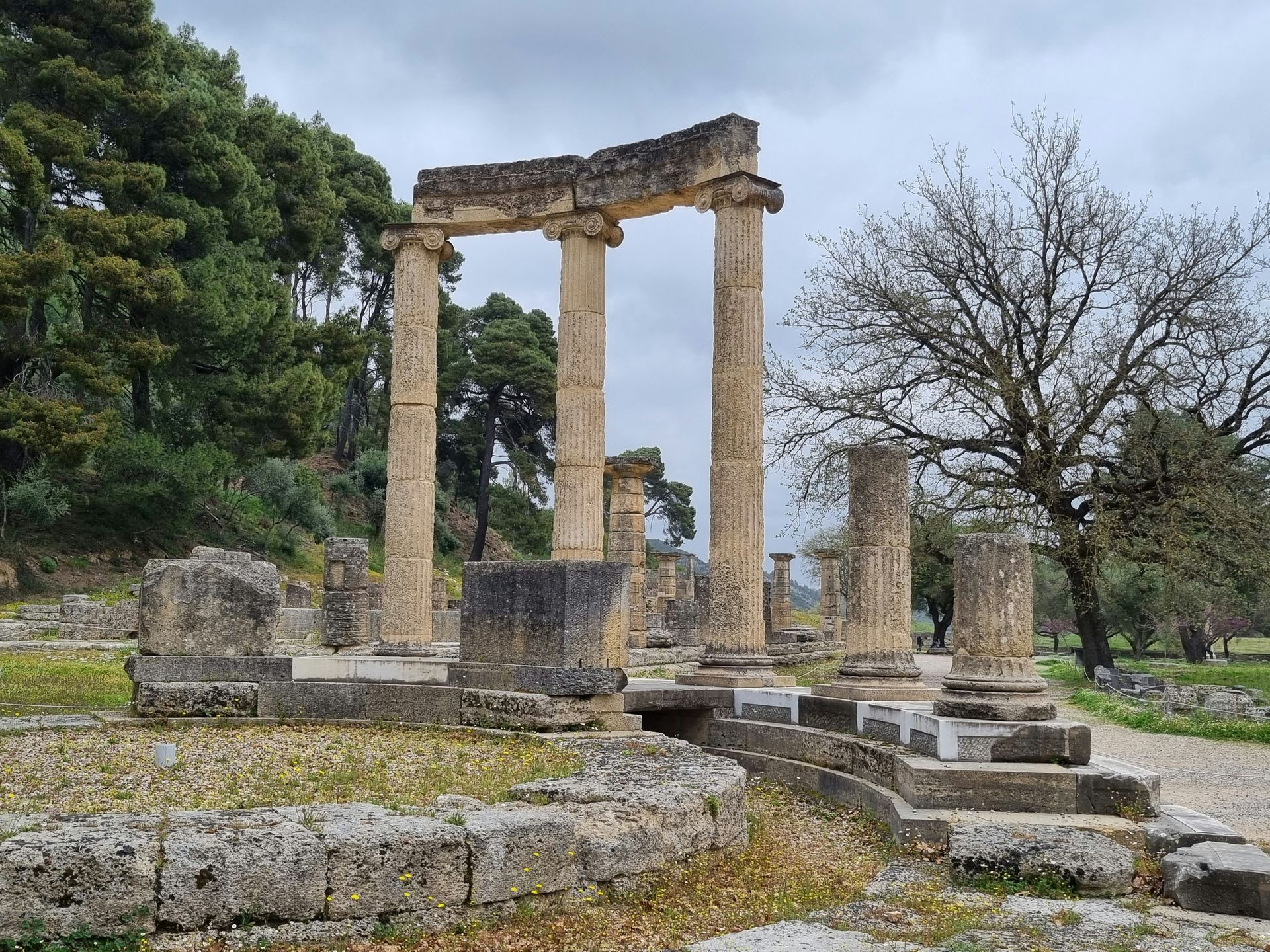
Slide title
Peloponnese
Button
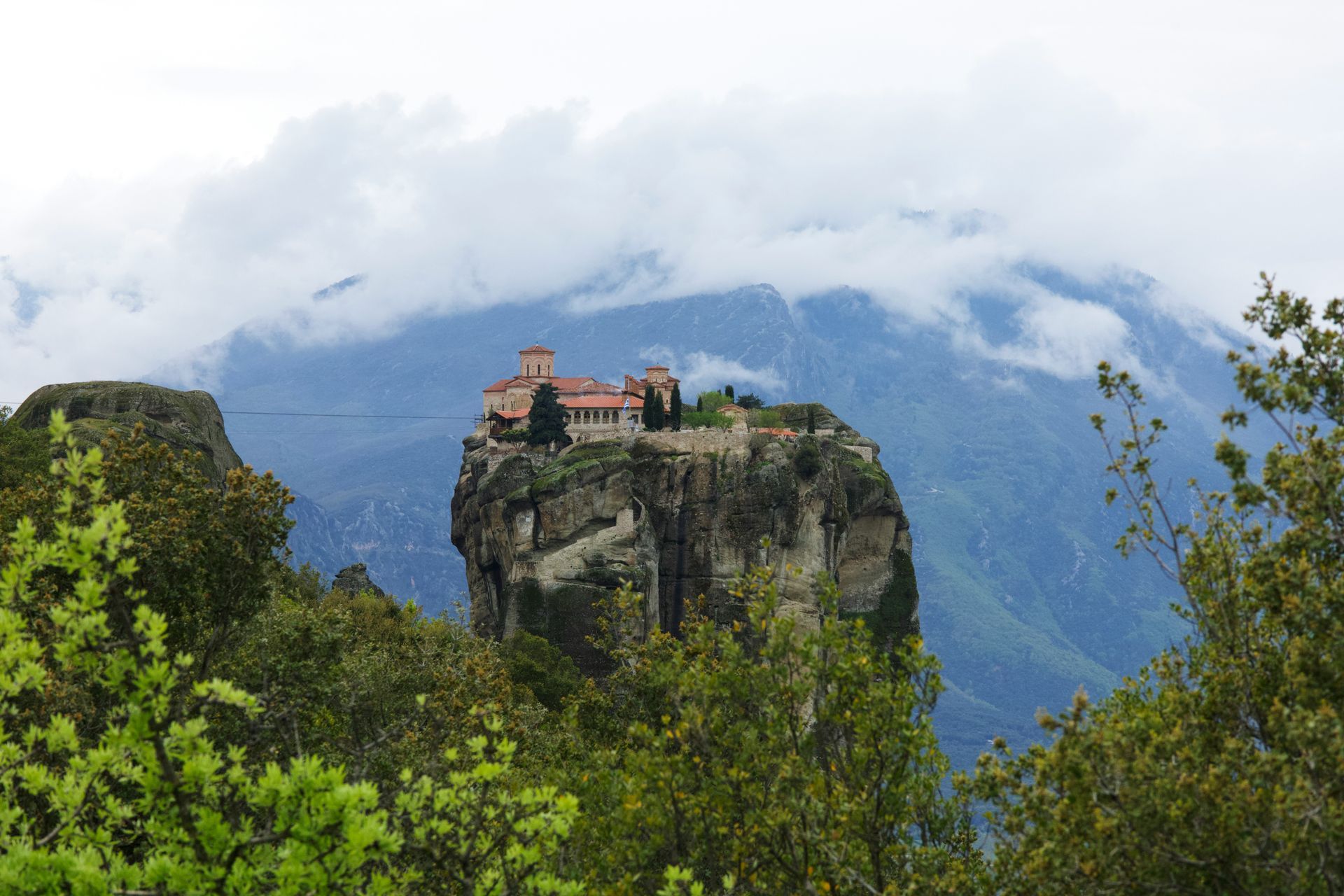
Slide title
Kalabaka
Button
Slide title
Kalabaka
Button
Slide title
Kalabaka
Button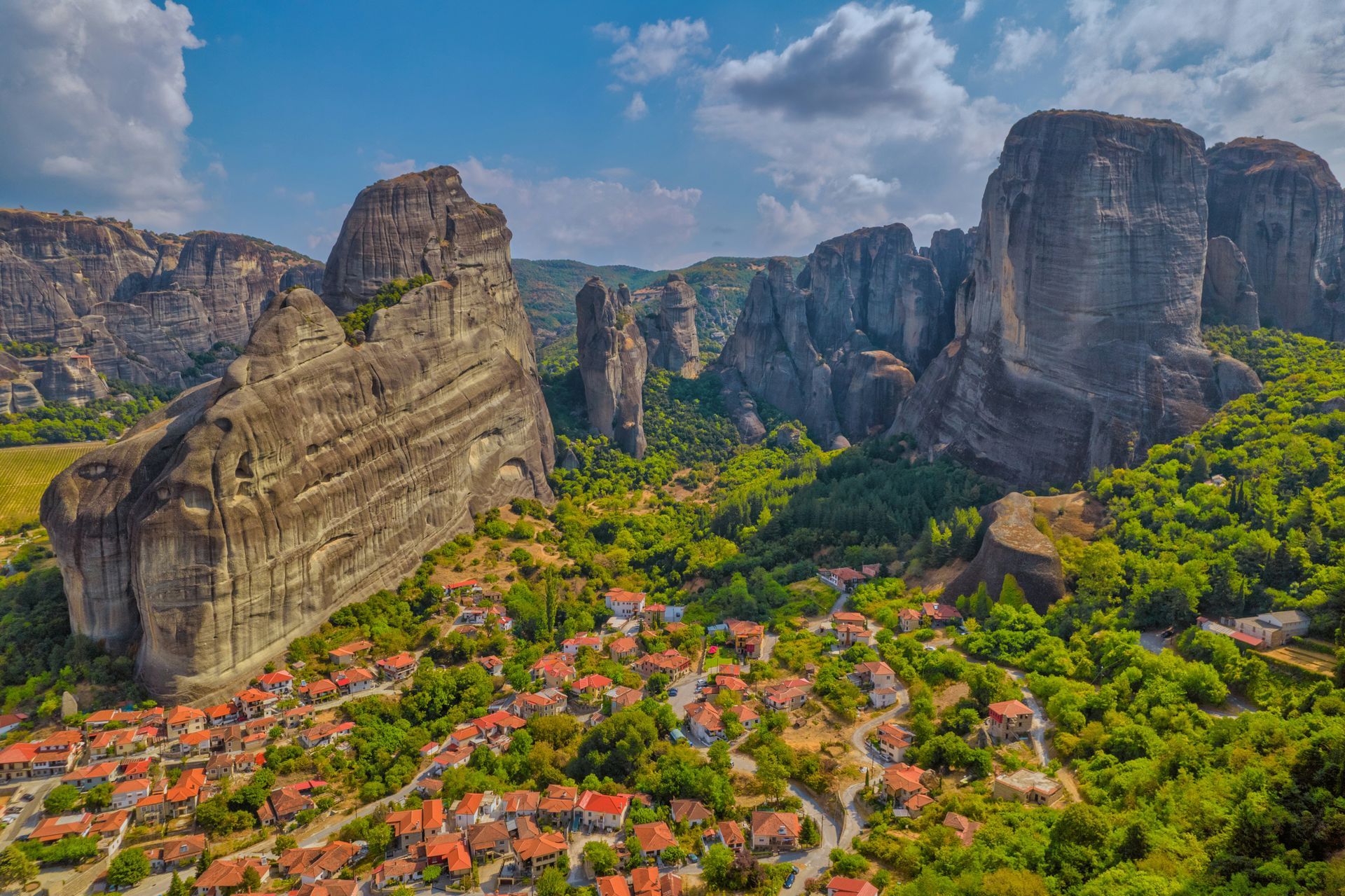
Slide title
Kalabaka
Button
Slide title
Kalabaka
Button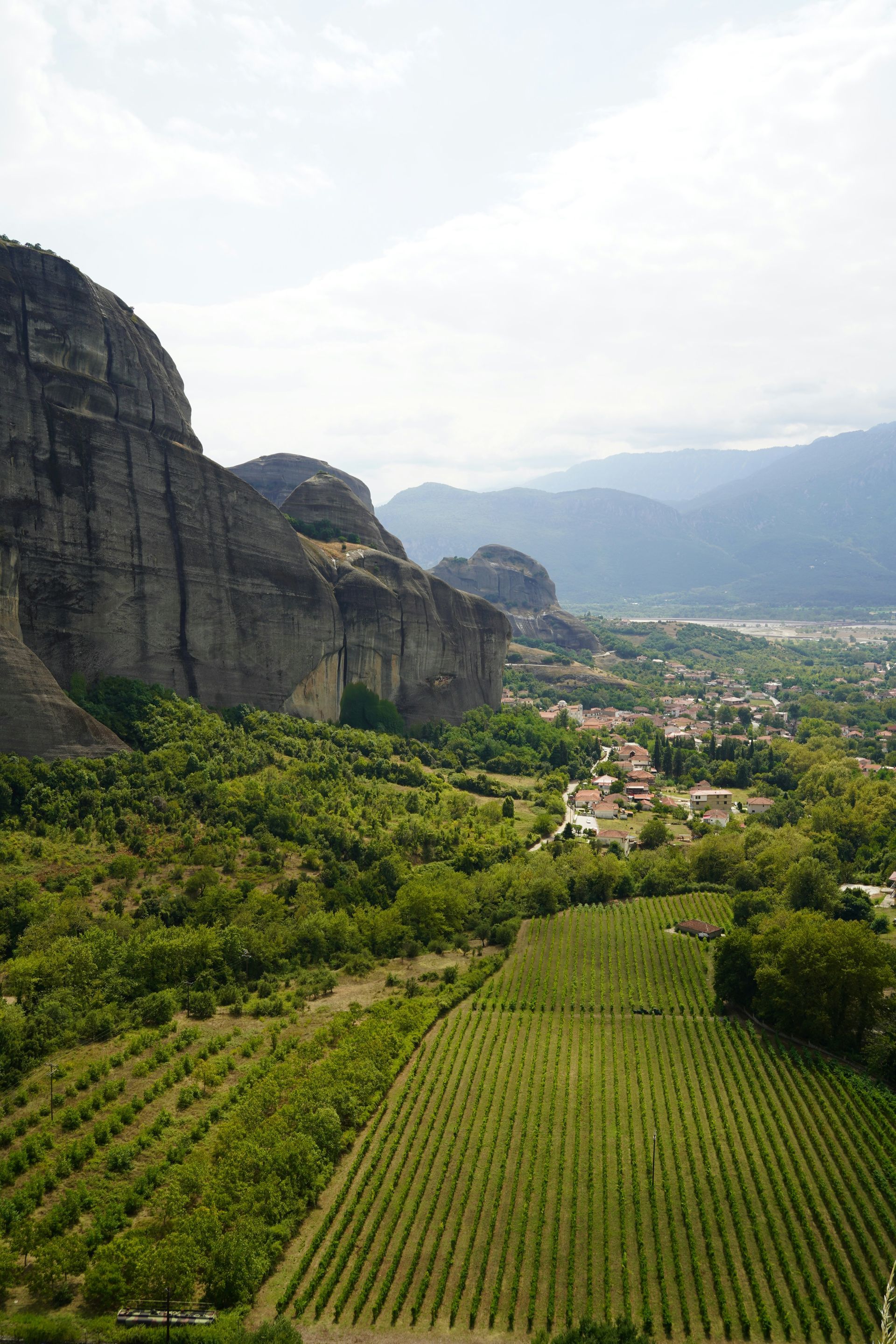
Slide title
Kalabaka
Button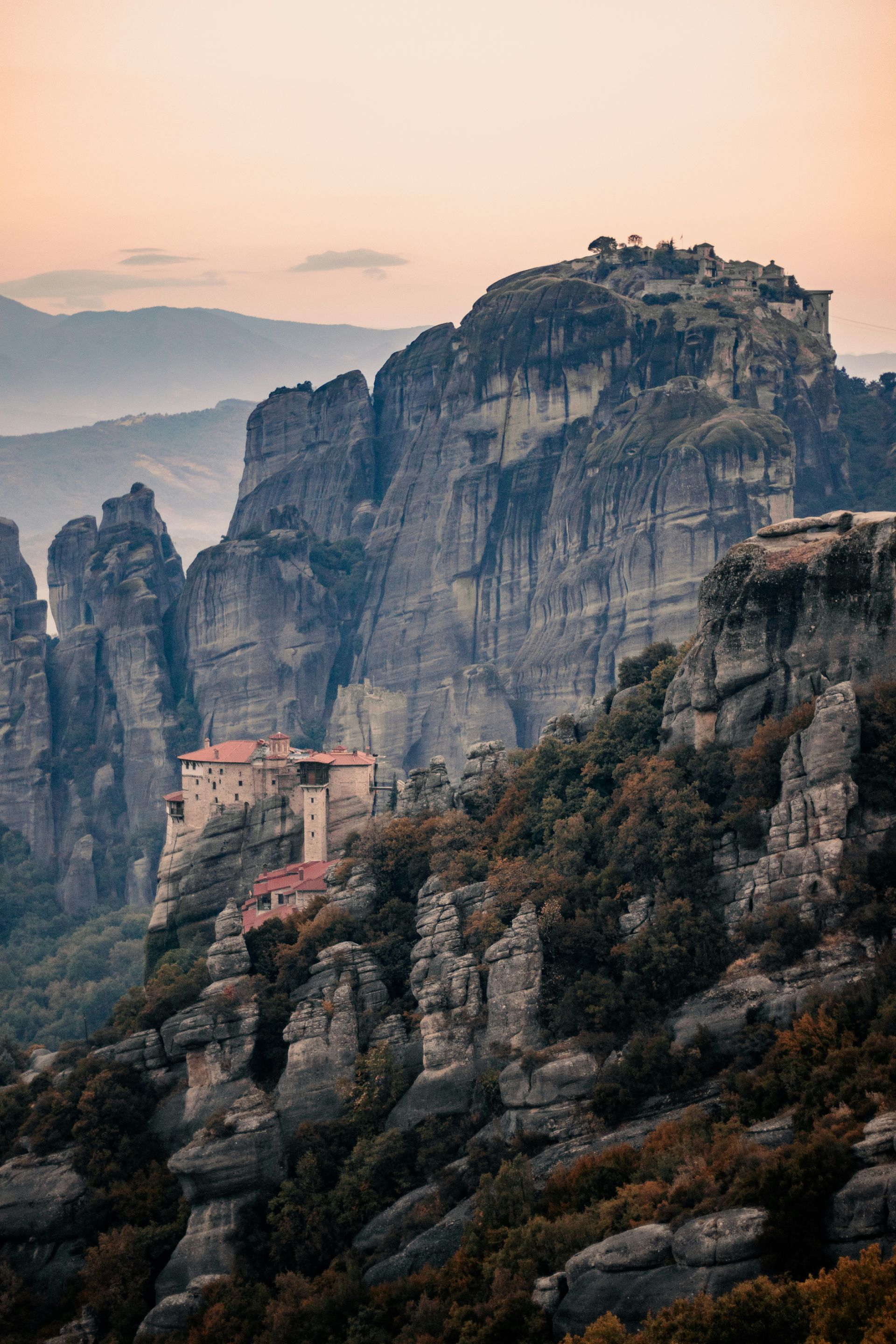
Slide title
Kalabaka
Button
Slide title
Kalabaka
Button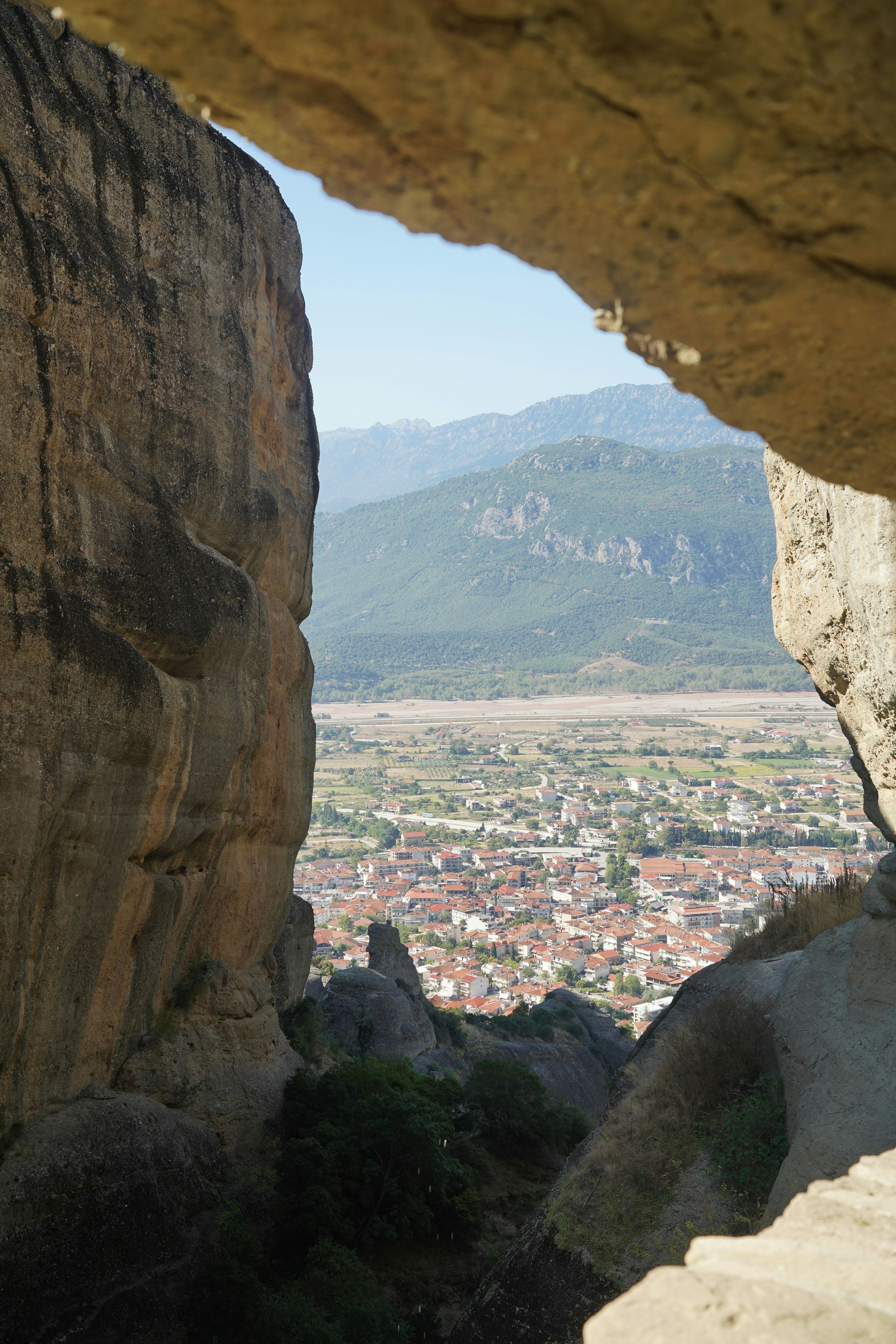
Slide title
Kalabaka
Button
The Islands
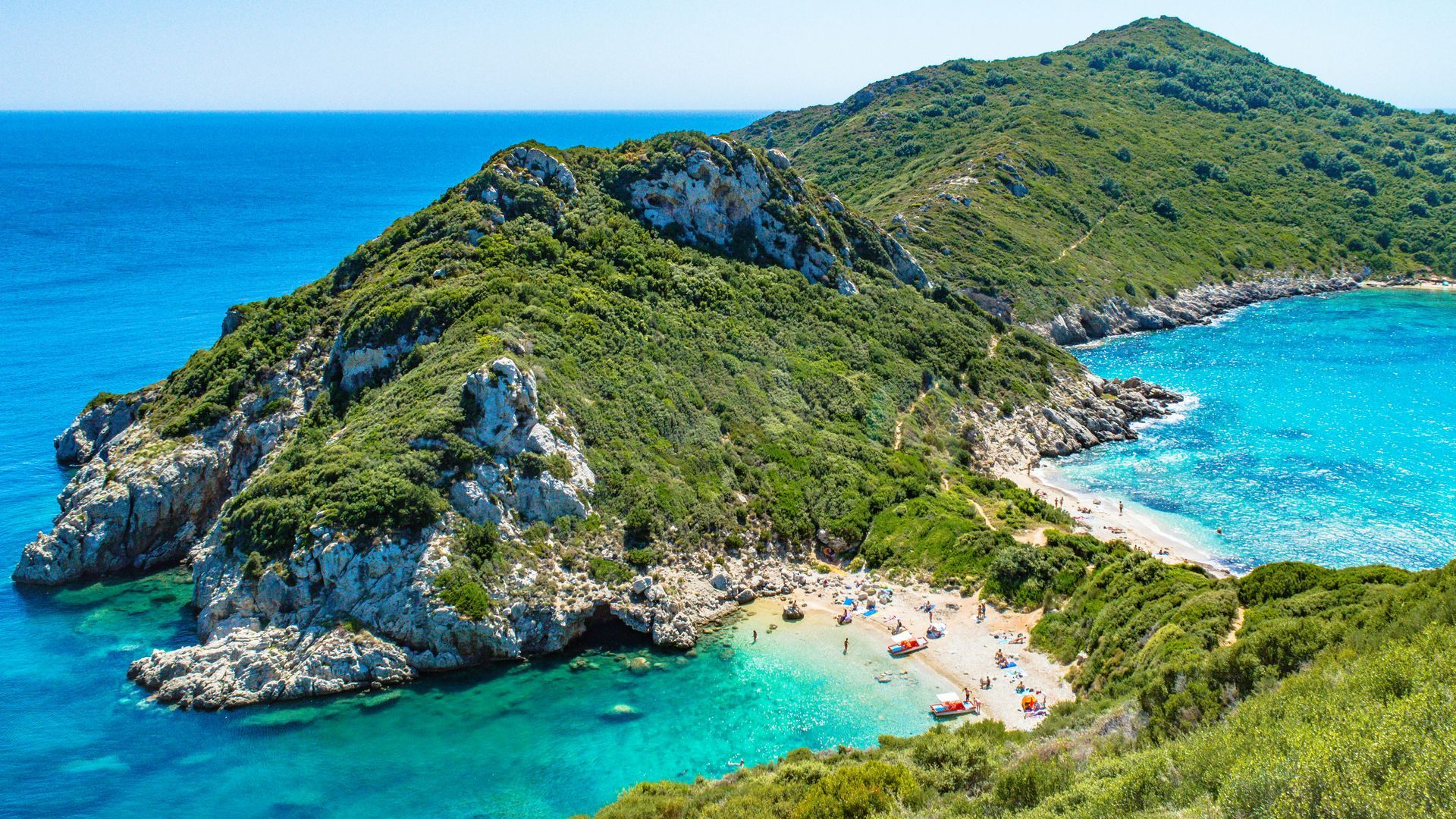
Slide title
Corfu
Button
Slide title
Corfu
Button
Slide title
Corfu
Button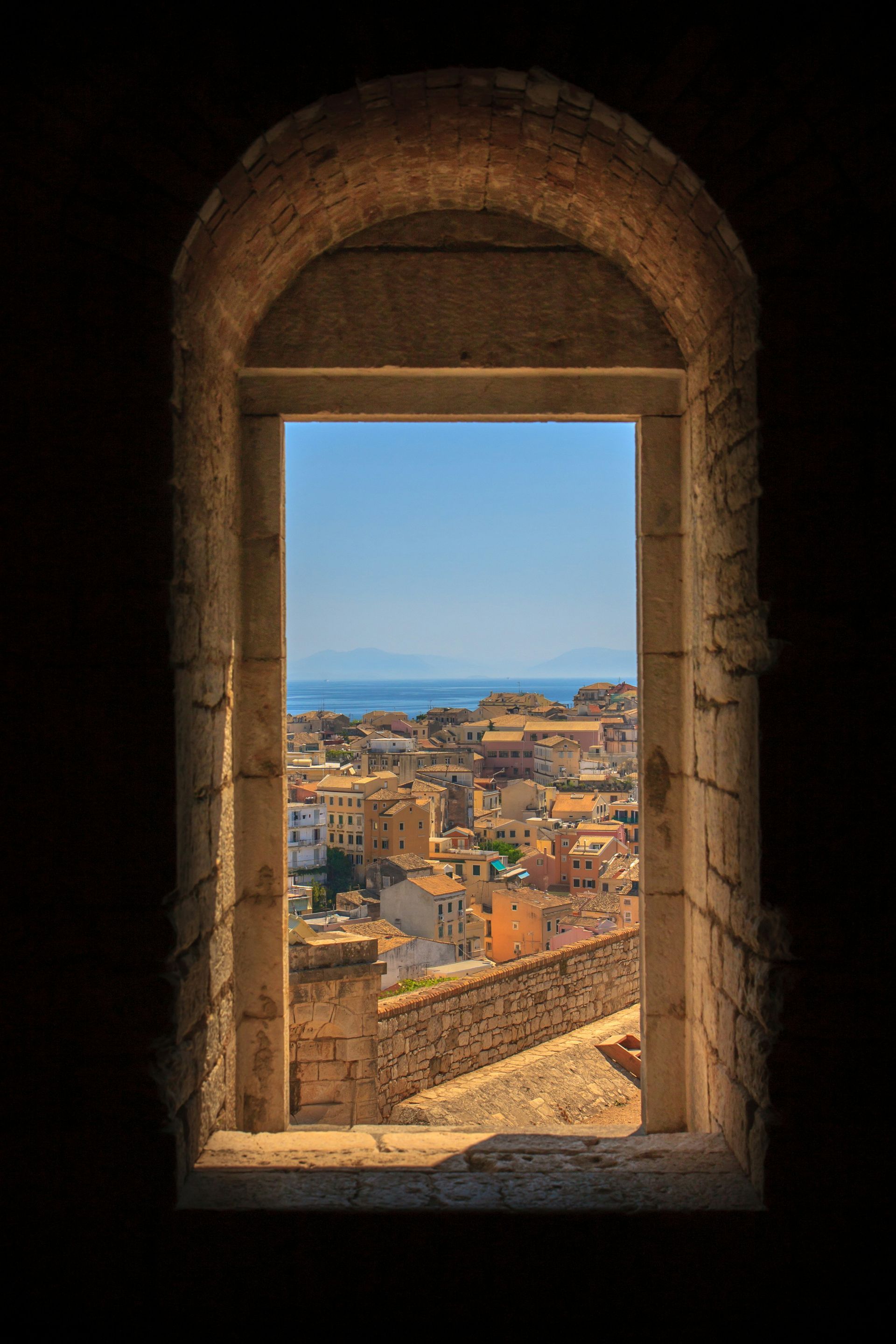
Slide title
Corfu
Button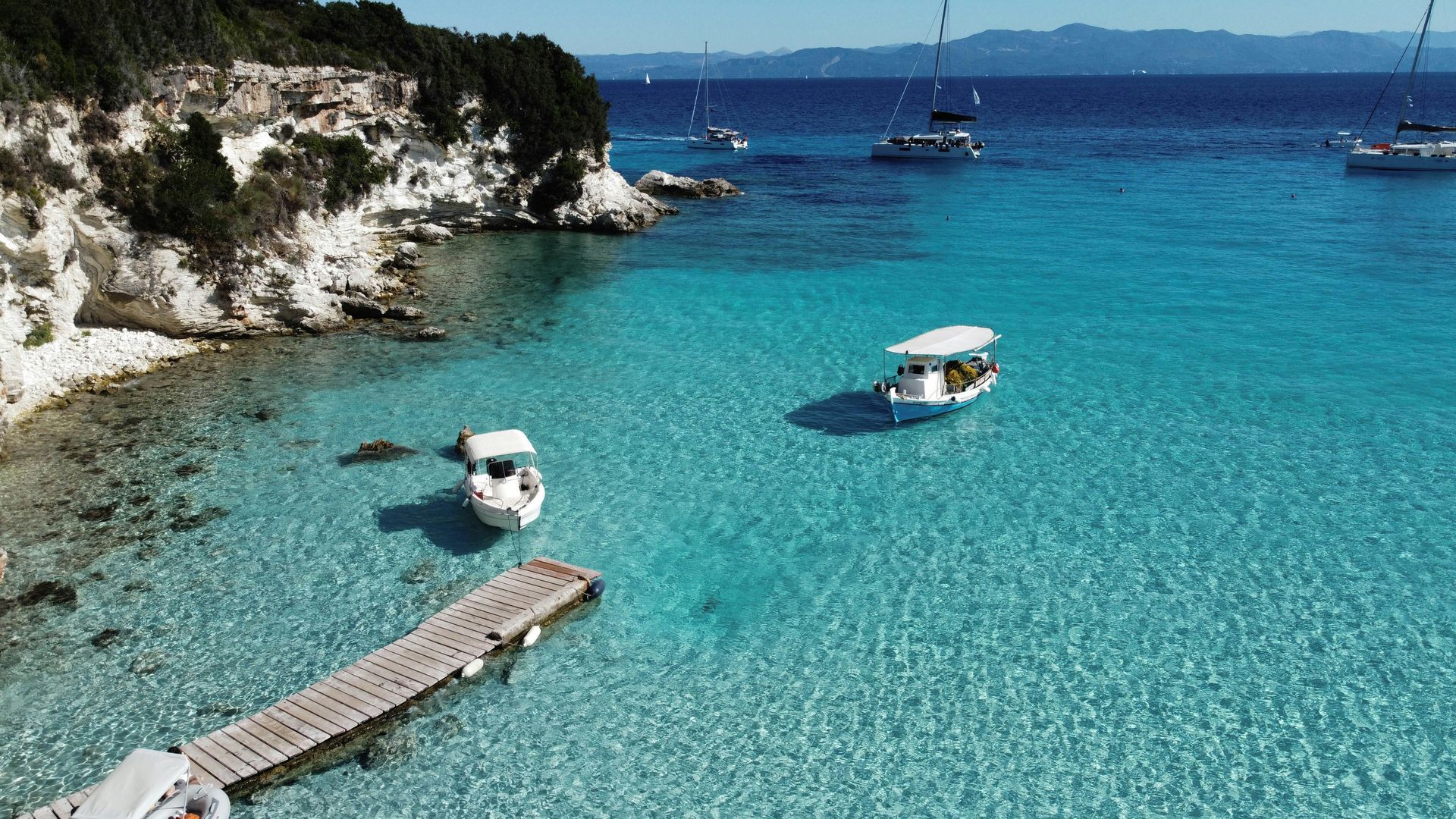
Slide title
Corfu
Button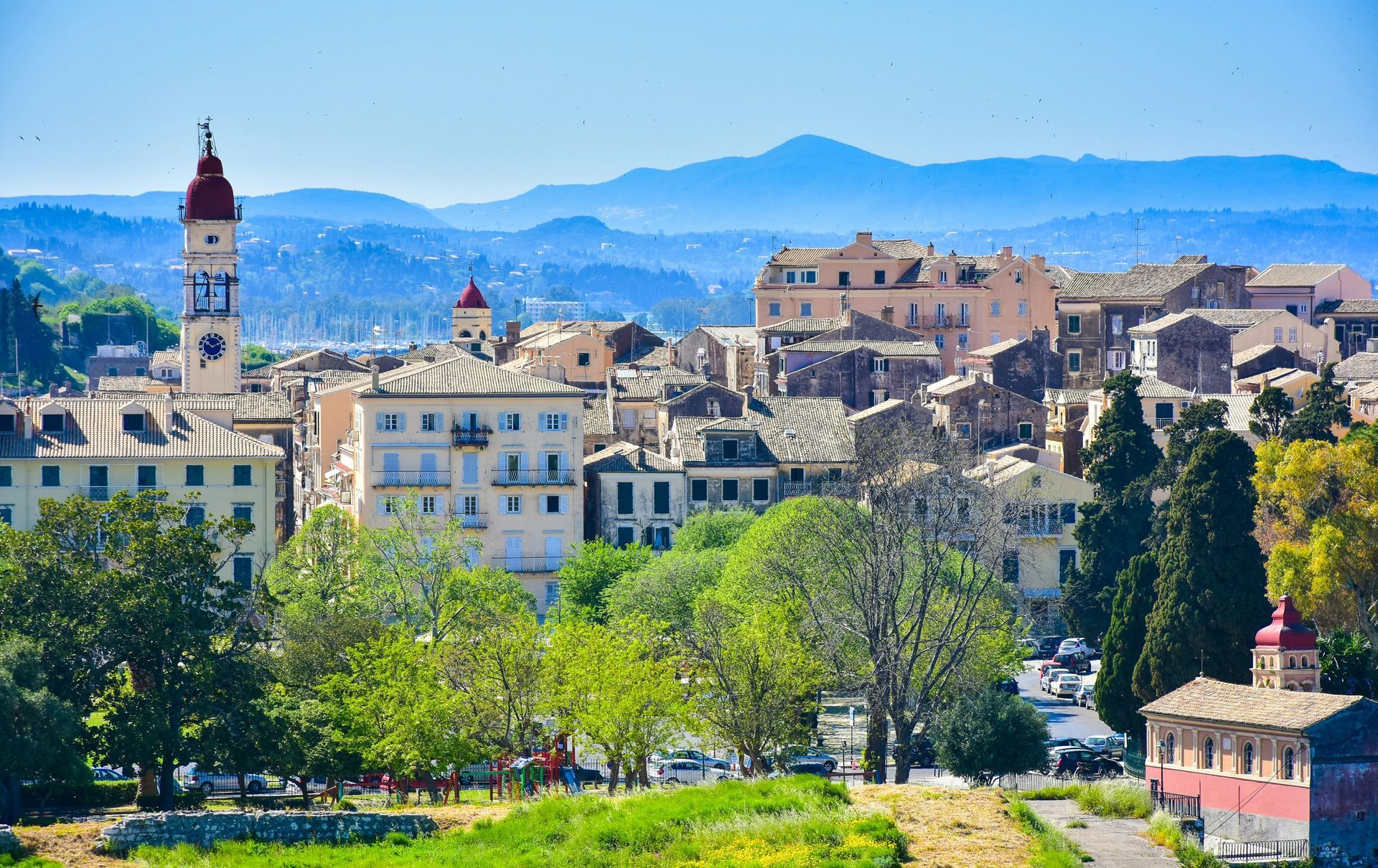
Slide title
Corfu
Button
Slide title
Corfu
Button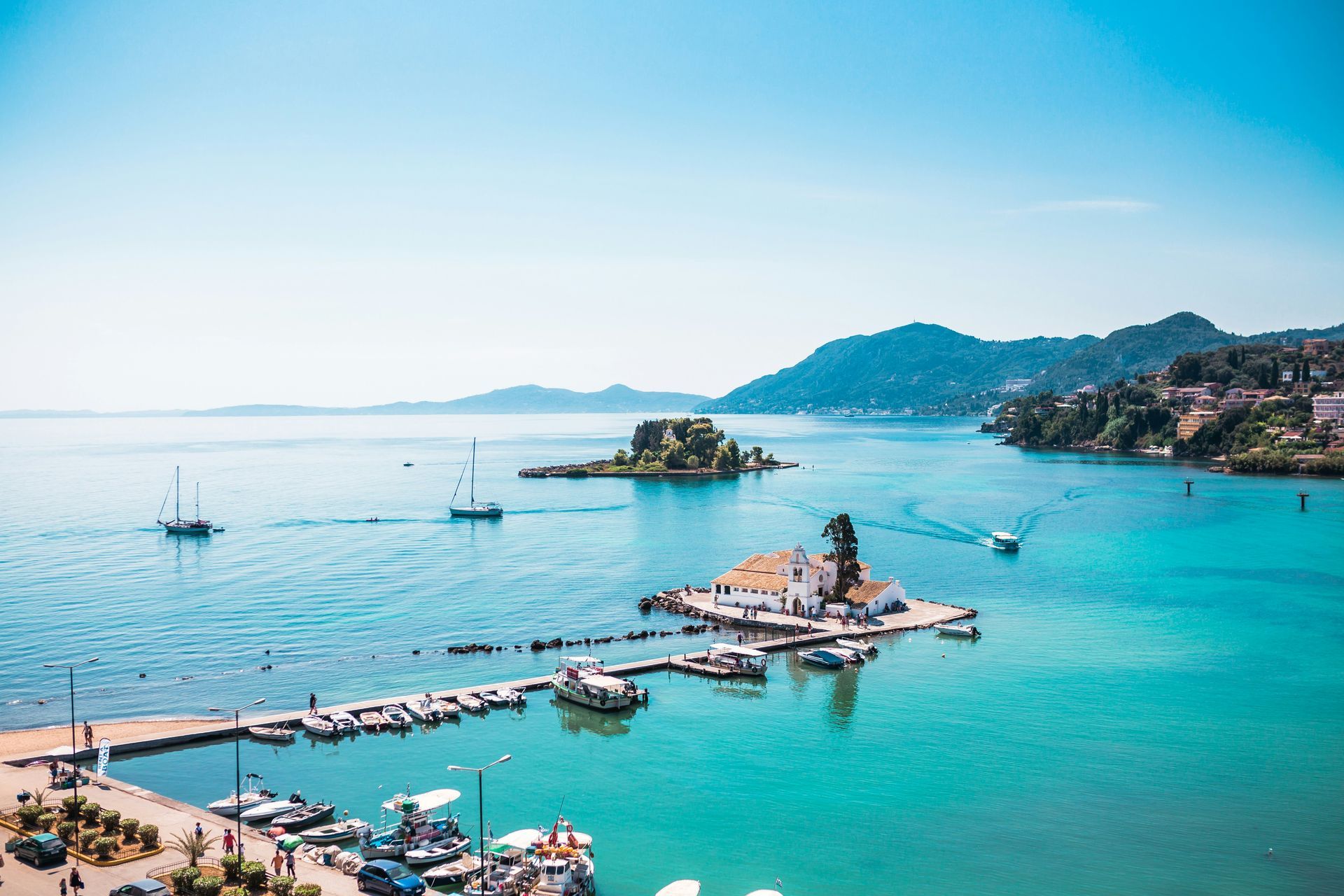
Slide title
Corfu
Button
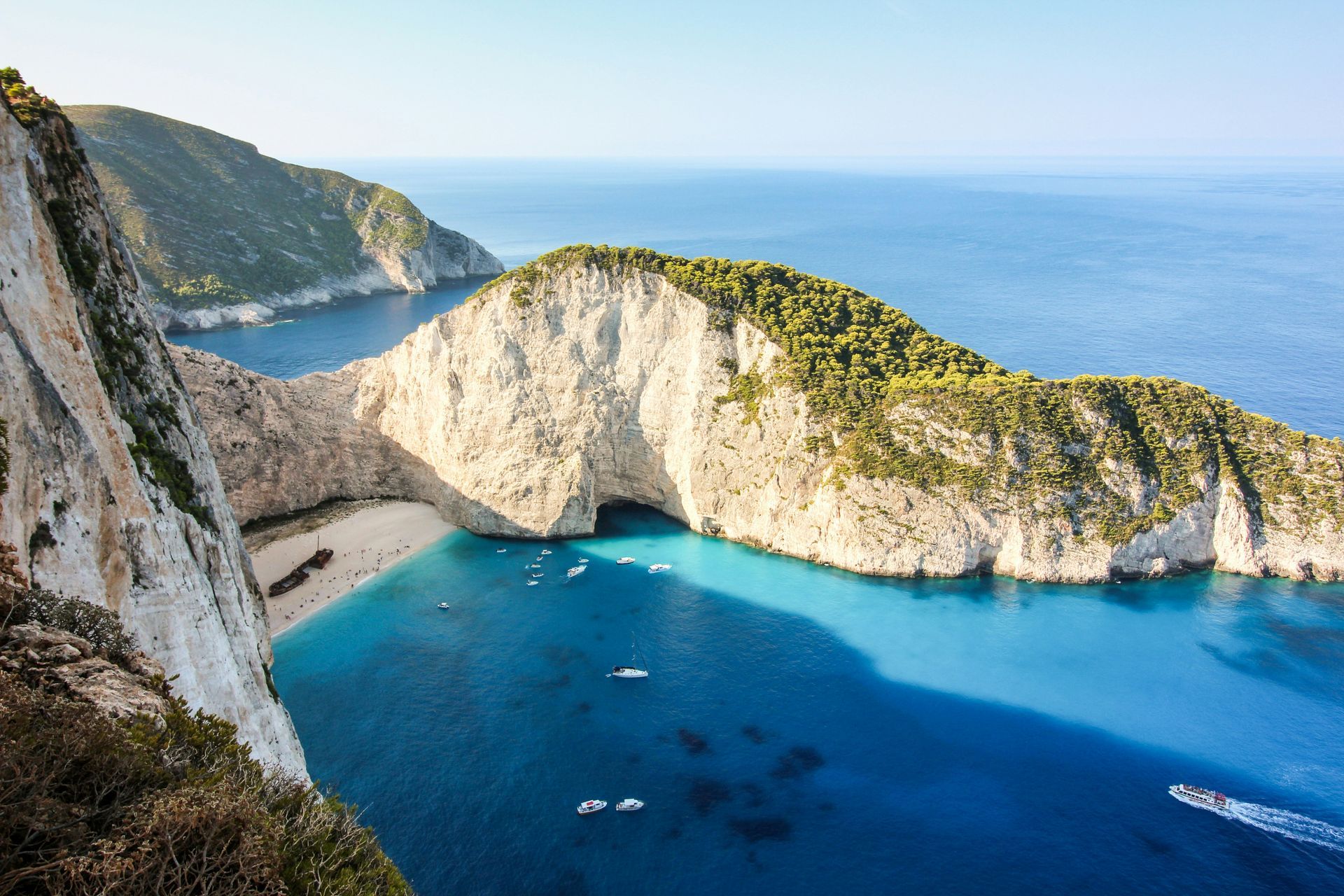
Slide title
Zakynthos
Button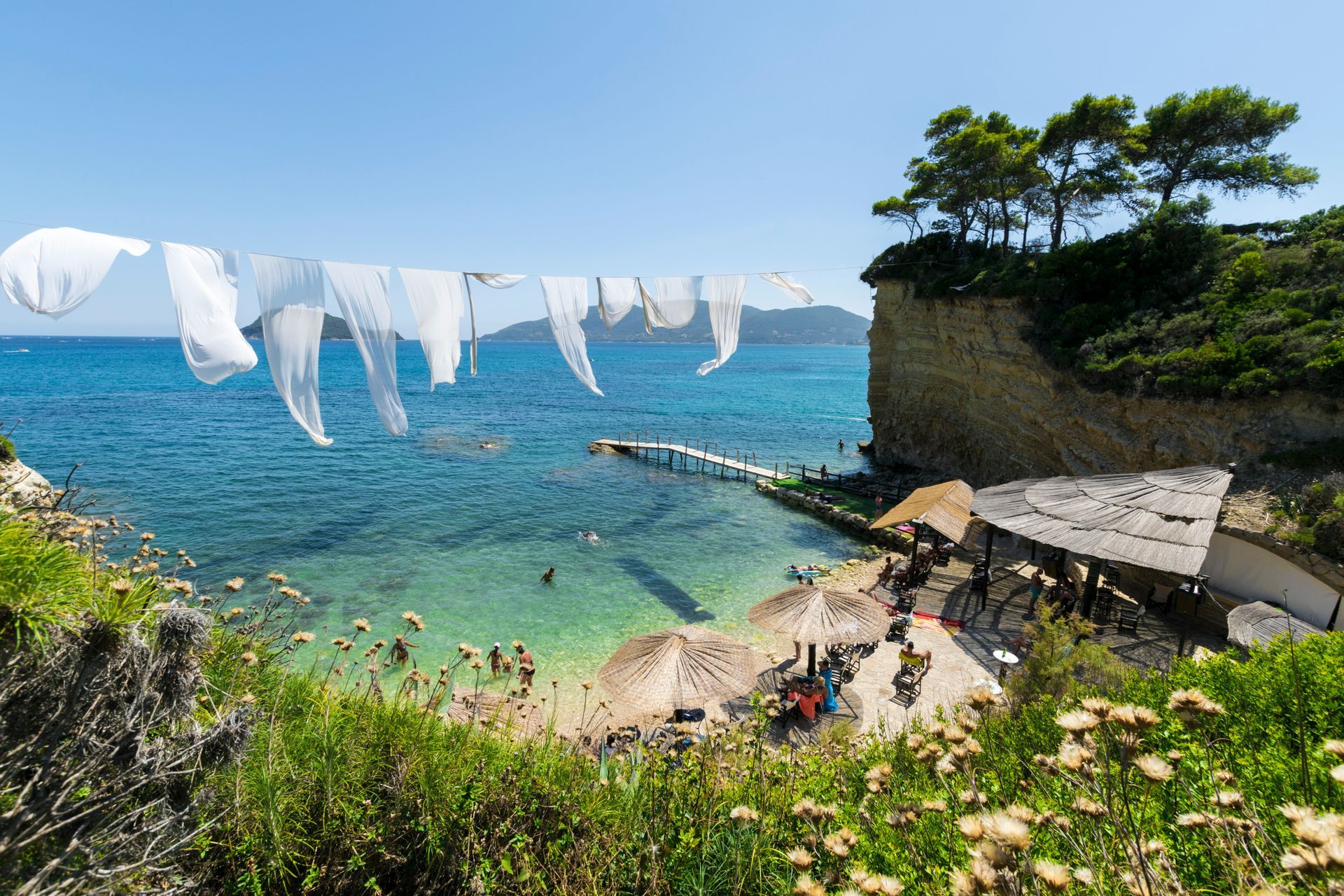
Slide title
Zakynthos
Button
Slide title
Zakynthos
Button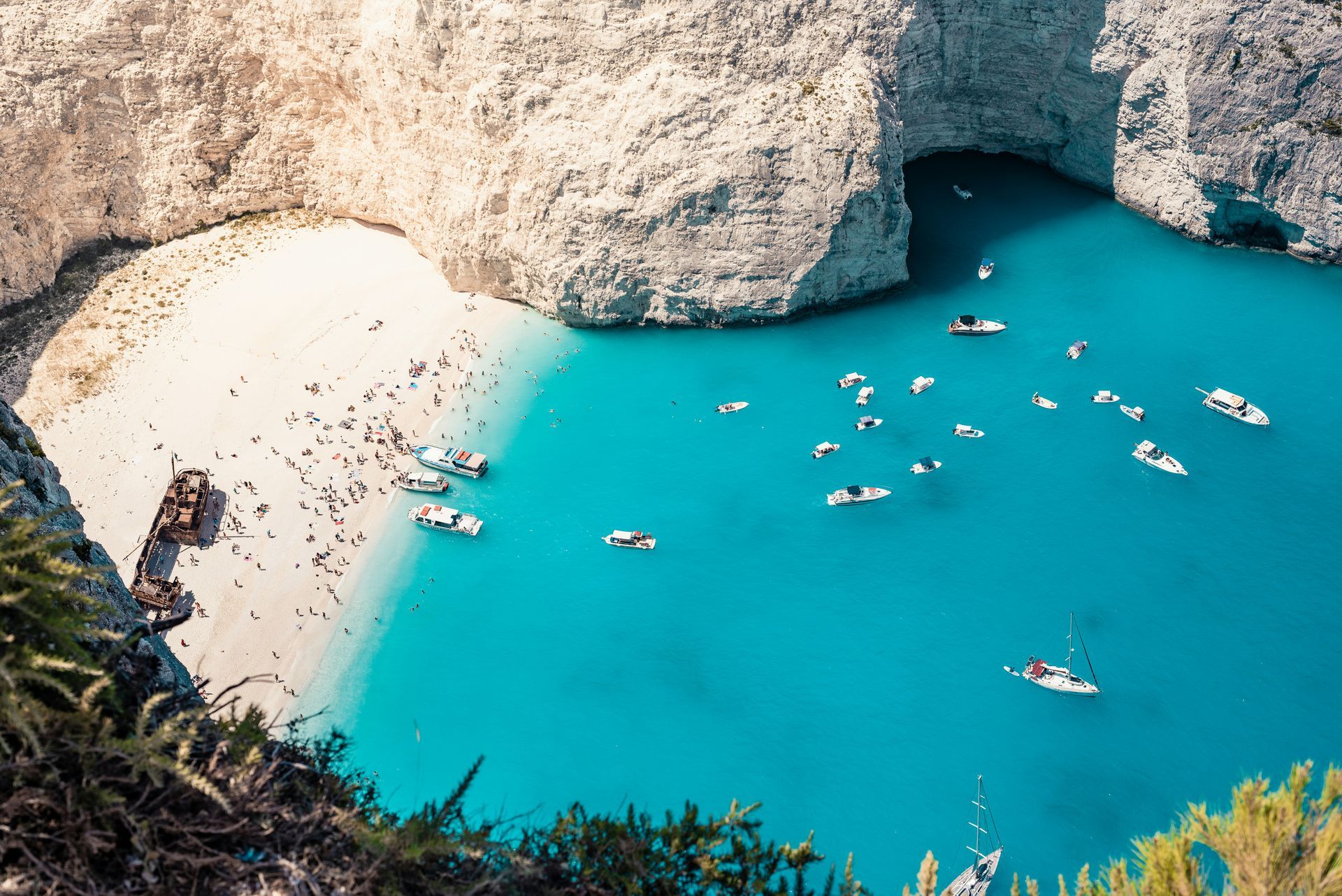
Slide title
Zakynthos
Button
Slide title
Zakynthos
Button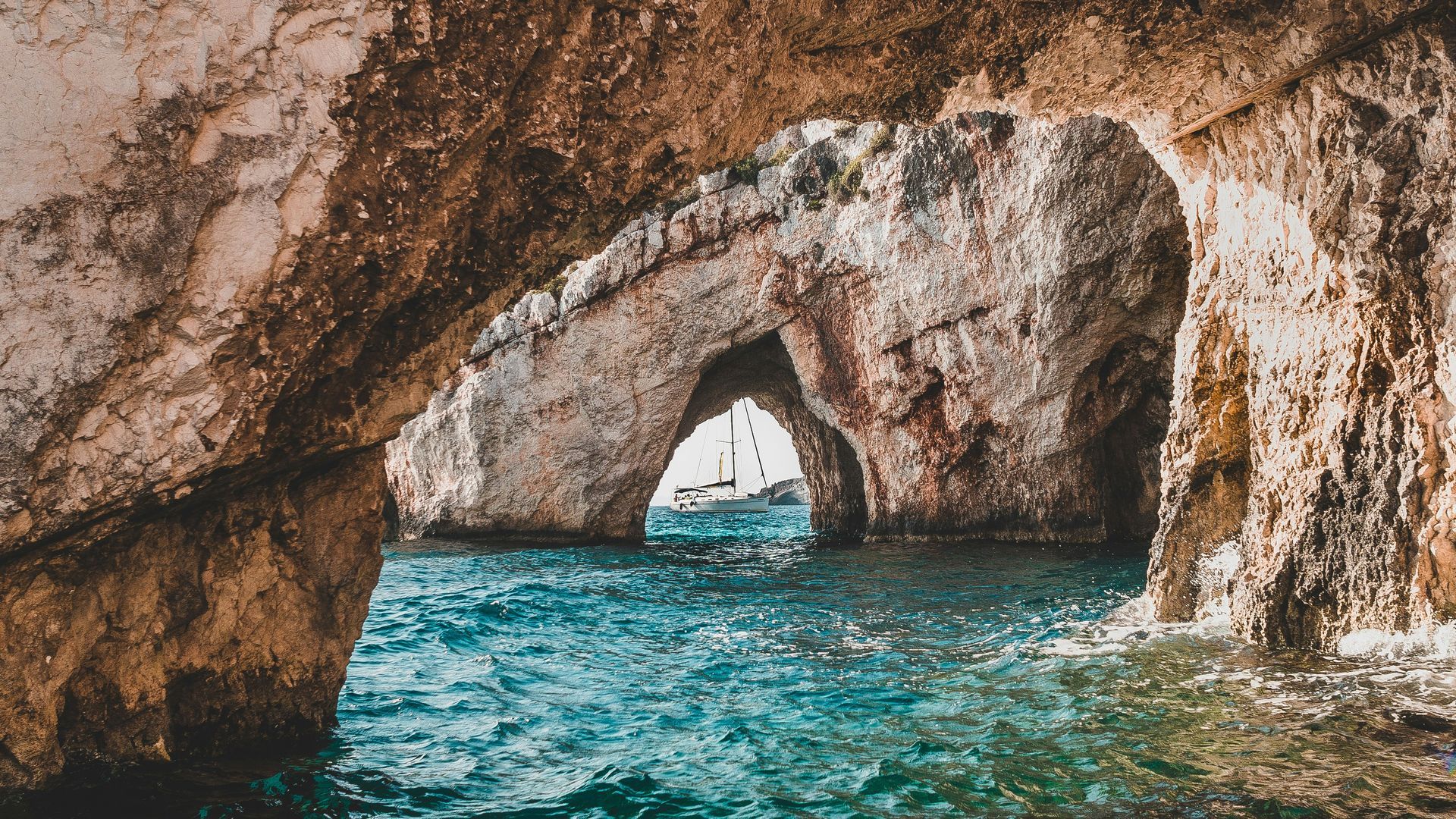
Slide title
Zakynthos
Button
Slide title
Zakynthos
Button
Slide title
Zakynthos
Button
Slide title
Zakynthos
Button
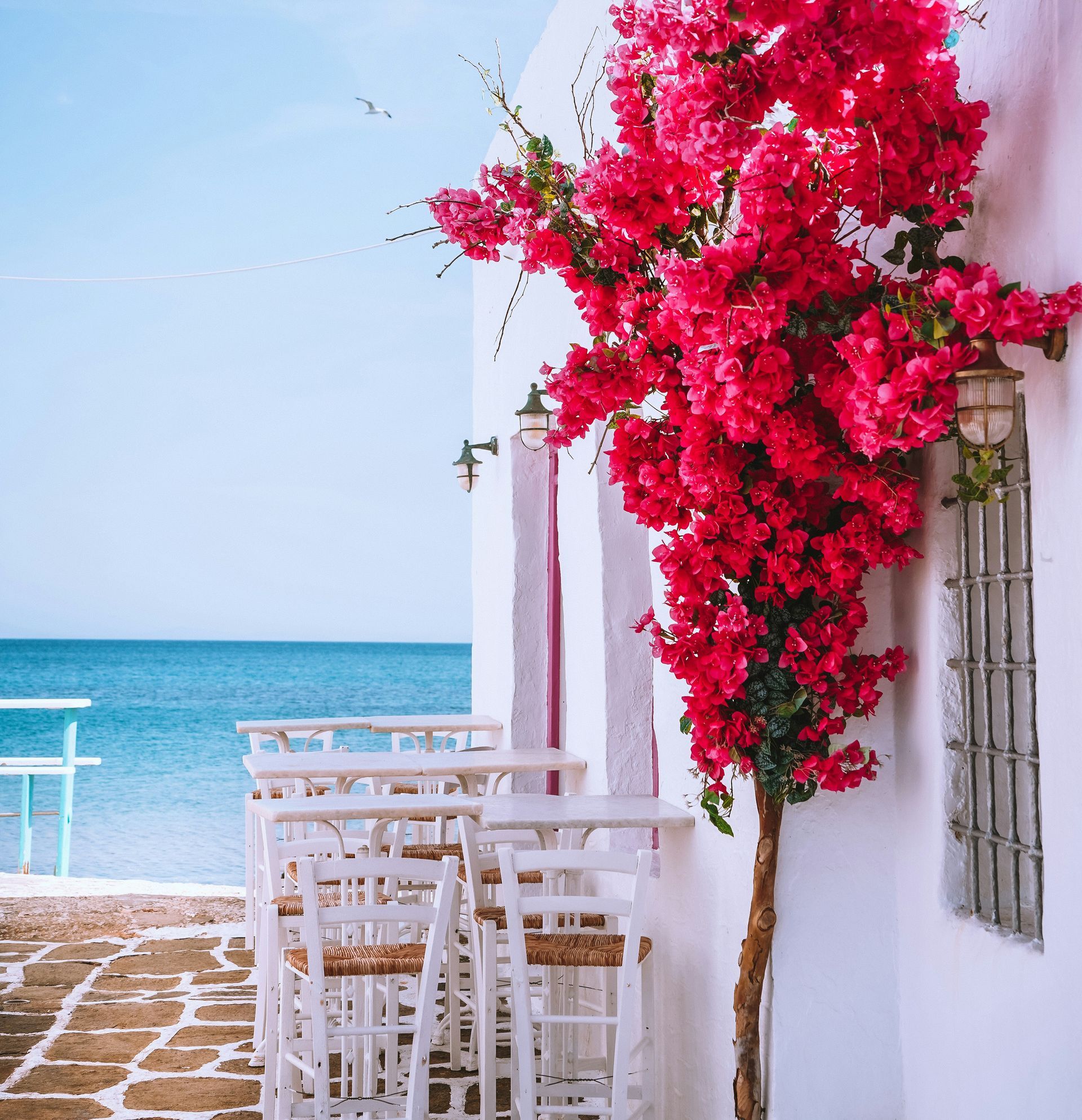
Slide title
Paros
Button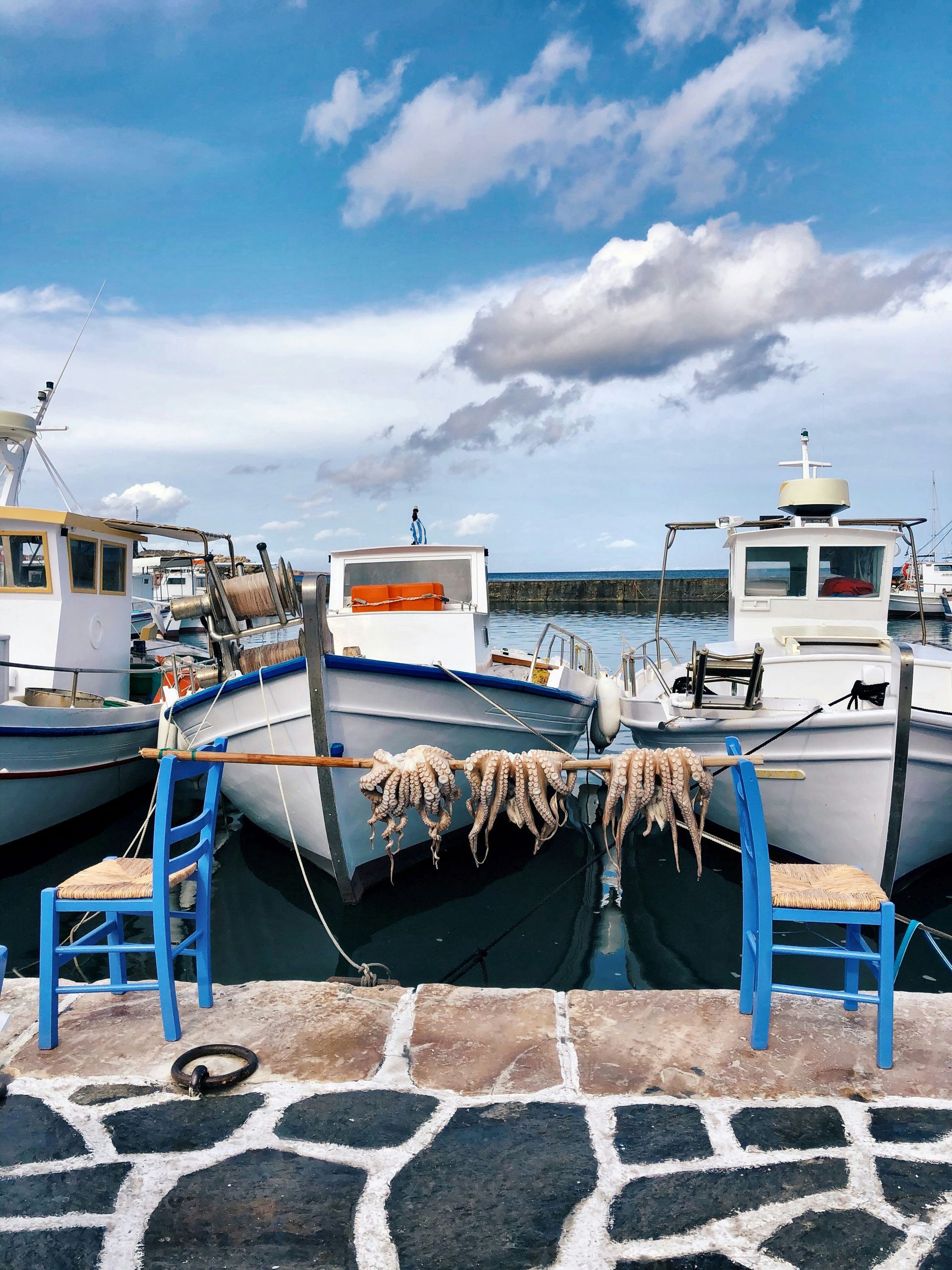
Slide title
Paros
Button
Slide title
Paros
Button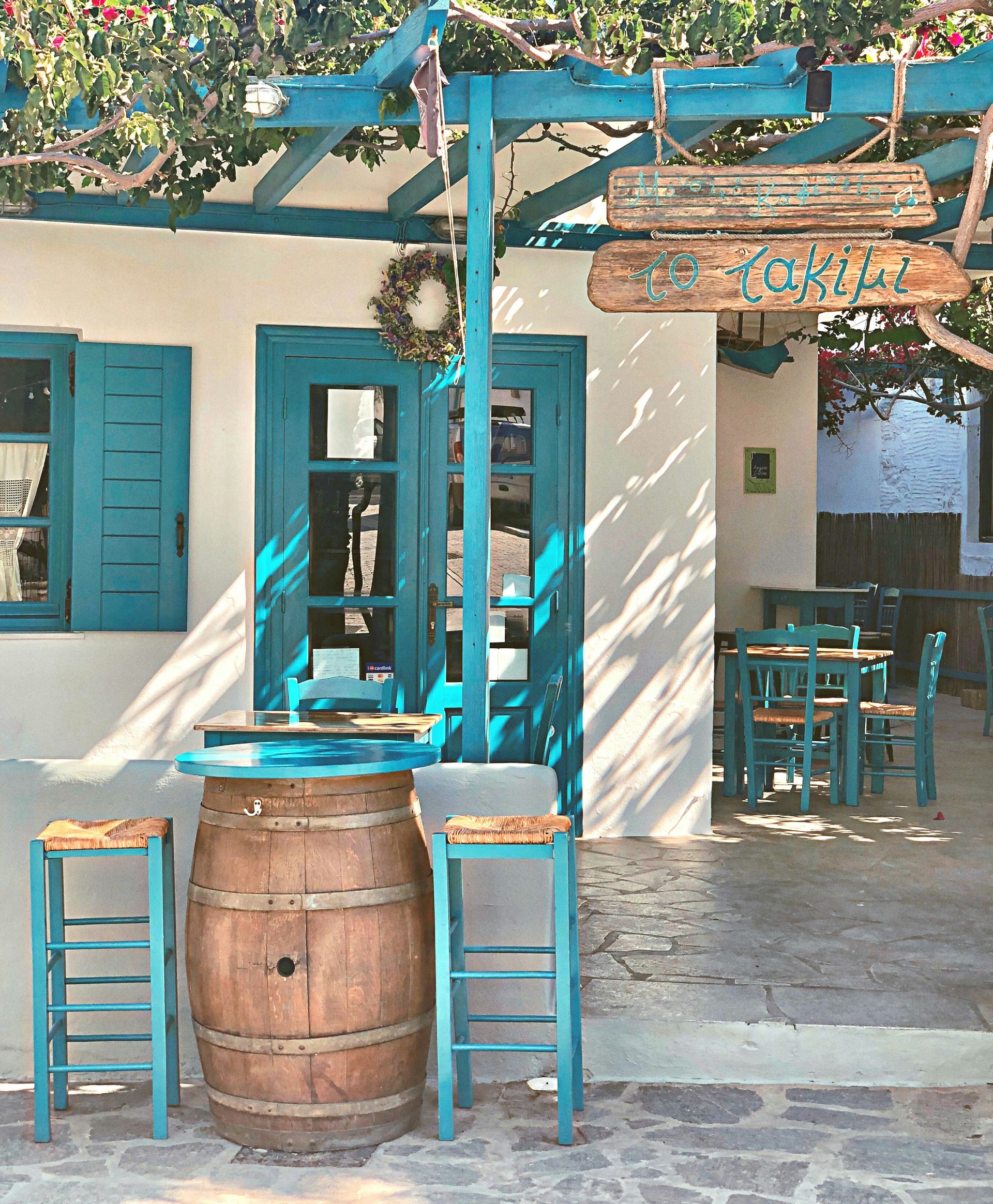
Slide title
Paros
Button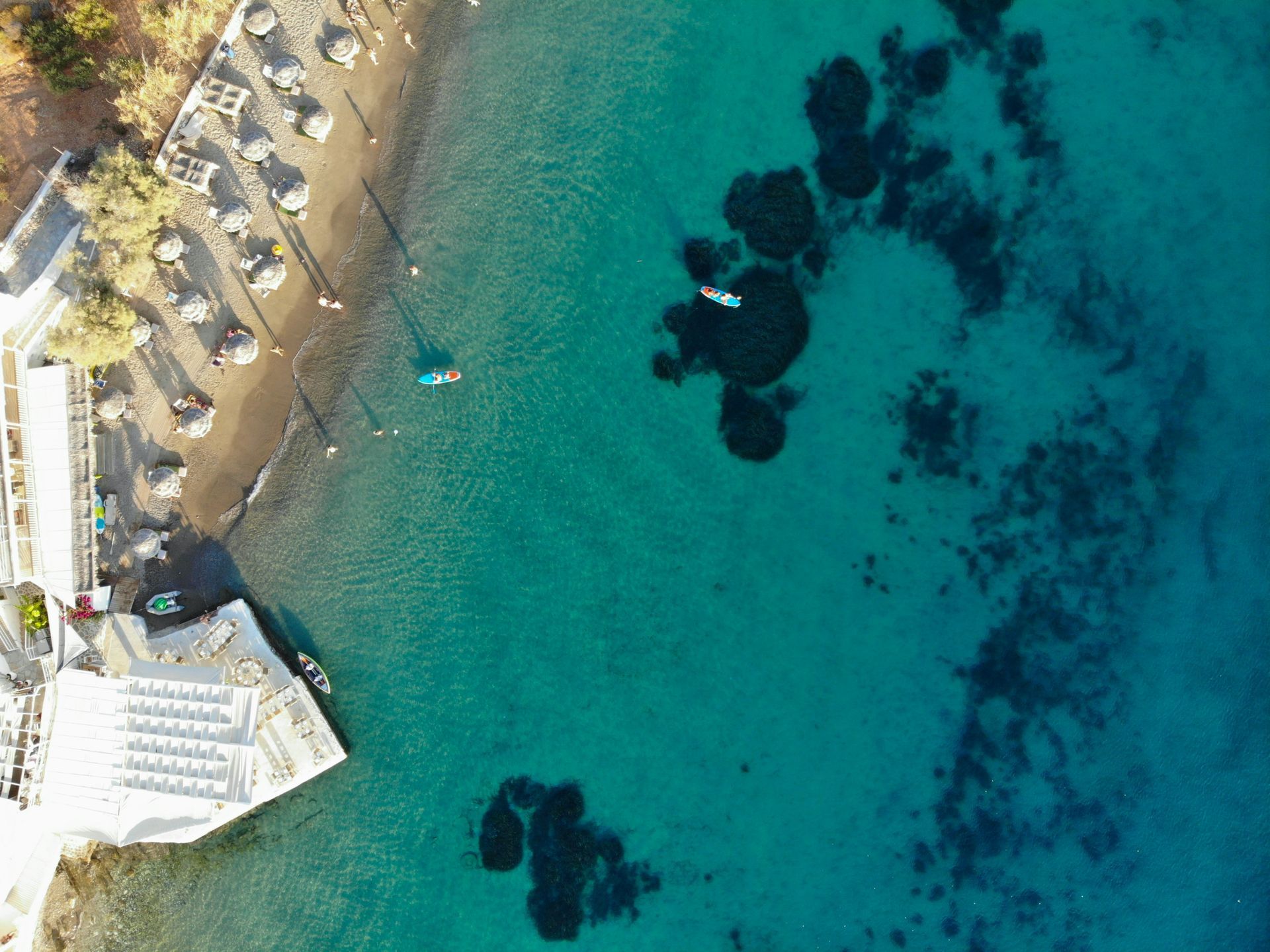
Slide title
Paros
Button
Slide title
Paros
Button
Slide title
Paros
Button
Slide title
Paros
Button
Slide title
Paros
Button
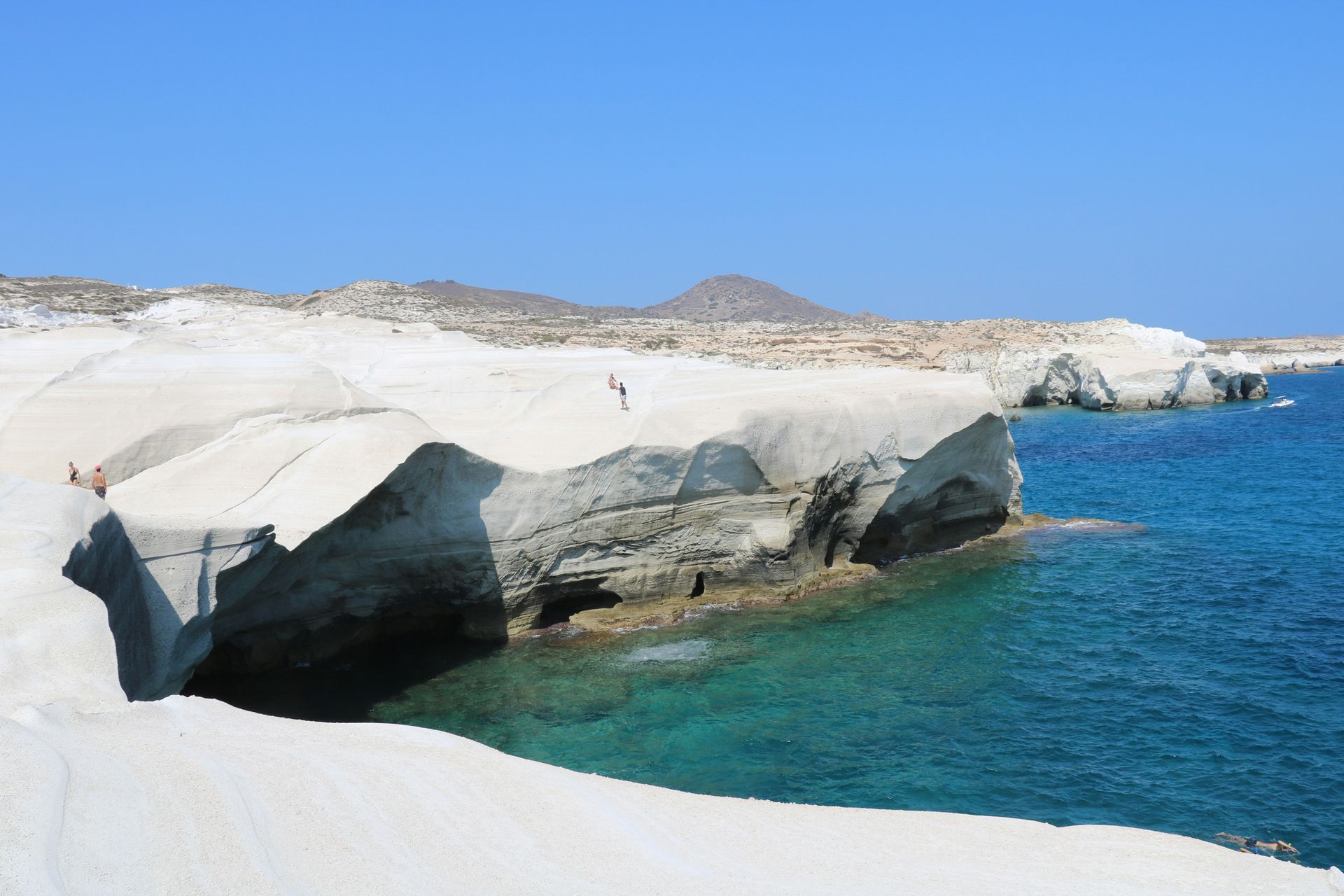
Slide title
Milos
Button
Slide title
Milos
Button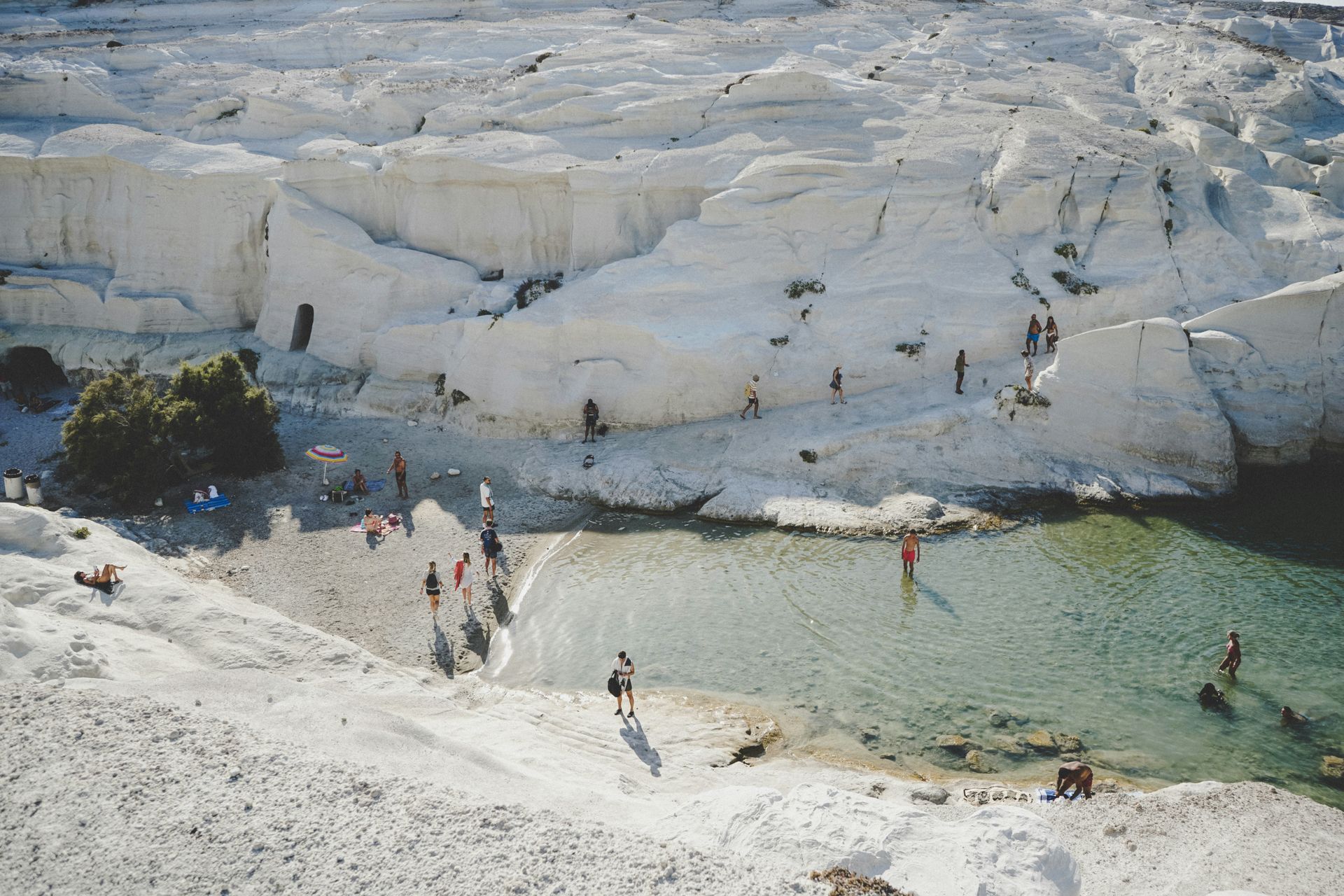
Slide title
Milos
Button
Slide title
Milos
Button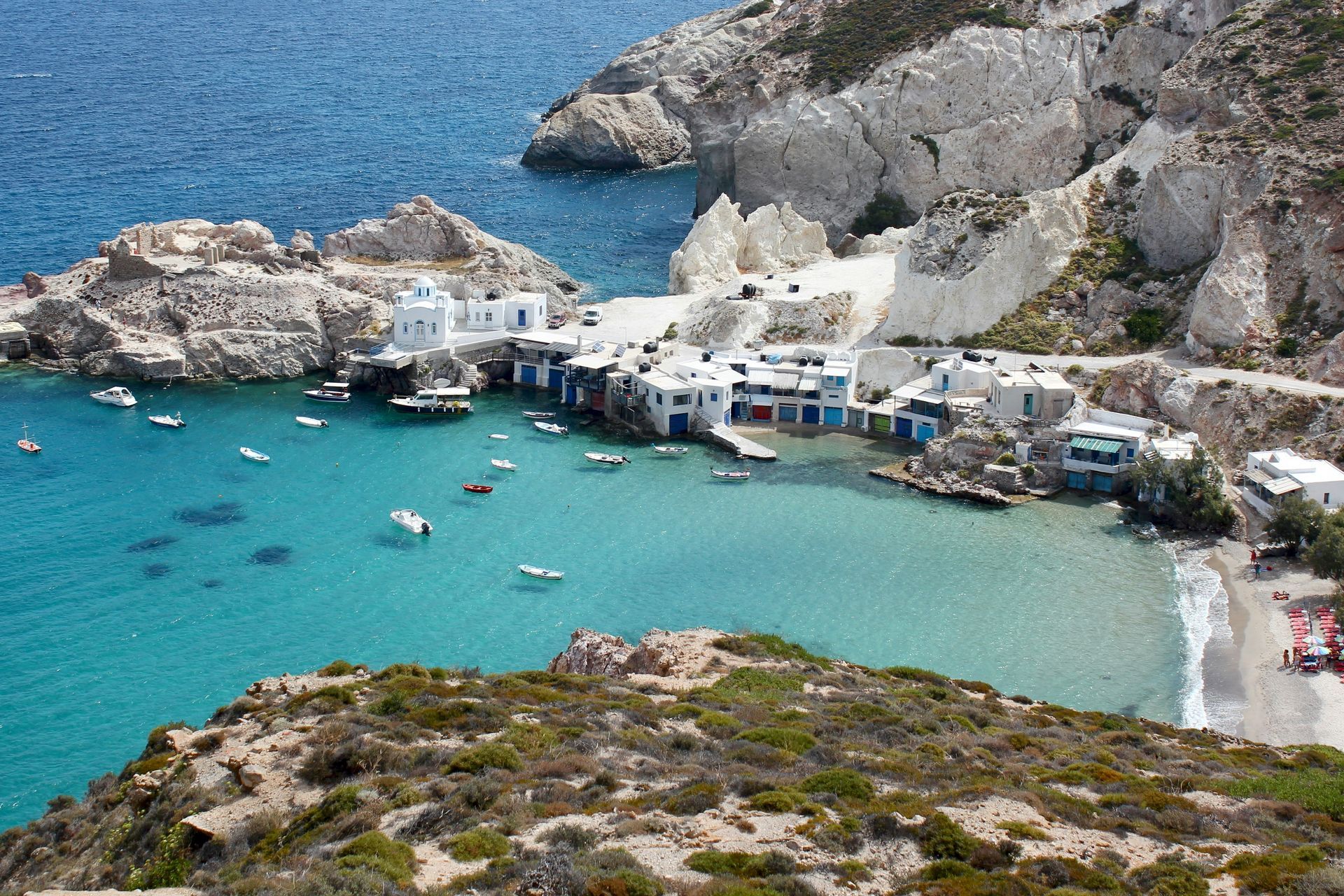
Slide title
Milos
Button
Slide title
Milos
Button
Slide title
Milos
Button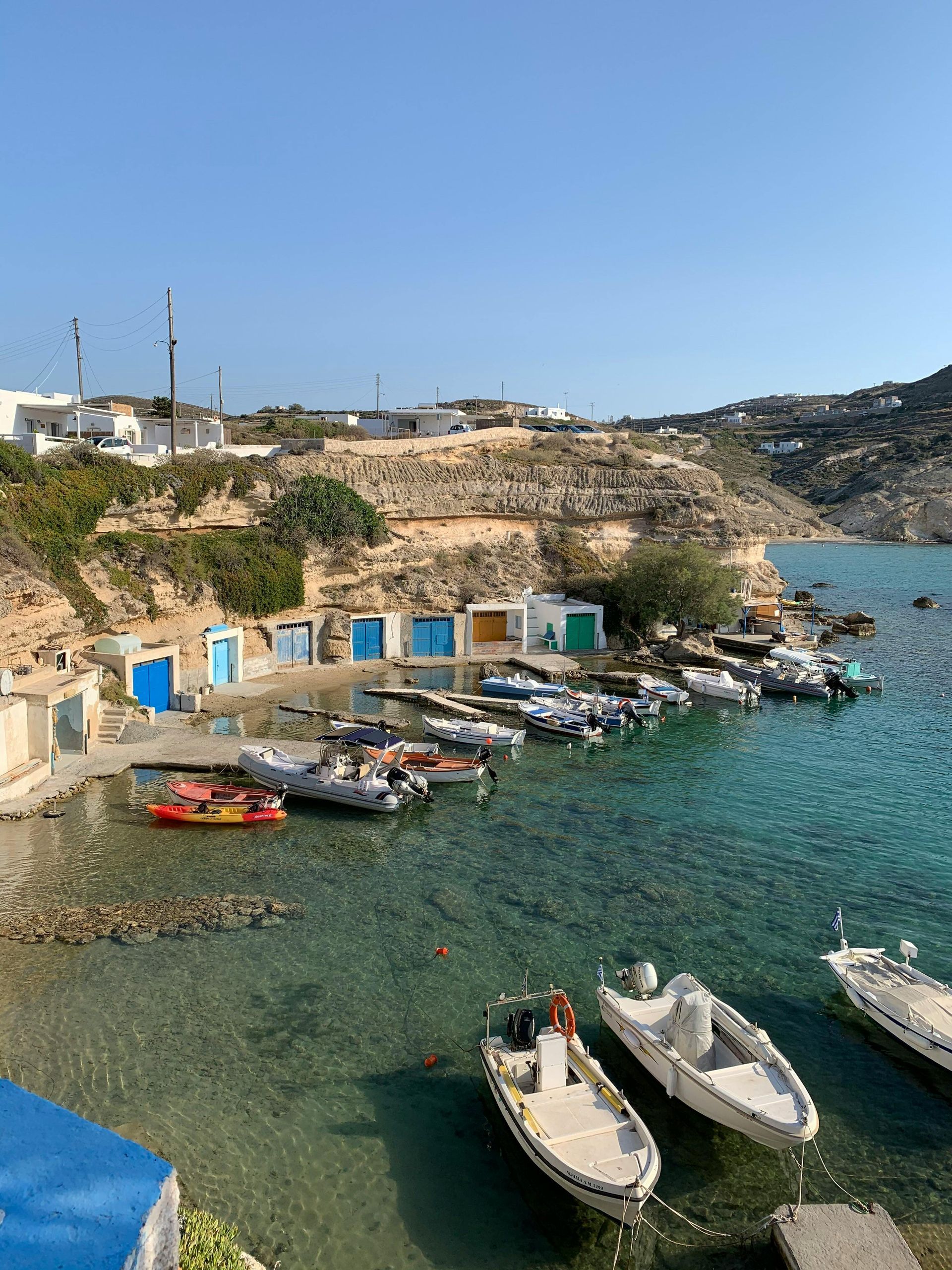
Slide title
Milos
Button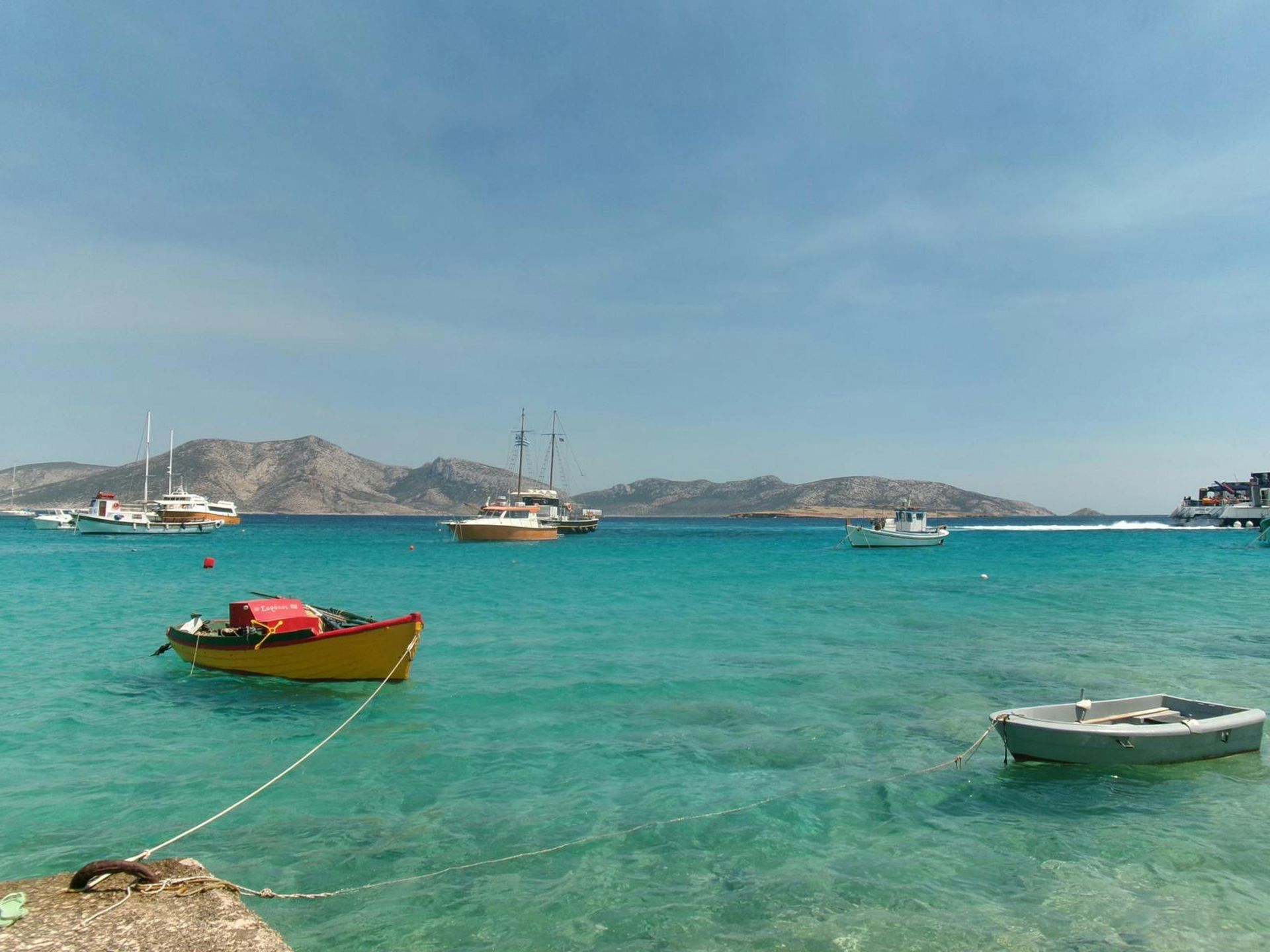
Slide title
Milos
Button
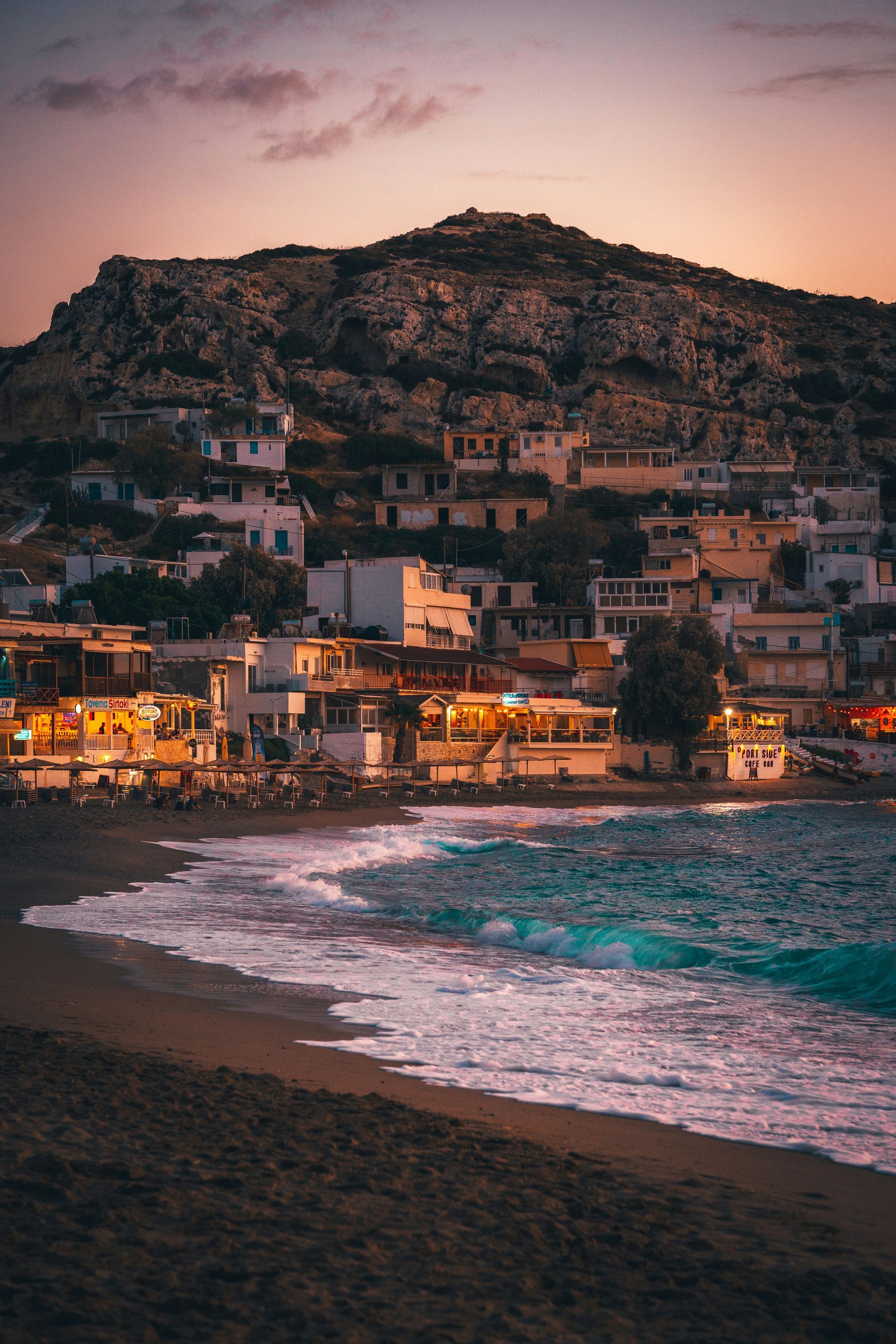
Slide title
Crete
Button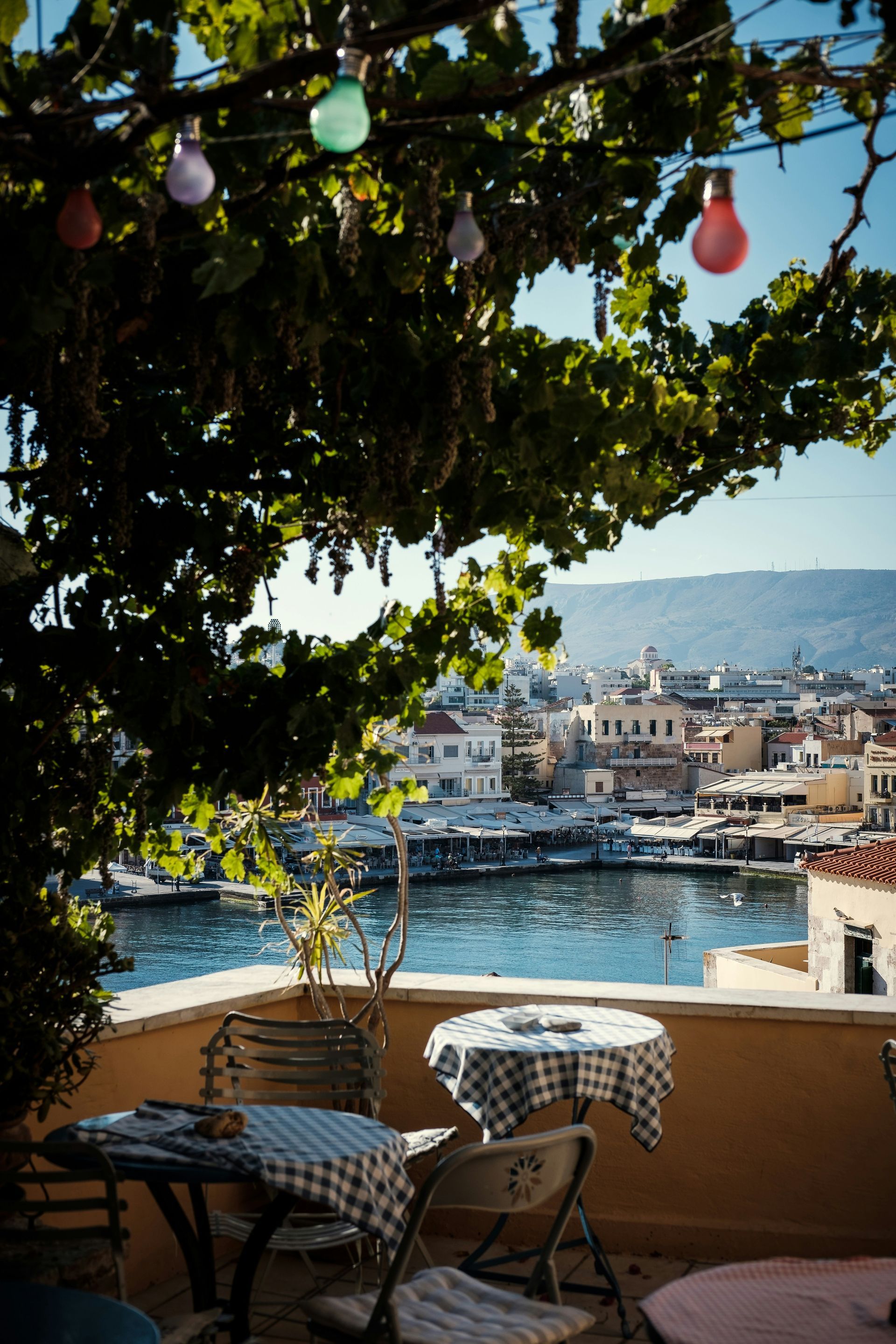
Slide title
Crete
Button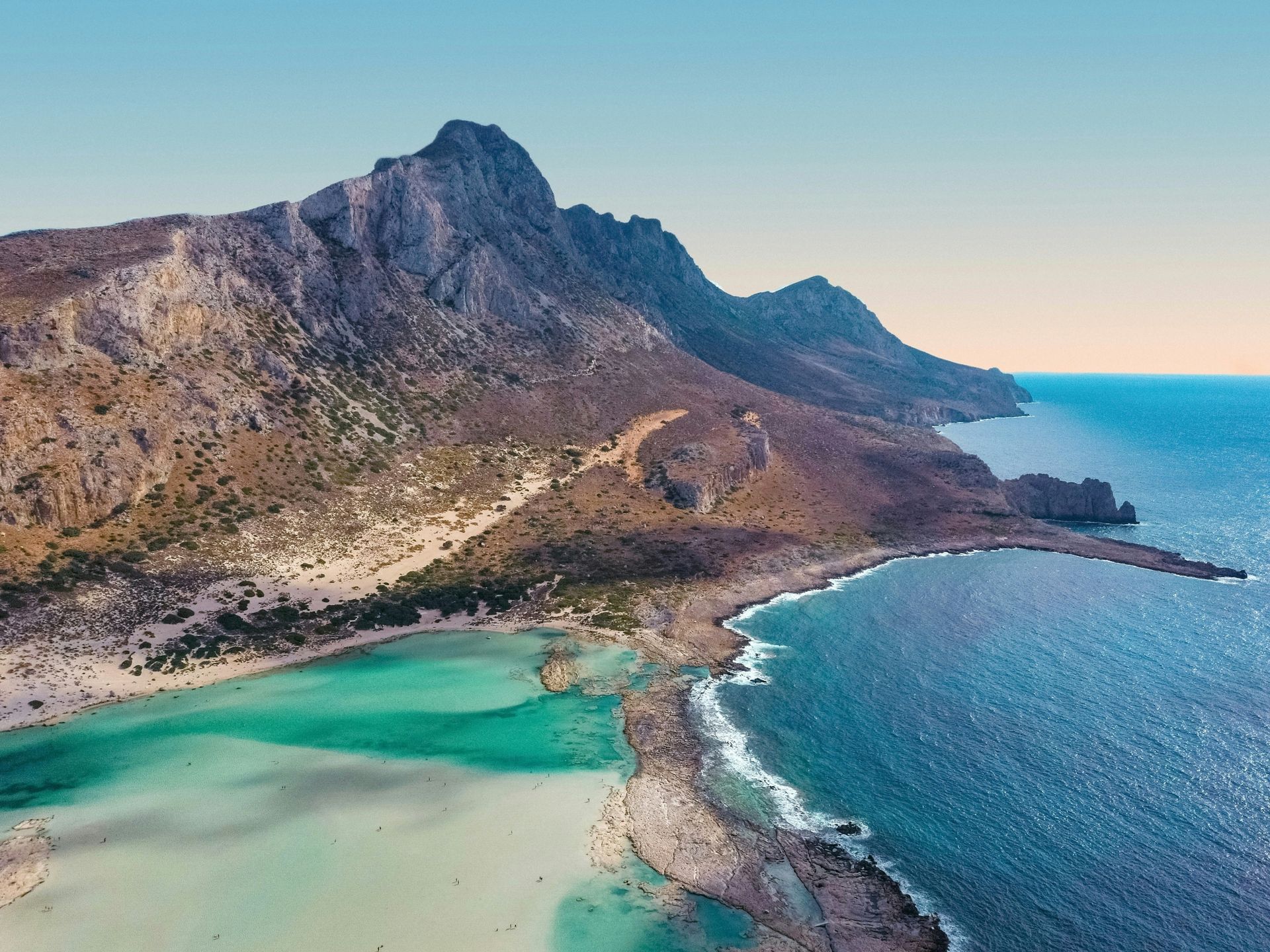
Slide title
Crete
Button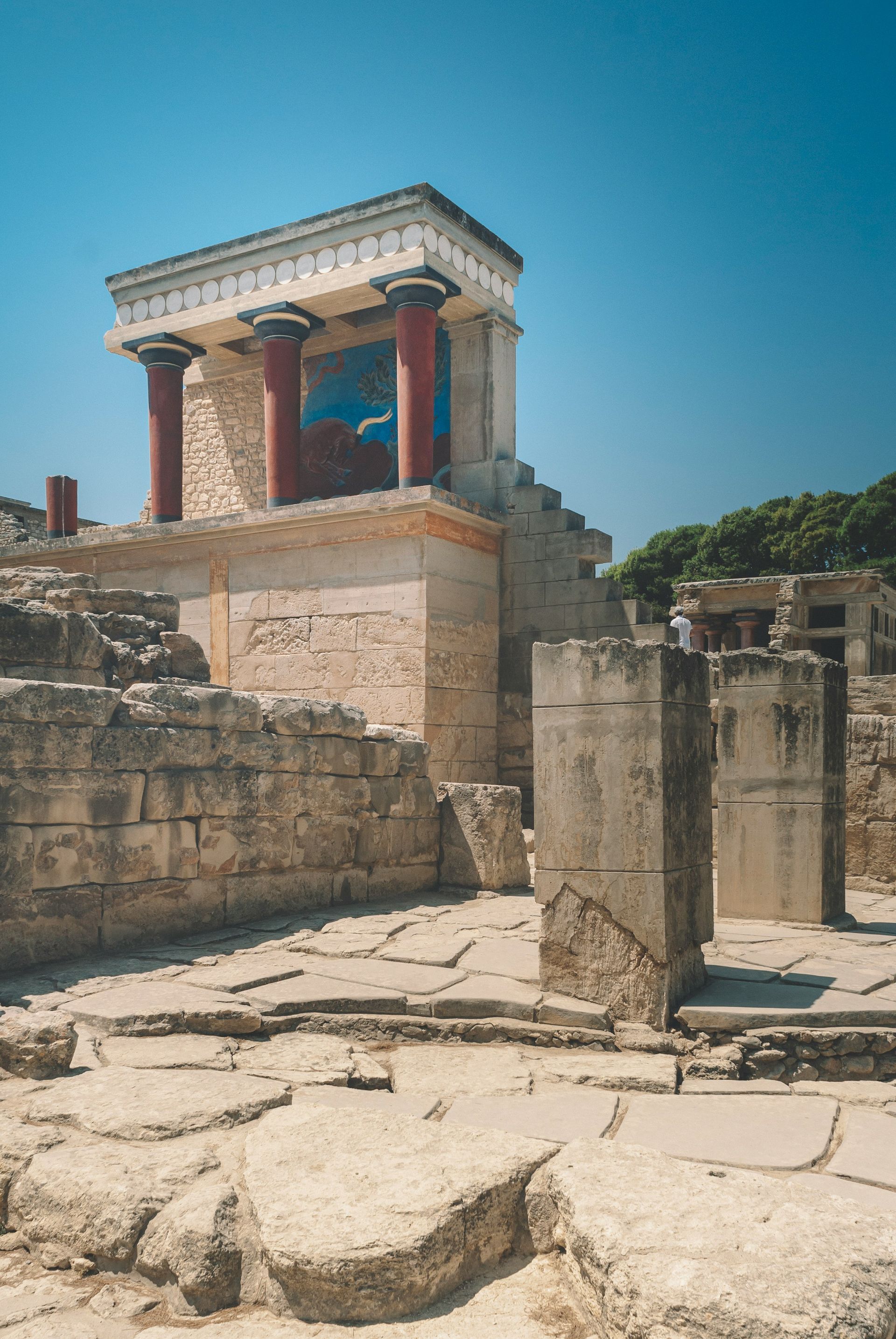
Slide title
Crete
Button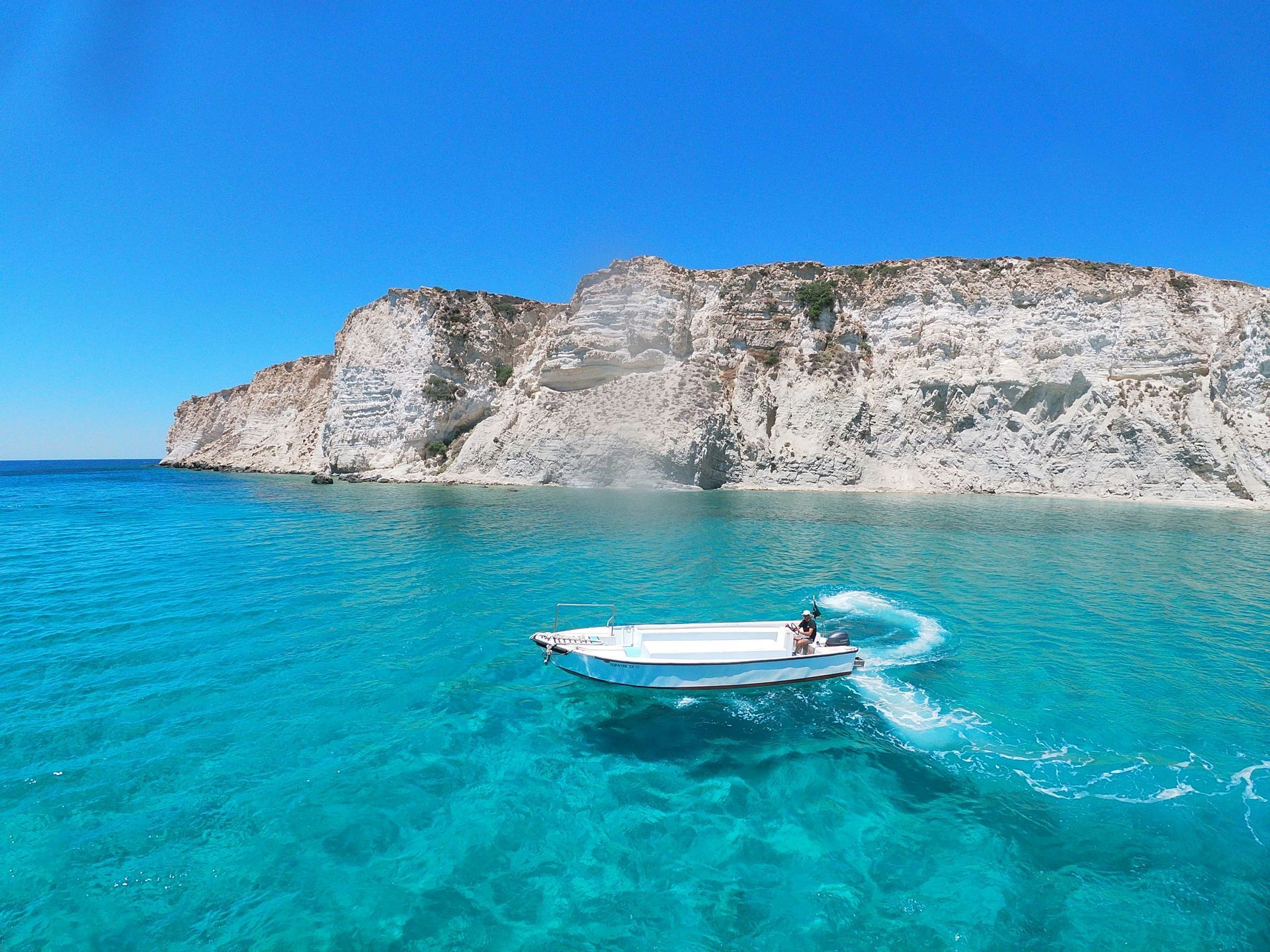
Slide title
Crete
Button
Slide title
Crete
Button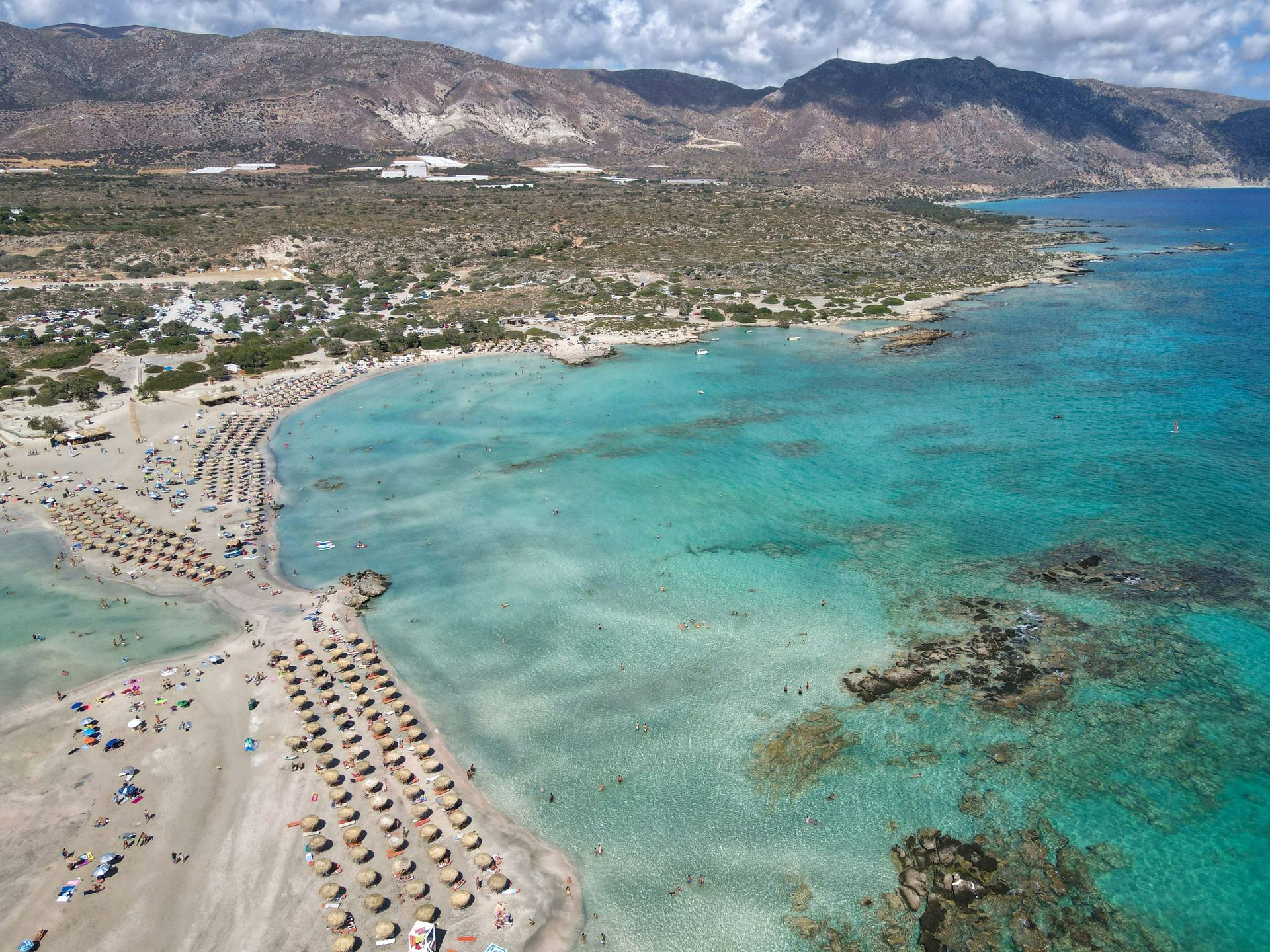
Slide title
Crete
Button
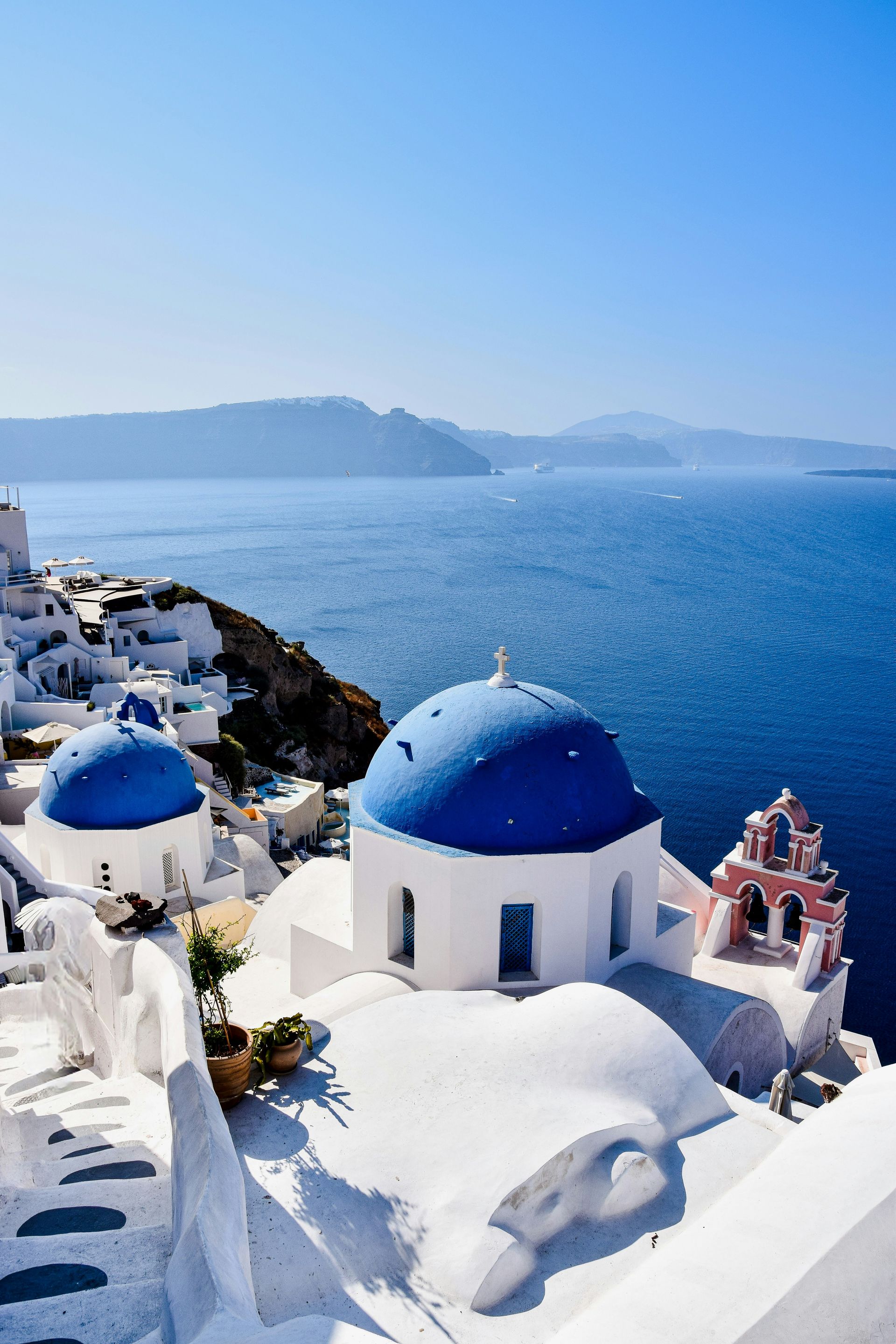
Slide title
Santorini
Button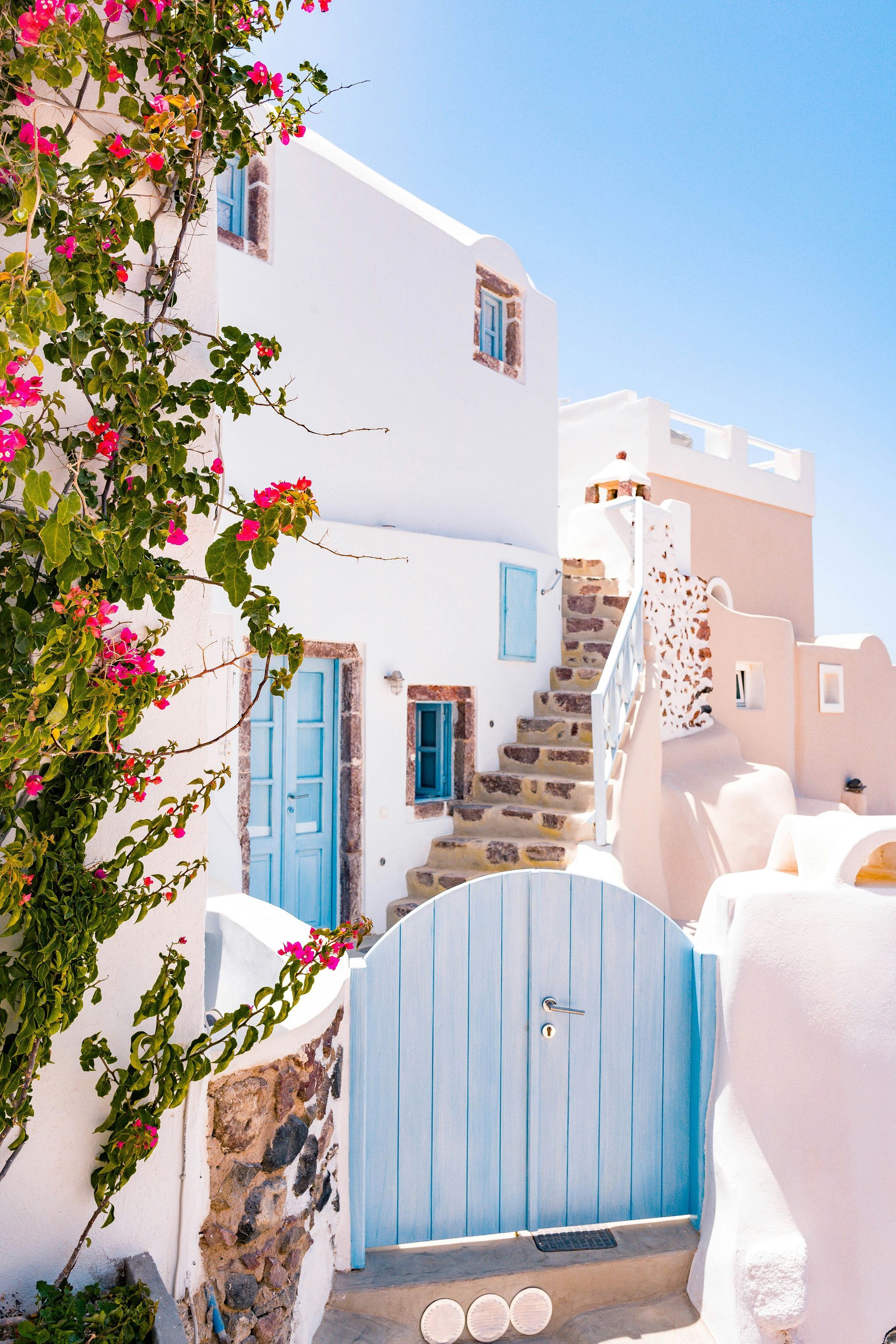
Slide title
Santorini
Button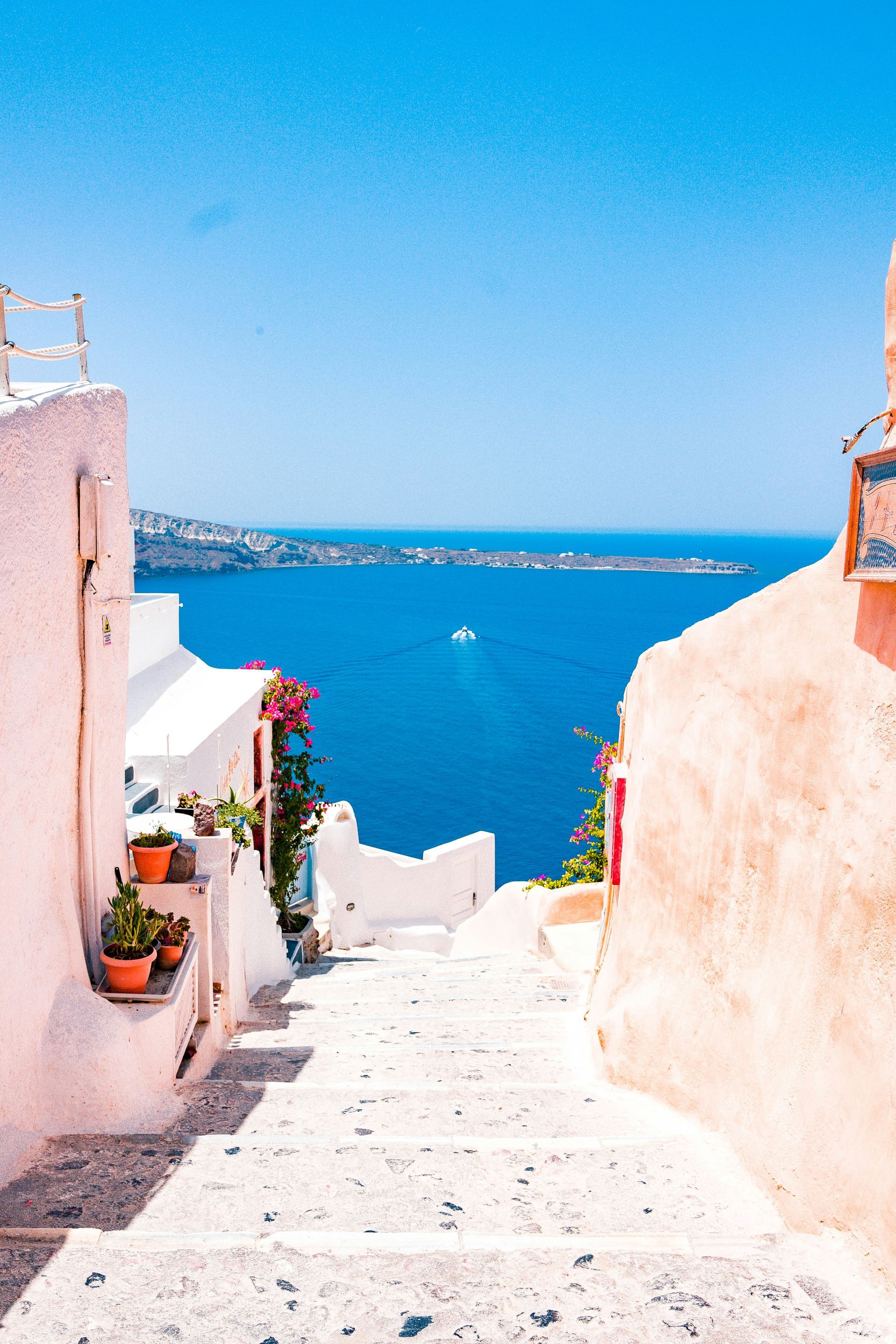
Slide title
Santorini
Button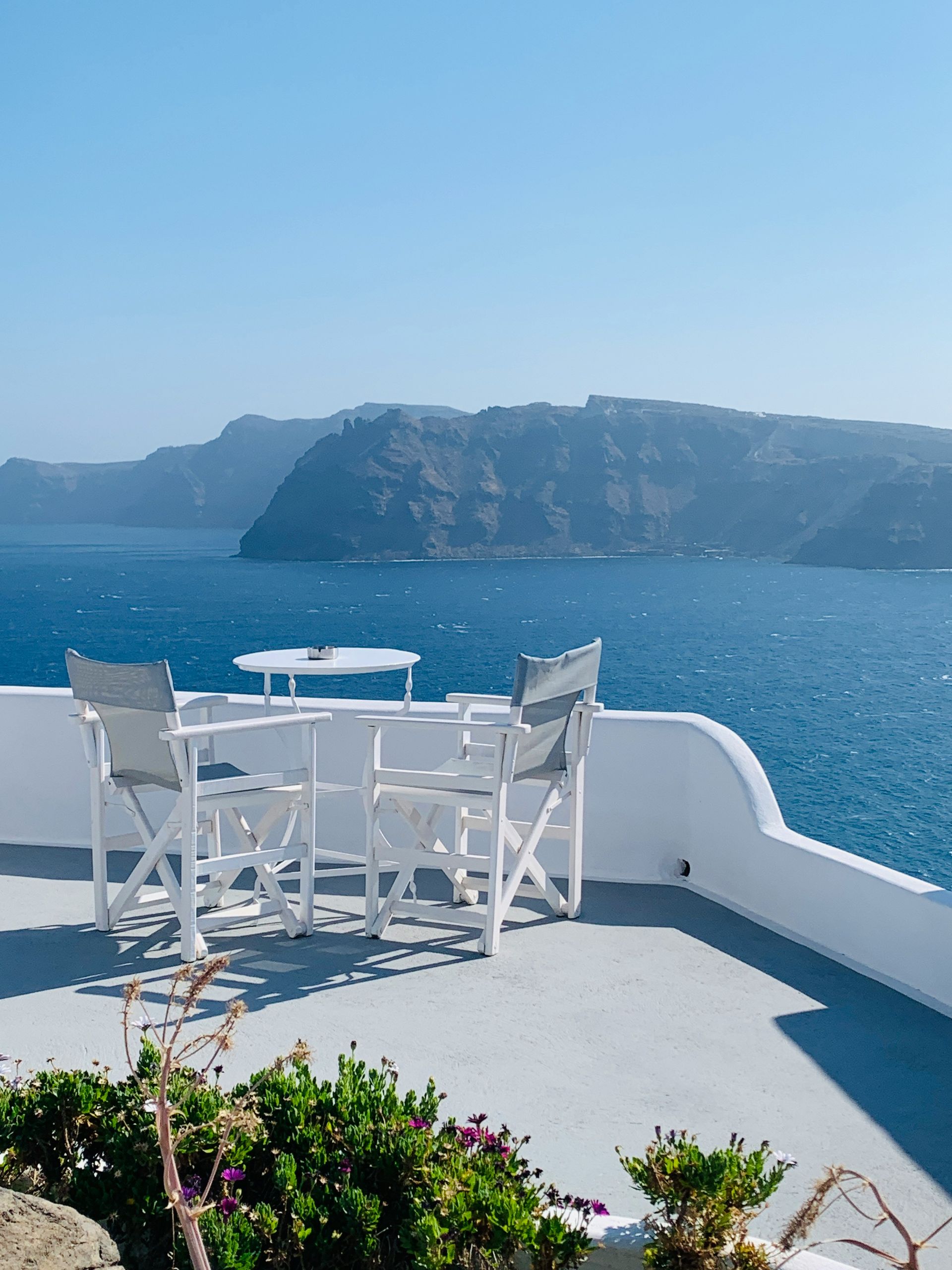
Slide title
Santorini
Button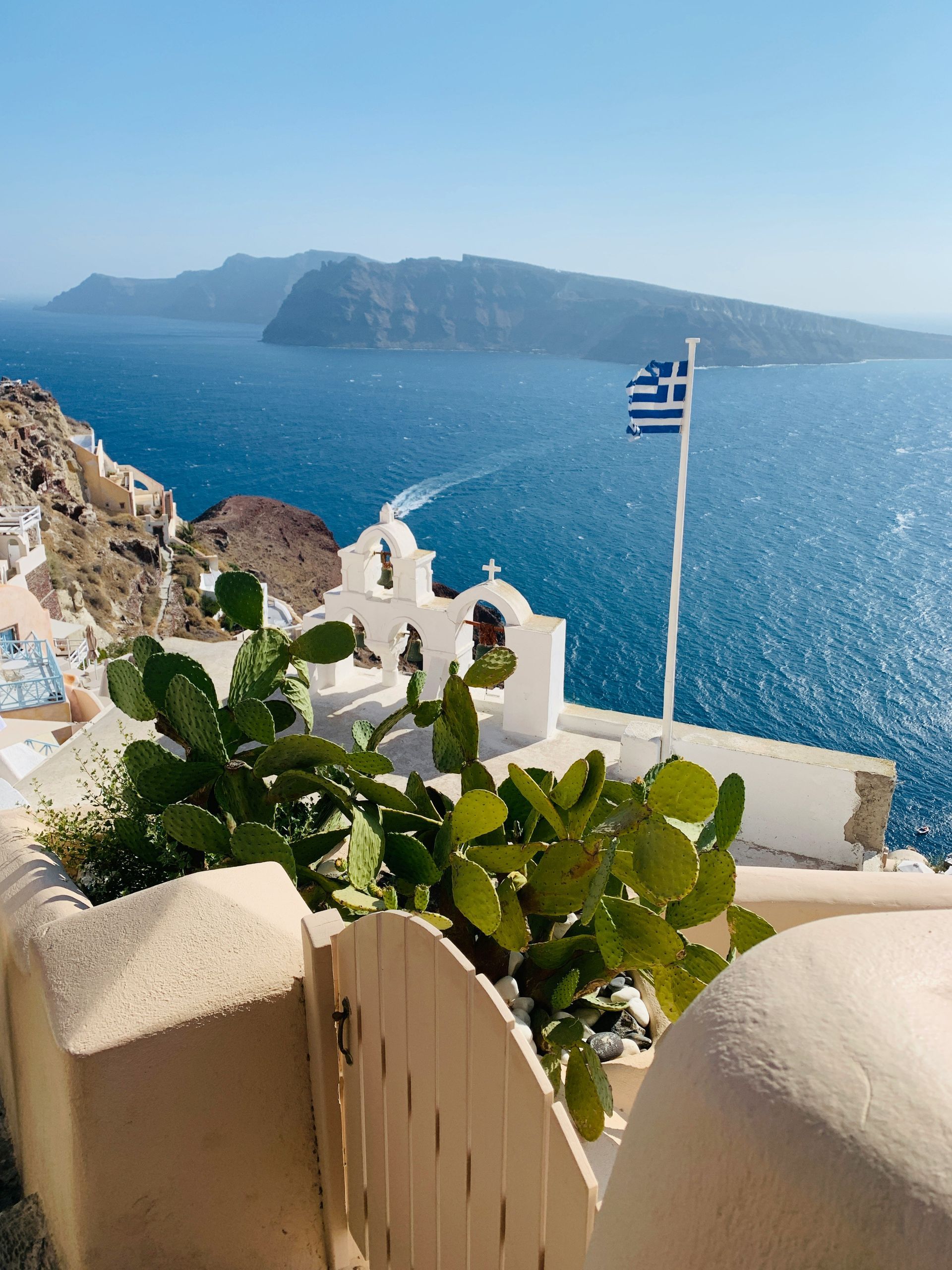
Slide title
Santorini
Button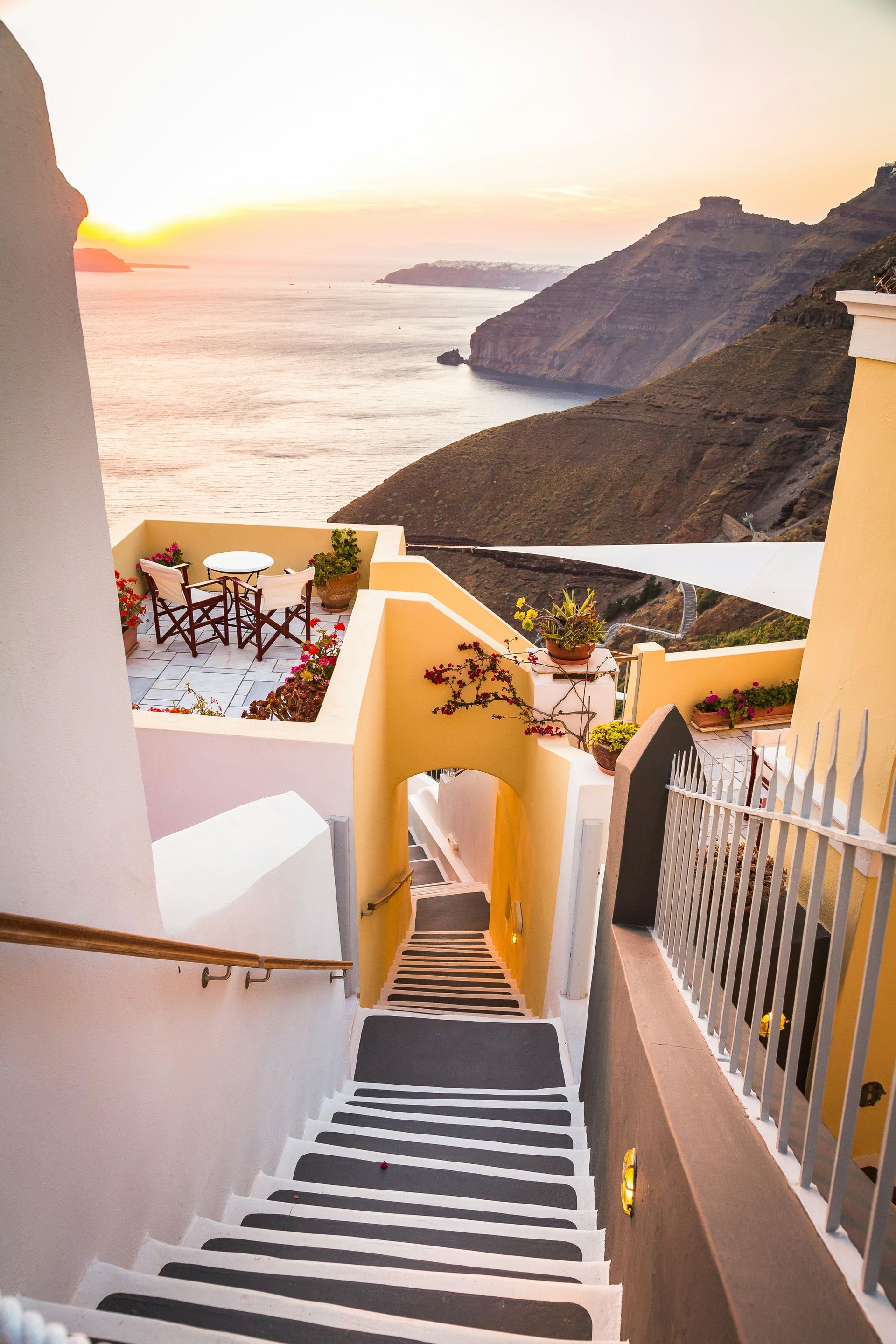
Slide title
Santorini
Button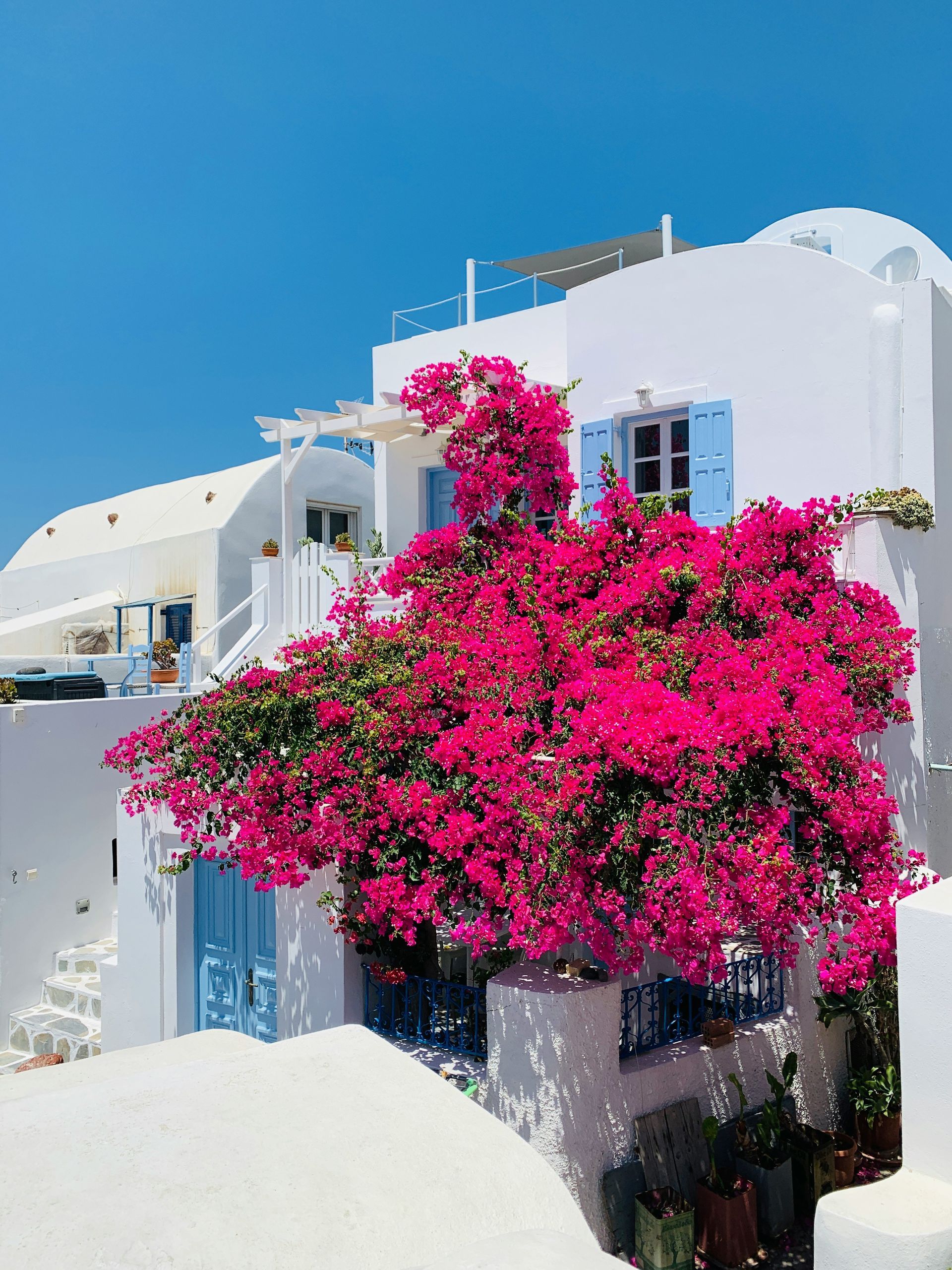
Slide title
Santorini
Button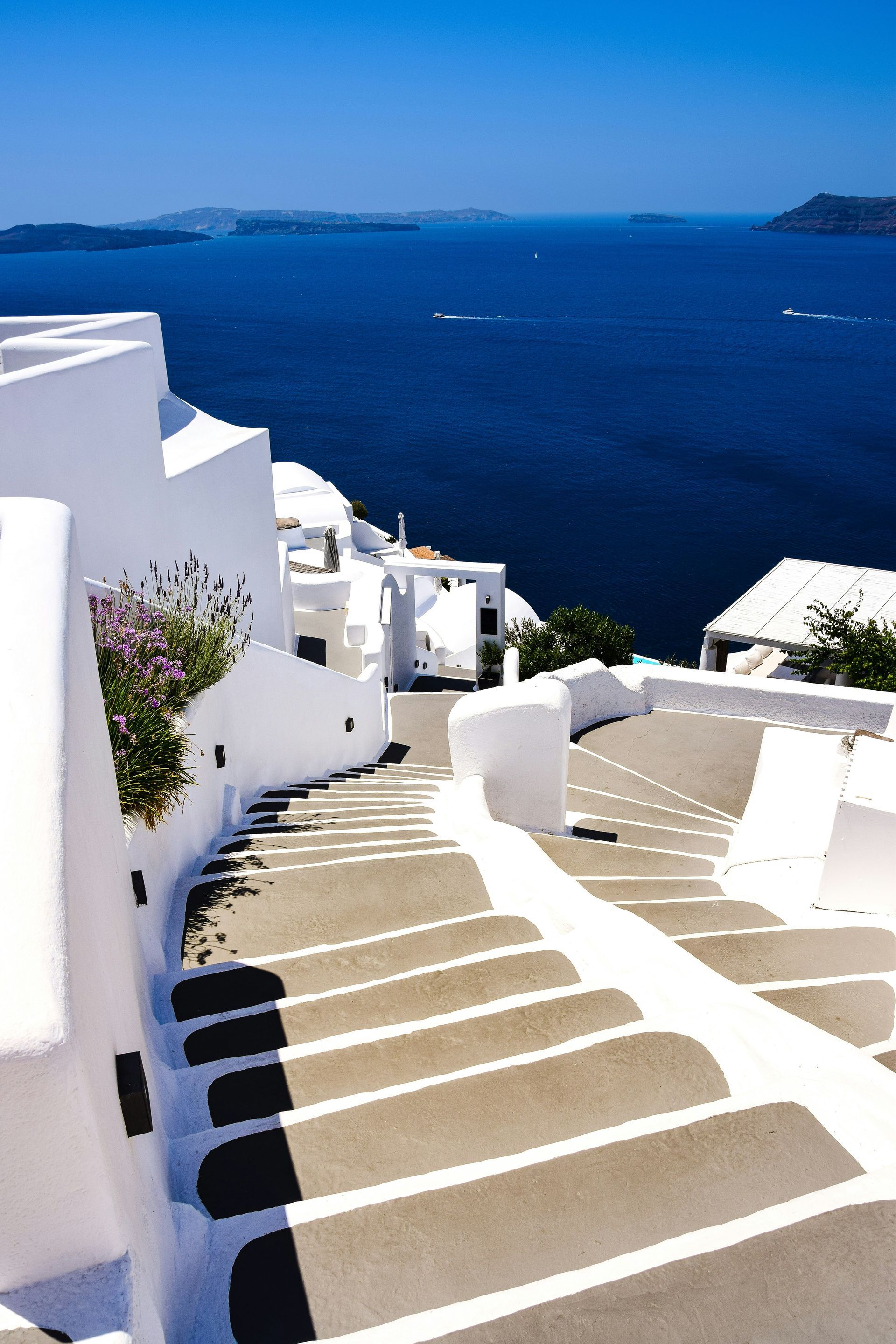
Slide title
Santorini
Button

Slide title
Mykonos
Button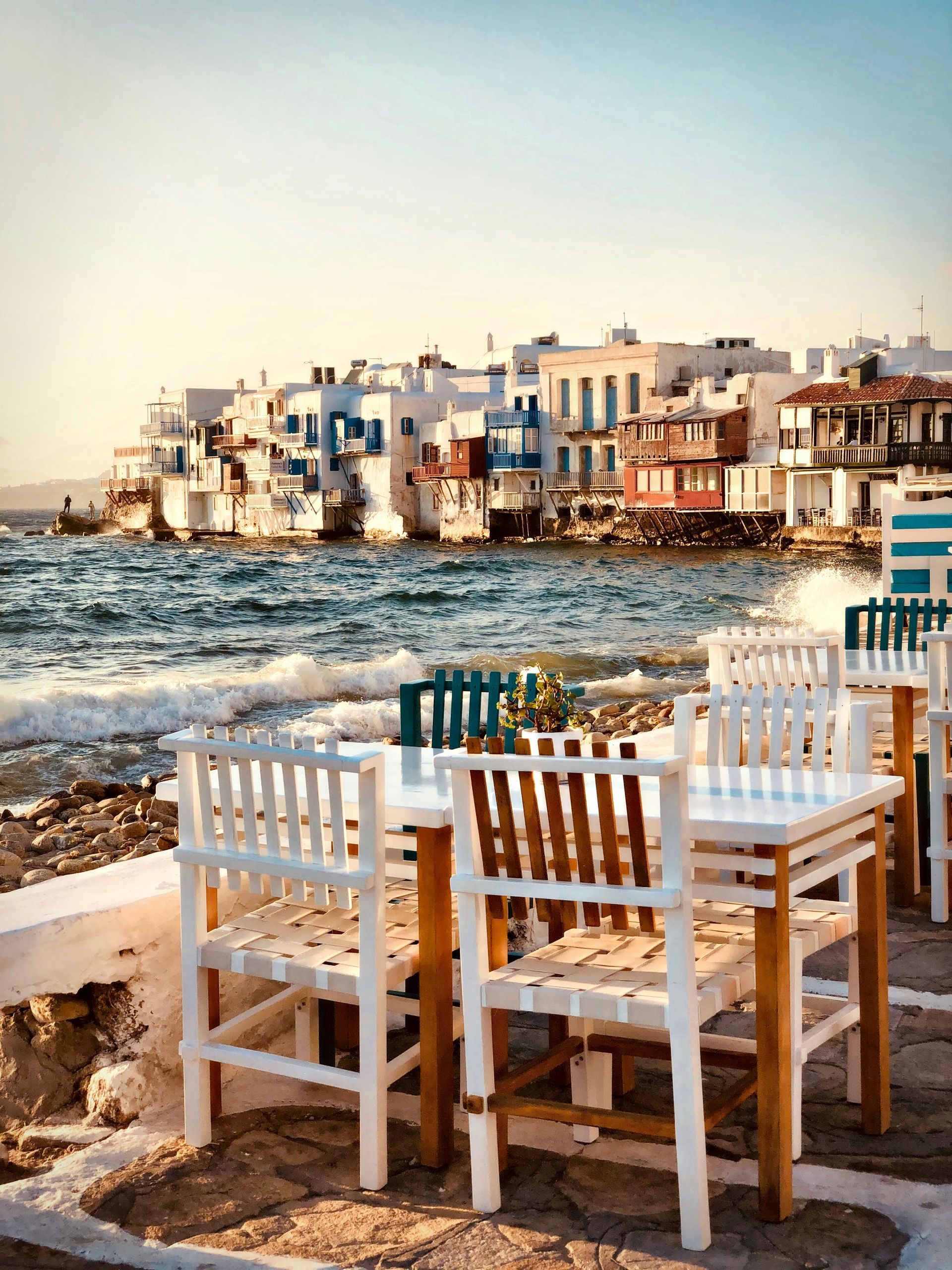
Slide title
Mykonos
Button
Slide title
Mykonos
Button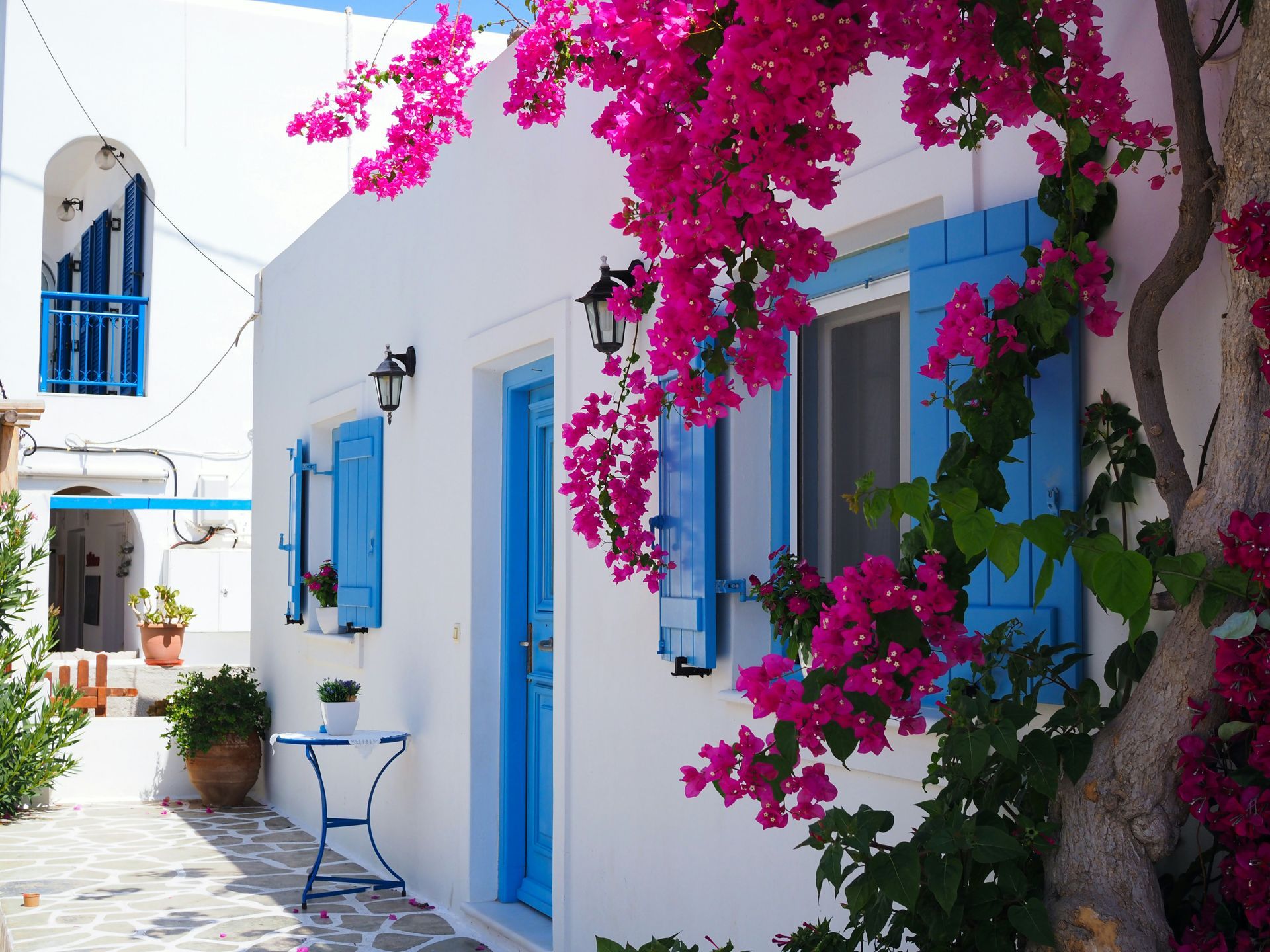
Slide title
Mykonos
Button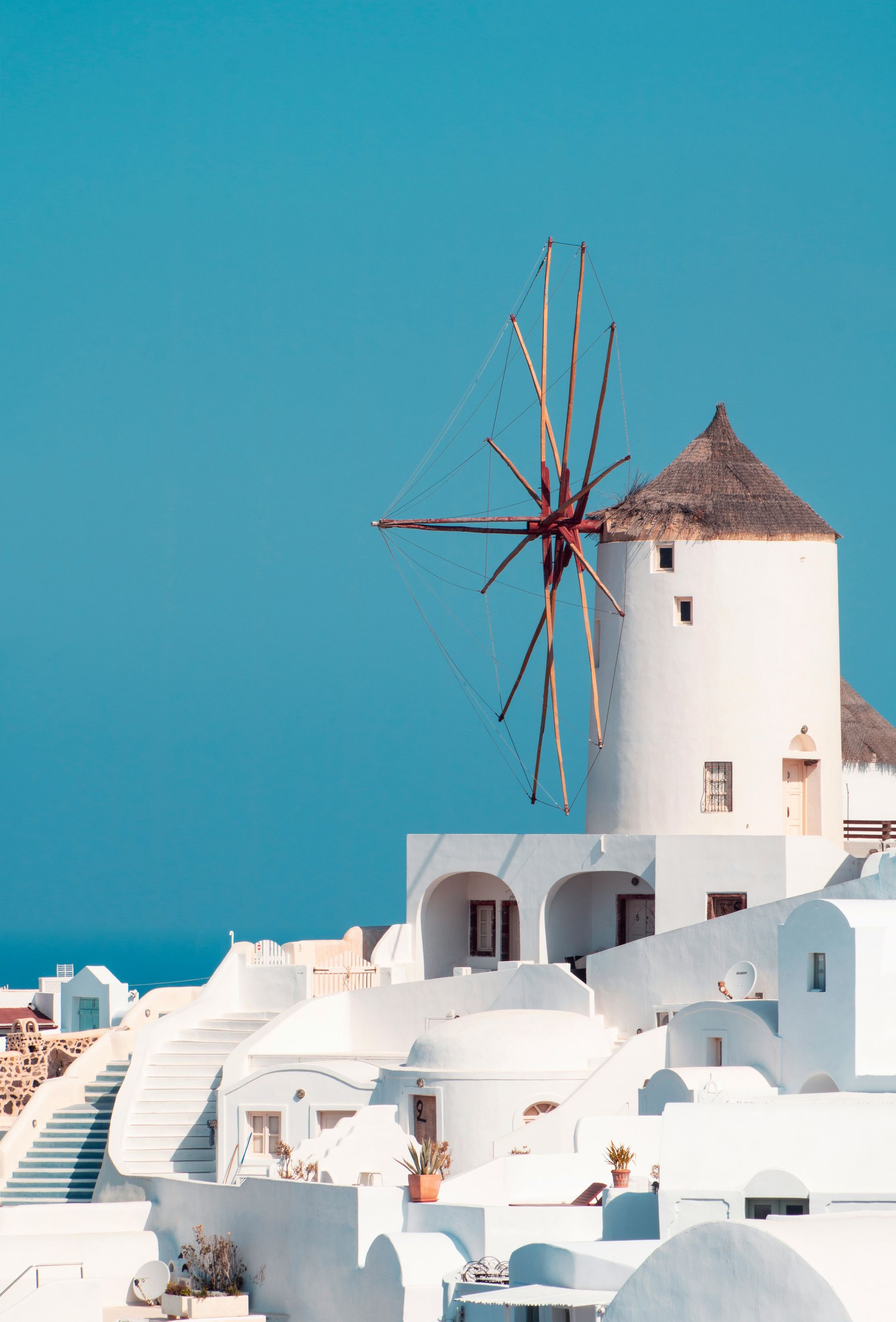
Slide title
Mykonos
Button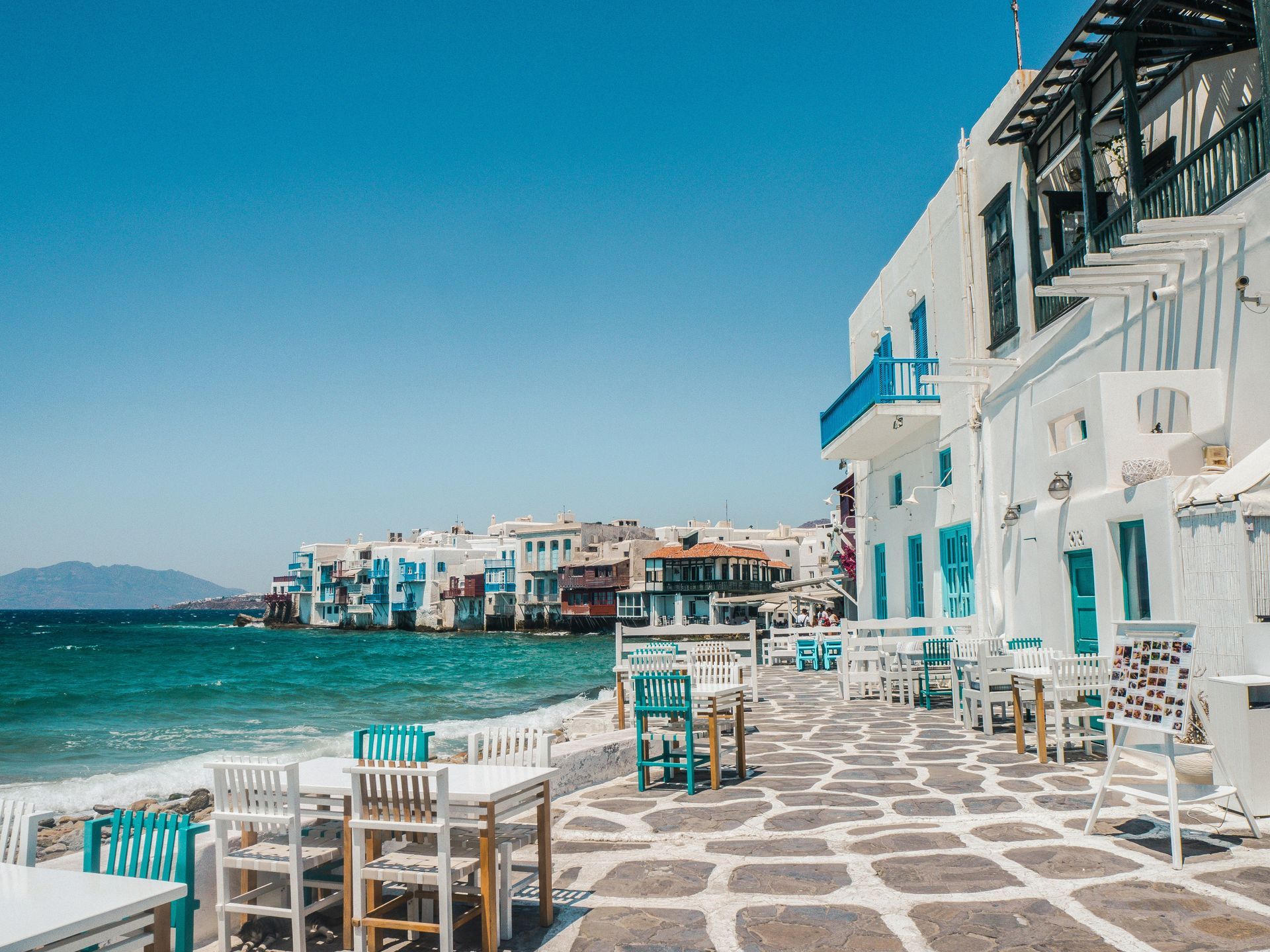
Slide title
Write your caption hereButton
Slide title
Mykonos
Button
Slide title
Mykonos
Button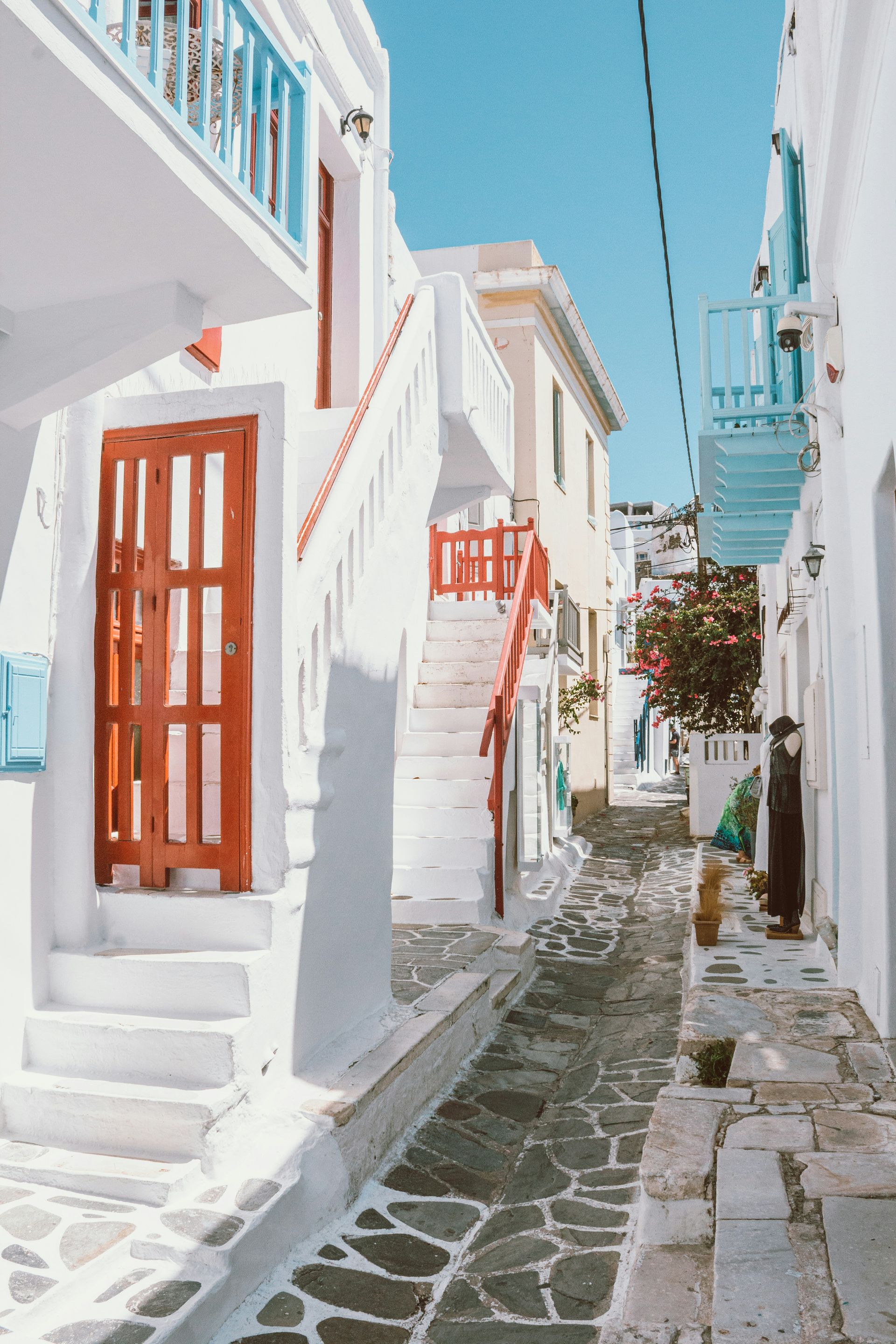
Slide title
Mykonos
Button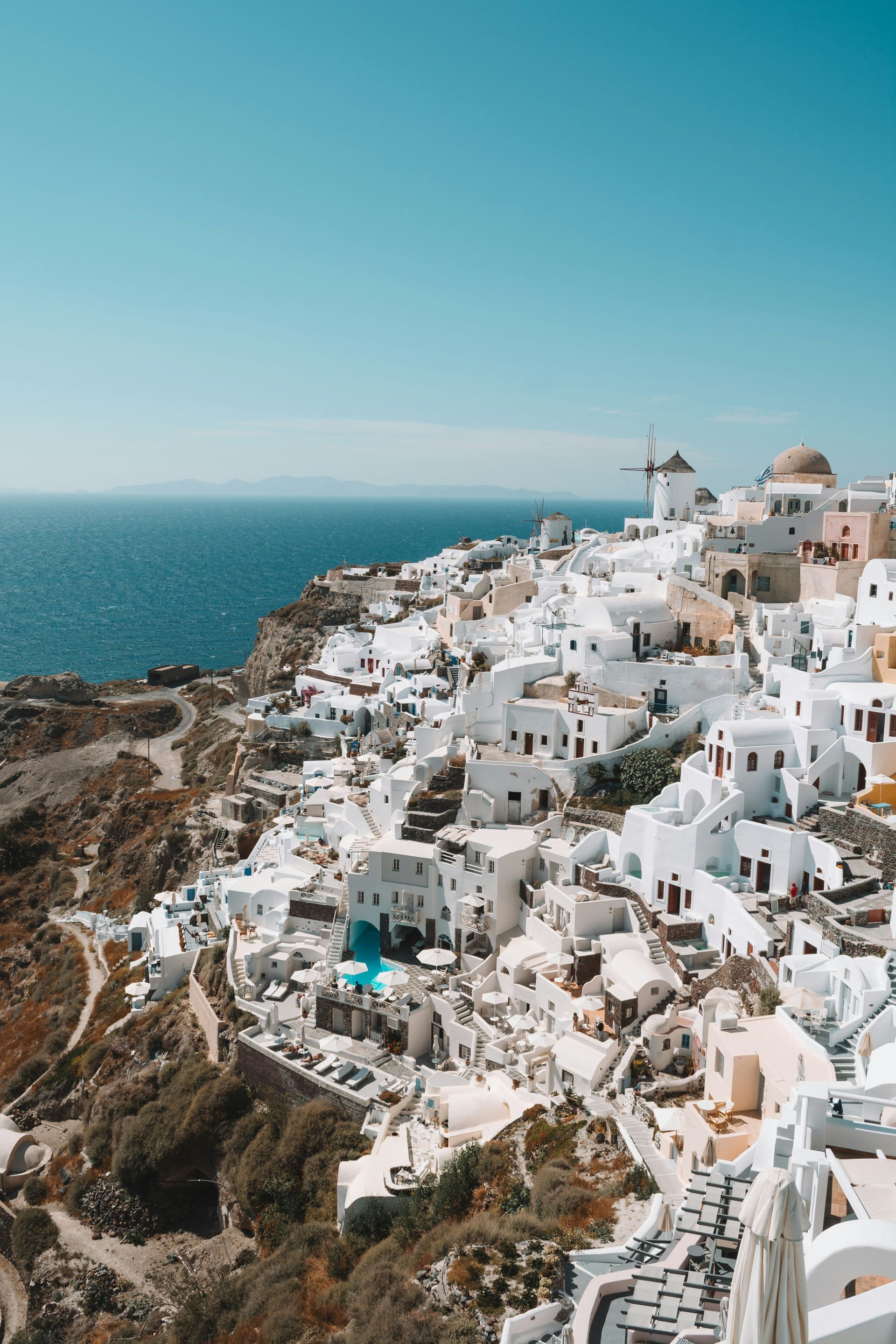
Slide title
Mykonos
Button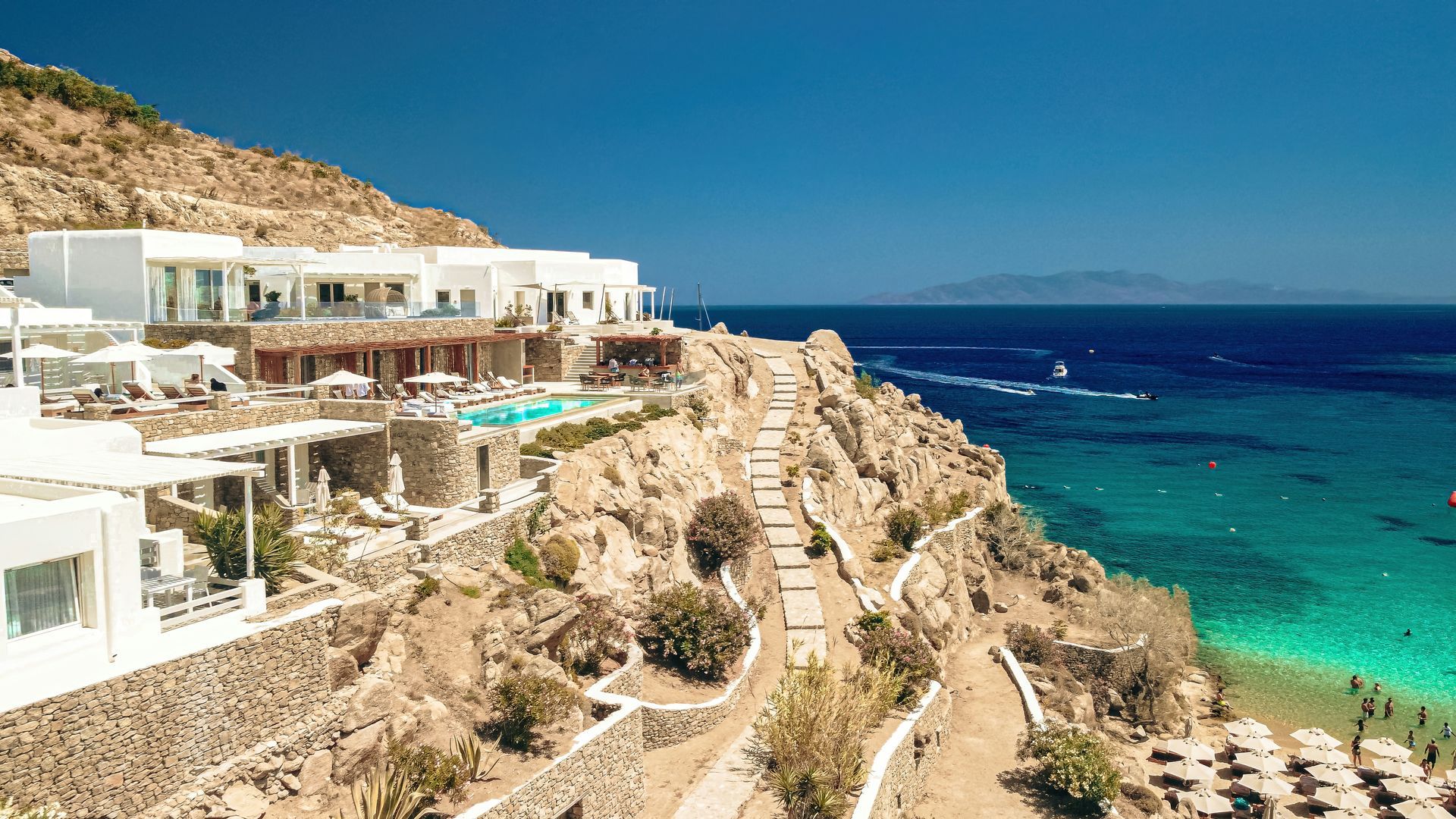
Slide title
Mykonos
Button
Slide title
Mykonos
Button

Slide title
Skopelos
Button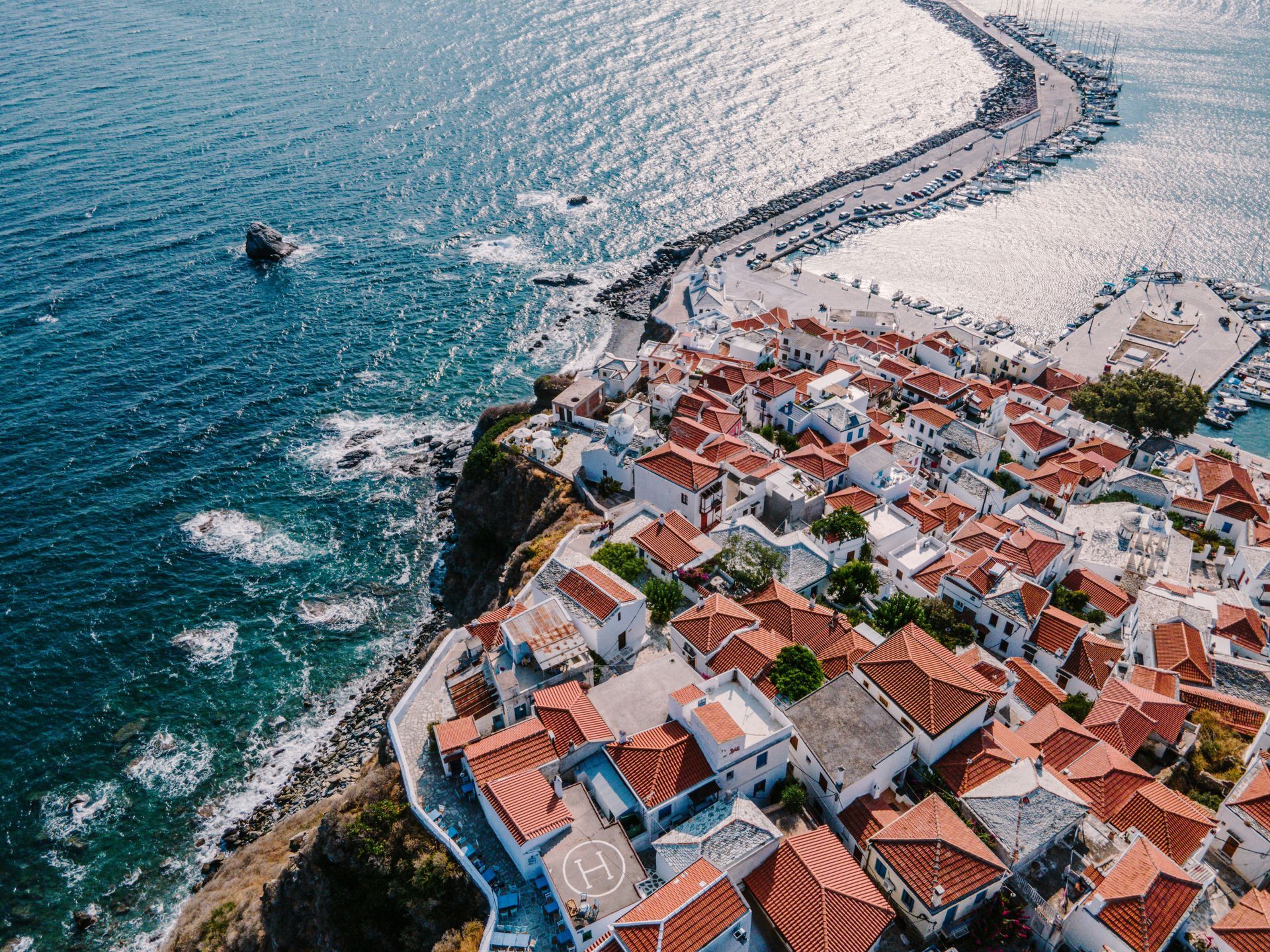
Slide title
Skopelos
Button
Slide title
Skopelos
Button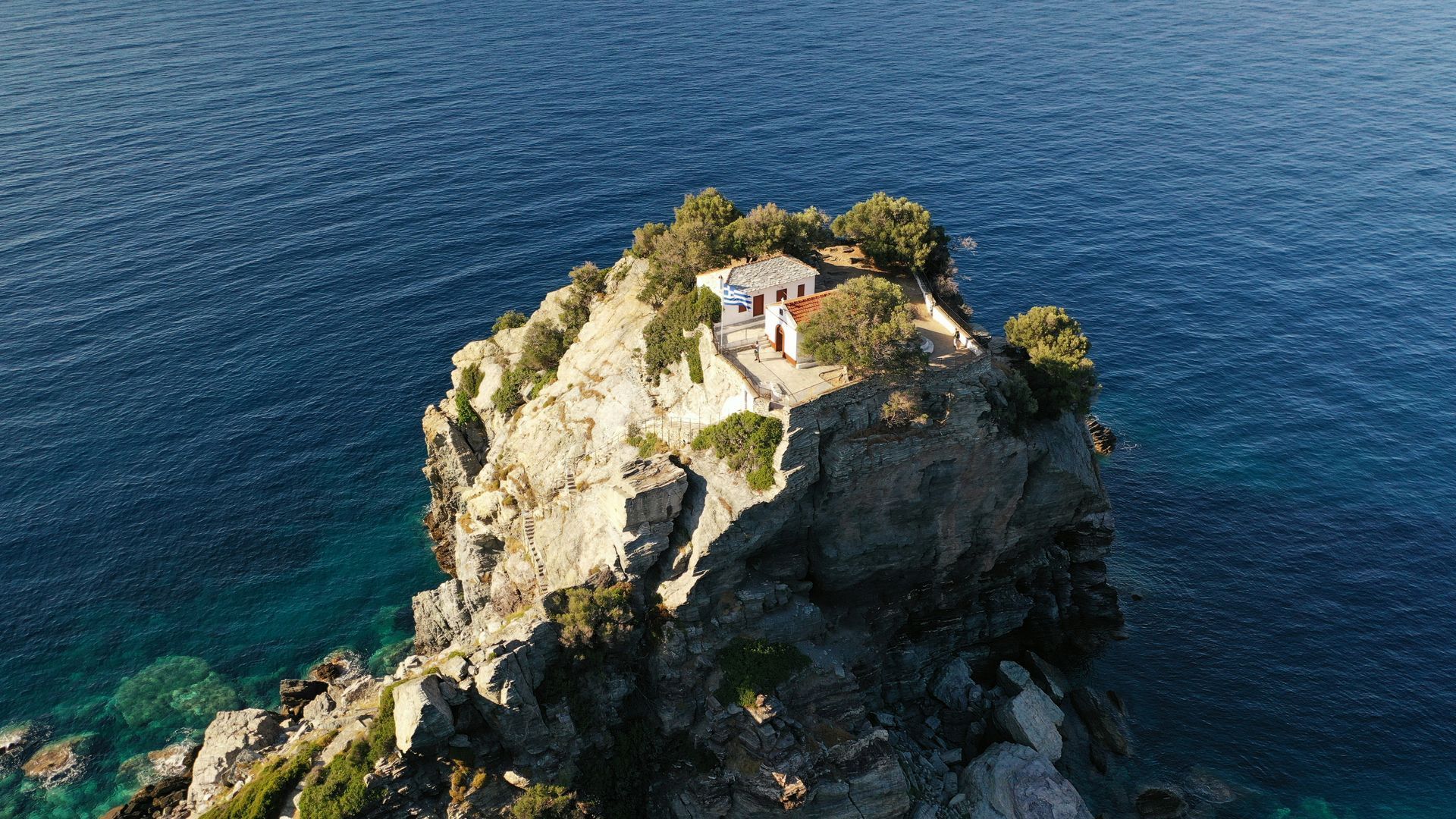
Slide title
Skopelos
Button
Slide title
Skopelos
Button
Slide title
Skopelos
Button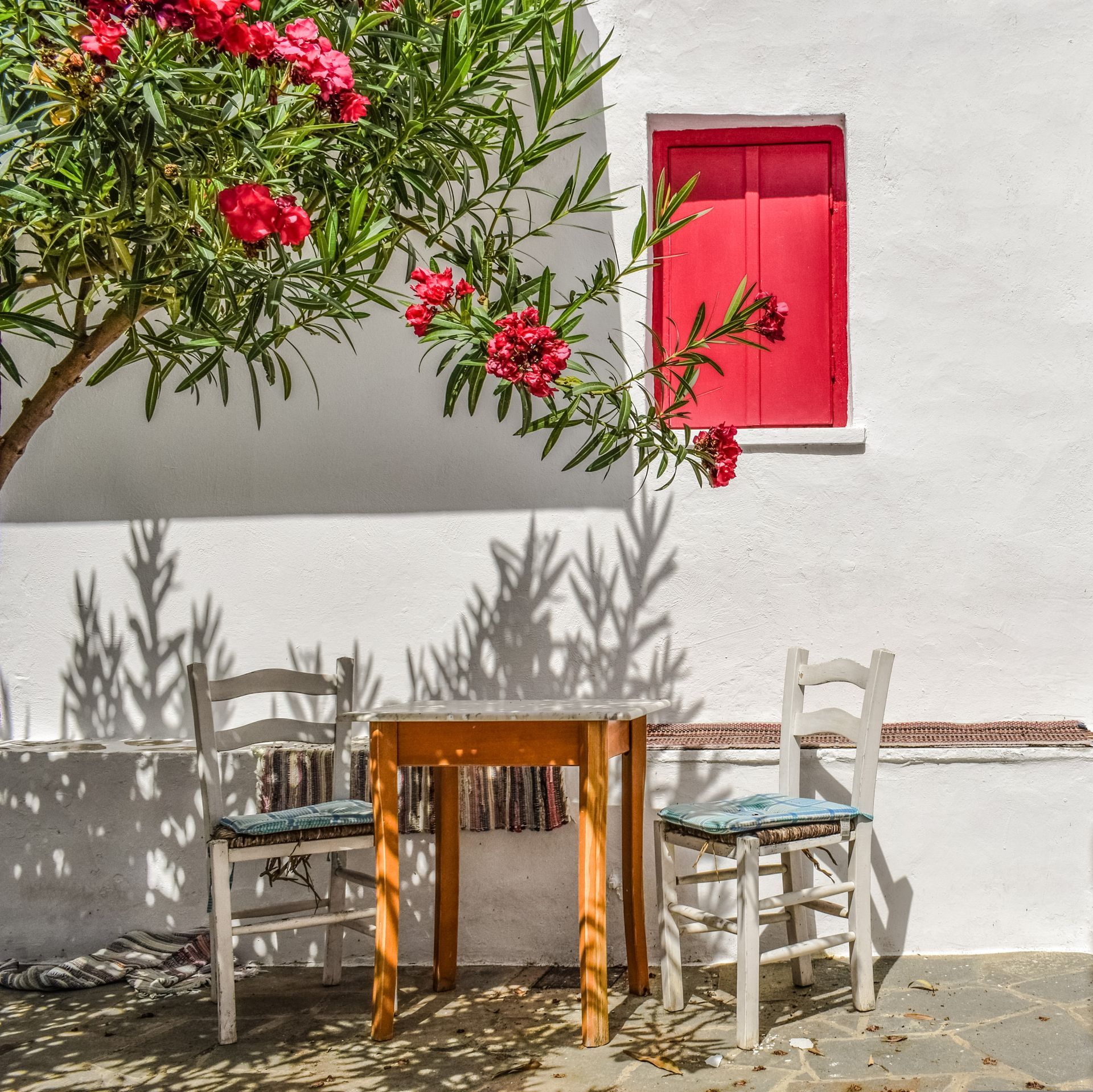
Slide title
Skopelos
Button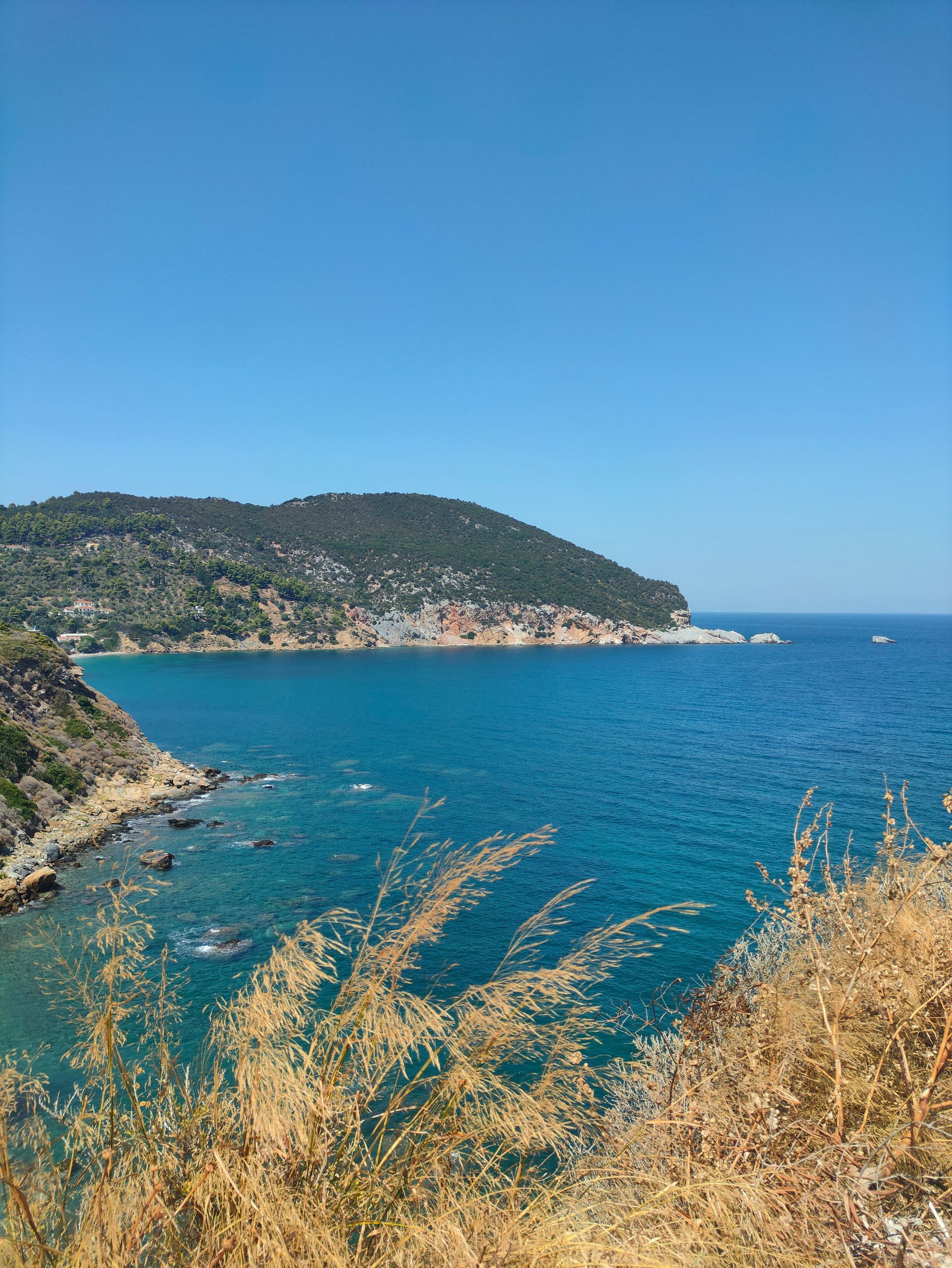
Slide title
Skopelos
Button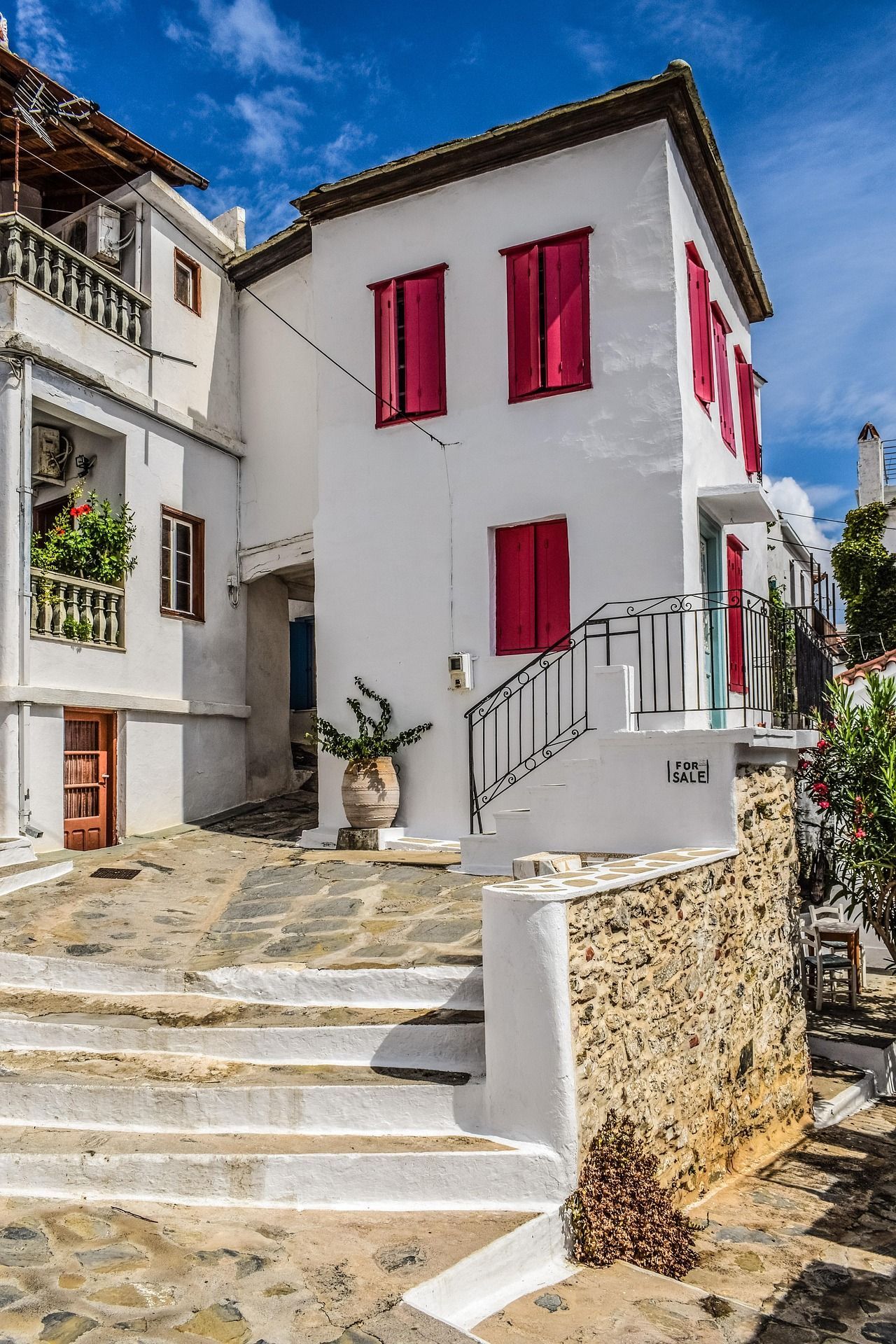
Slide title
Skopelos
Button
Featured Destinations
The Mainland

Slide title
Athens
Button
Slide title
Athens
Button
Slide title
Athens
Button
Slide title
Athens
Button
Slide title
Athens
Button
Slide title
Athens
Button
Slide title
Athens
Button
Slide title
Athens
Button
Slide title
Athens
Button
Slide title
Athens
Button
Slide title
Athens
Button
Slide title
Athens
Button

Slide title
Parga
Button
Slide title
Parga
Button
Slide title
Parga
Button
Slide title
Parga
Button
Slide title
Parga
Button
Slide title
Parga
Button
Slide title
Parga
Button
Slide title
Parga
Button
Slide title
Parga
Button
Slide title
Parga
Button

Slide title
Peloponnese
Button
Slide title
Peloponnese
Button
Slide title
Peloponnese
Button
Slide title
Peloponnese
Button
Slide title
Peloponnese
Button
Slide title
Peloponnese
Button
Slide title
Peloponnese
Button
Slide title
Peloponnese
Button

Slide title
Kalabaka
Button
Slide title
Kalabaka
Button
Slide title
Kalabaka
Button
Slide title
Kalabaka
Button
Slide title
Kalabaka
Button
Slide title
Kalabaka
Button
Slide title
Kalabaka
Button
Slide title
Kalabaka
Button
Slide title
Kalabaka
Button
The Islands

Slide title
Corfu
Button
Slide title
Corfu
Button
Slide title
Corfu
Button
Slide title
Corfu
Button
Slide title
Corfu
Button
Slide title
Corfu
Button
Slide title
Corfu
Button
Slide title
Corfu
Button

Slide title
Zakynthos
Button
Slide title
Zakynthos
Button
Slide title
Zakynthos
Button
Slide title
Zakynthos
Button
Slide title
Zakynthos
Button
Slide title
Zakynthos
Button
Slide title
Zakynthos
Button
Slide title
Zakynthos
Button
Slide title
Zakynthos
Button

Slide title
Paros
Button
Slide title
Paros
Button
Slide title
Paros
Button
Slide title
Paros
Button
Slide title
Paros
Button
Slide title
Paros
Button
Slide title
Paros
Button
Slide title
Paros
Button
Slide title
Paros
Button

Slide title
Milos
Button
Slide title
Milos
Button
Slide title
Milos
Button
Slide title
Milos
Button
Slide title
Milos
Button
Slide title
Milos
Button
Slide title
Milos
Button
Slide title
Milos
Button
Slide title
Milos
Button

Slide title
Crete
Button
Slide title
Crete
Button
Slide title
Crete
Button
Slide title
Crete
Button
Slide title
Crete
Button
Slide title
Crete
Button
Slide title
Crete
Button

Slide title
Santorini
Button
Slide title
Santorini
Button
Slide title
Santorini
Button
Slide title
Santorini
Button
Slide title
Santorini
Button
Slide title
Santorini
Button
Slide title
Santorini
Button
Slide title
Santorini
Button

Slide title
Mykonos
Button
Slide title
Mykonos
Button
Slide title
Mykonos
Button
Slide title
Mykonos
Button
Slide title
Mykonos
Button
Slide title
Write your caption hereButton
Slide title
Mykonos
Button
Slide title
Mykonos
Button
Slide title
Mykonos
Button
Slide title
Mykonos
Button
Slide title
Mykonos
Button
Slide title
Mykonos
Button

Slide title
Skopelos
Button
Slide title
Skopelos
Button
Slide title
Skopelos
Button
Slide title
Skopelos
Button
Slide title
Skopelos
Button
Slide title
Skopelos
Button
Slide title
Skopelos
Button
Slide title
Skopelos
Button
Slide title
Skopelos
Button
The Story of Ancient Greece
Ancient Greece is often considered the cradle of Western civilization, with a history that dates back to the Bronze Age around 3000 BCE. It reached its peak during the Classical period (5th–4th centuries BCE), when city-states like Athens and Sparta flourished. Athens became a center of art, philosophy, and democracy, home to influential thinkers such as Socrates, Plato, and Aristotle. The Greeks made lasting contributions to literature, drama, mathematics, and science, while also developing architectural marvels like the Parthenon. Greek religion centered on a pantheon of gods and goddesses, whose myths and legends continue to shape modern storytelling. The Olympic Games, first held in Olympia in 776 BCE, were a celebration of athleticism and unity among the Greek city-states. Although often divided politically, the Greeks shared a common language and culture that endured through centuries of conflict, including the Persian and Peloponnesian Wars. Later, under the conquests of Alexander the Great in the 4th century BCE, Greek culture spread across Egypt, Persia, and into India, blending with local traditions in what became known as the Hellenistic period. This enduring legacy continues to influence philosophy, politics, and the arts to this day.
Traditional Dishes
-
Moussaka
Moussaka is a classic Greek comfort dish made with layers of tender eggplant, spiced ground meat—typically lamb or beef—and a rich, creamy béchamel sauce baked to golden perfection. Often compared to a Mediterranean lasagna, this hearty meal is flavored with warm spices like cinnamon and nutmeg, giving it a distinctly Greek character. Moussaka is a beloved staple in Greek households and tavernas, offering a delicious taste of traditional Greek cooking.
-
Tzatziki
Tzatziki is a refreshing Greek dip made from full-fat strained yogurt, finely grated cucumber, minced garlic, extra virgin olive oil, and a touch of vinegar or lemon juice for tang. Fresh dill is commonly added for its distinct herbal flavor, though some regional variations use mint. The cucumber is typically salted and drained to remove excess moisture, ensuring a thick, smooth texture. Served chilled, traditional tzatziki is a classic accompaniment to grilled meats like souvlaki or gyros, and is often enjoyed with warm pita or as part of a meze spread.
-
Dolmadakia
Dolmadakia are tender grape leaves wrapped around a savory mixture of rice, fresh herbs like dill, mint, and parsley, along with finely chopped onions and a touch of olive oil. Often served as part of a meze platter, these flavorful rolls are typically enjoyed cold and finished with a drizzle of lemon juice for a bright, tangy accent. Some variations include ground meat, but the vegetarian version remains a favorite throughout Greece for its fresh, aromatic taste and simplicity.
-
Spanakopita
Spanakopita is a savory Greek pie made with flaky layers of phyllo dough filled with a delicious mixture of spinach, feta cheese, onions or leeks, and fresh herbs such as dill and parsley. Baked until golden and crisp, it’s enjoyed as a snack, appetizer, or light meal. The contrast of the buttery, crunchy phyllo with the creamy, herbed filling makes spanakopita a beloved staple in Greek homes and bakeries alike.
-
Saganaki
Saganaki is a popular Greek appetizer made by pan-frying a firm cheese—such as kefalotyri or graviera—until it forms a crispy, golden crust while remaining soft and melty inside. Often served sizzling hot straight from the pan, it’s typically finished with a squeeze of fresh lemon juice to balance the richness of the cheese. Saganaki is simple yet indulgent, offering a deliciously salty, tangy bite that pairs perfectly with bread or as part of a meze spread.
Traditional Dishes
-
Moussaka
Moussaka is a classic Greek comfort dish made with layers of tender eggplant, spiced ground meat—typically lamb or beef—and a rich, creamy béchamel sauce baked to golden perfection. Often compared to a Mediterranean lasagna, this hearty meal is flavored with warm spices like cinnamon and nutmeg, giving it a distinctly Greek character. Moussaka is a beloved staple in Greek households and tavernas, offering a delicious taste of traditional Greek cooking.
-
Tzatziki
Tzatziki is a refreshing Greek dip made from full-fat strained yogurt, finely grated cucumber, minced garlic, extra virgin olive oil, and a touch of vinegar or lemon juice for tang. Fresh dill is commonly added for its distinct herbal flavor, though some regional variations use mint. The cucumber is typically salted and drained to remove excess moisture, ensuring a thick, smooth texture. Served chilled, traditional tzatziki is a classic accompaniment to grilled meats like souvlaki or gyros, and is often enjoyed with warm pita or as part of a meze spread.
-
Dolmadakia
Dolmadakia are tender grape leaves wrapped around a savory mixture of rice, fresh herbs like dill, mint, and parsley, along with finely chopped onions and a touch of olive oil. Often served as part of a meze platter, these flavorful rolls are typically enjoyed cold and finished with a drizzle of lemon juice for a bright, tangy accent. Some variations include ground meat, but the vegetarian version remains a favorite throughout Greece for its fresh, aromatic taste and simplicity.
-
Spanakopita
Spanakopita is a savory Greek pie made with flaky layers of phyllo dough filled with a delicious mixture of spinach, feta cheese, onions or leeks, and fresh herbs such as dill and parsley. Baked until golden and crisp, it’s enjoyed as a snack, appetizer, or light meal. The contrast of the buttery, crunchy phyllo with the creamy, herbed filling makes spanakopita a beloved staple in Greek homes and bakeries alike.
-
Saganaki
Saganaki is a popular Greek appetizer made by pan-frying a firm cheese—such as kefalotyri or graviera—until it forms a crispy, golden crust while remaining soft and melty inside. Often served sizzling hot straight from the pan, it’s typically finished with a squeeze of fresh lemon juice to balance the richness of the cheese. Saganaki is simple yet indulgent, offering a deliciously salty, tangy bite that pairs perfectly with bread or as part of a meze spread.
Love this destination?
Have Viking Travel book your next getaway!


